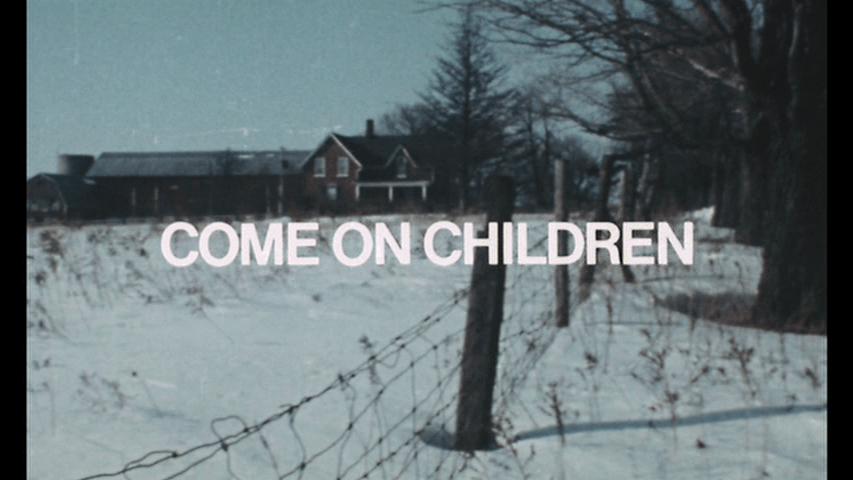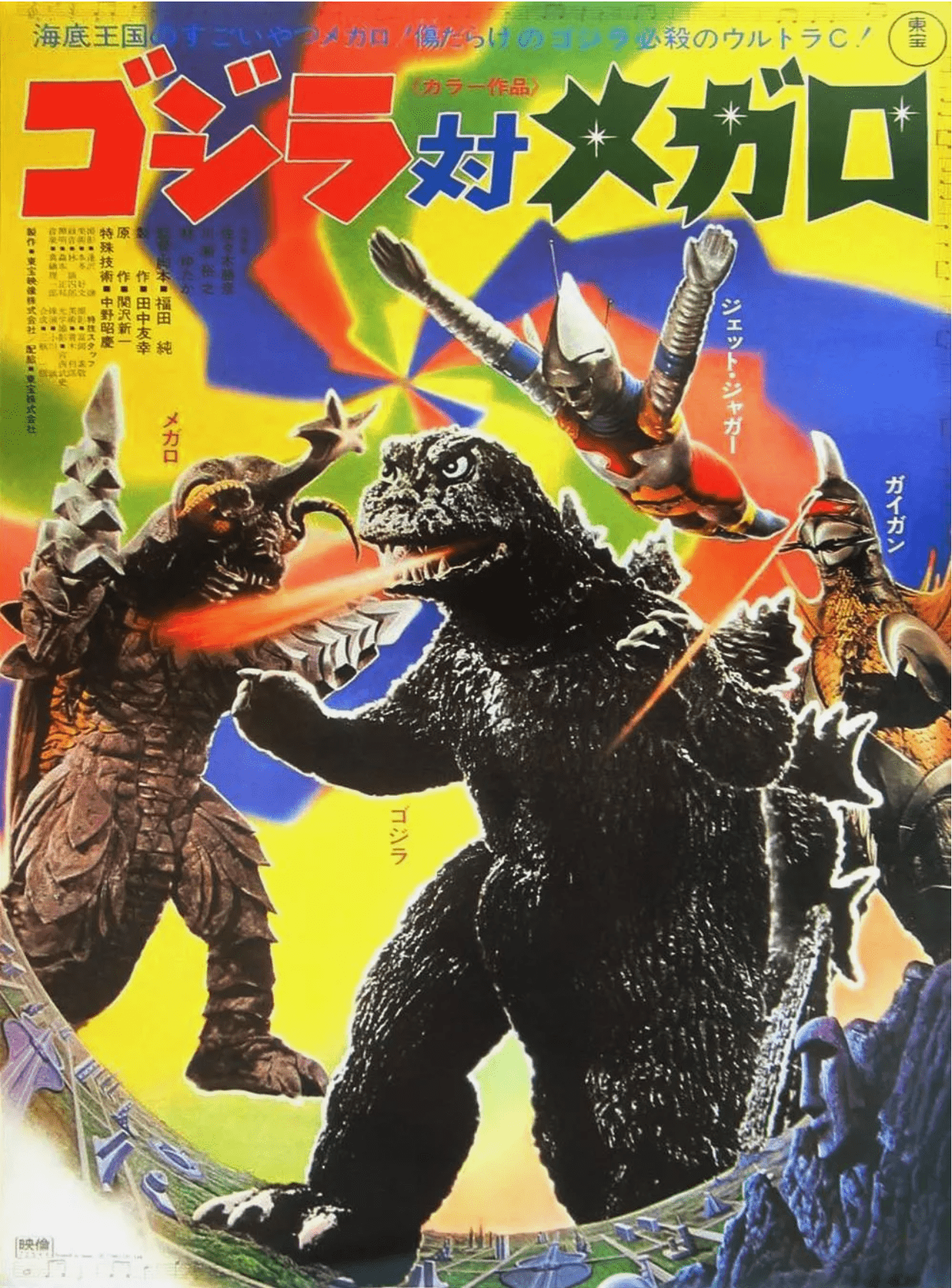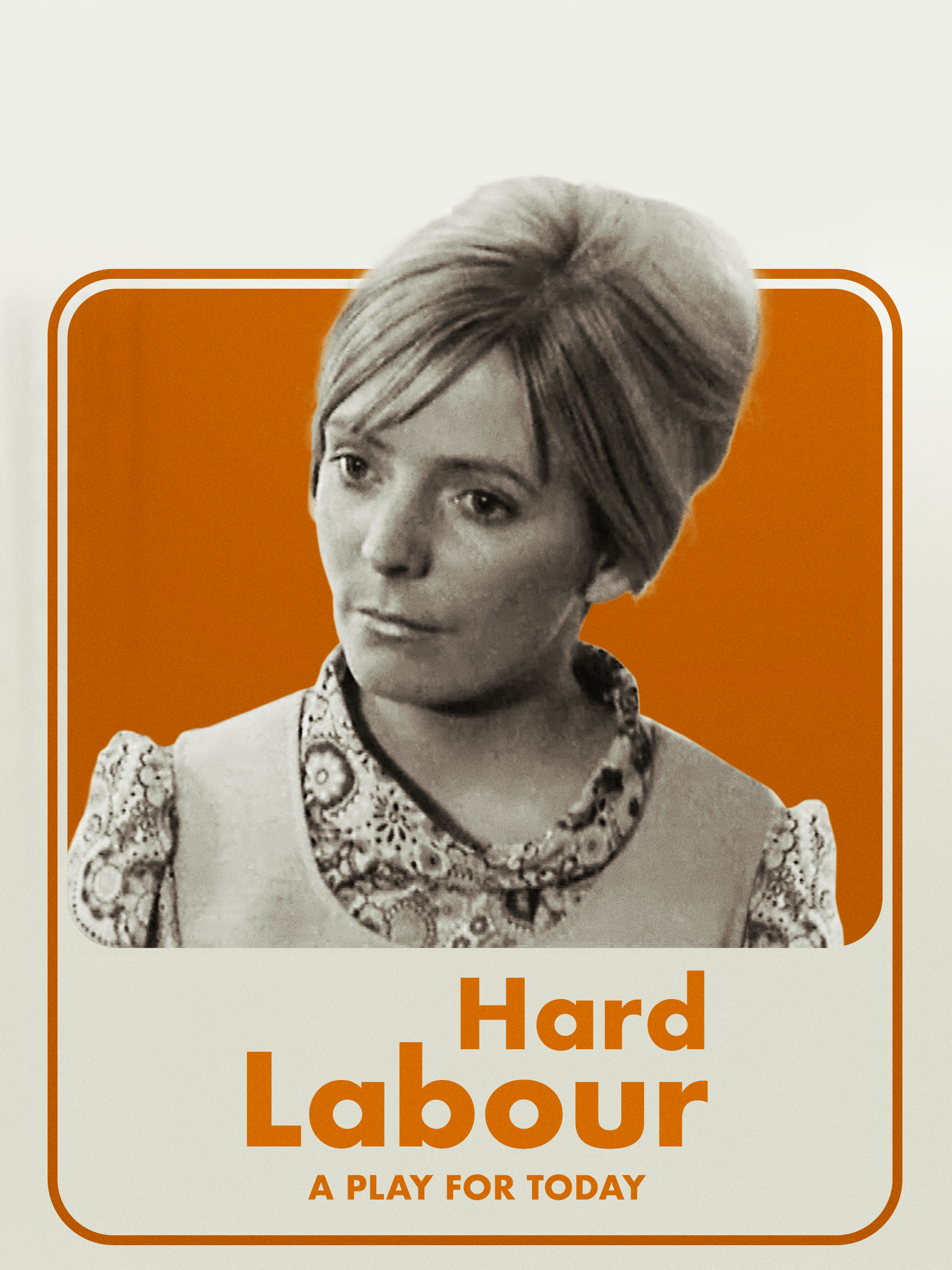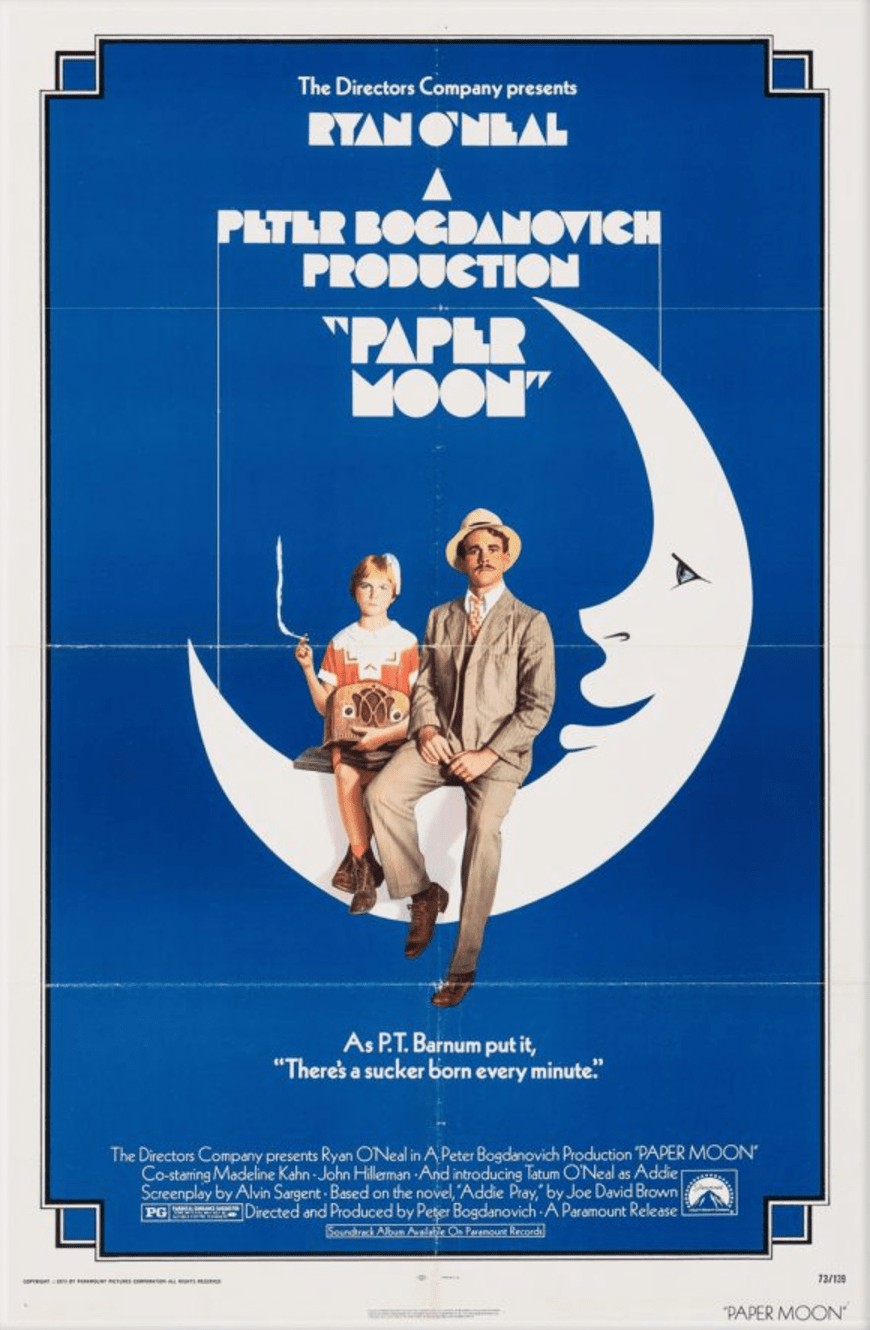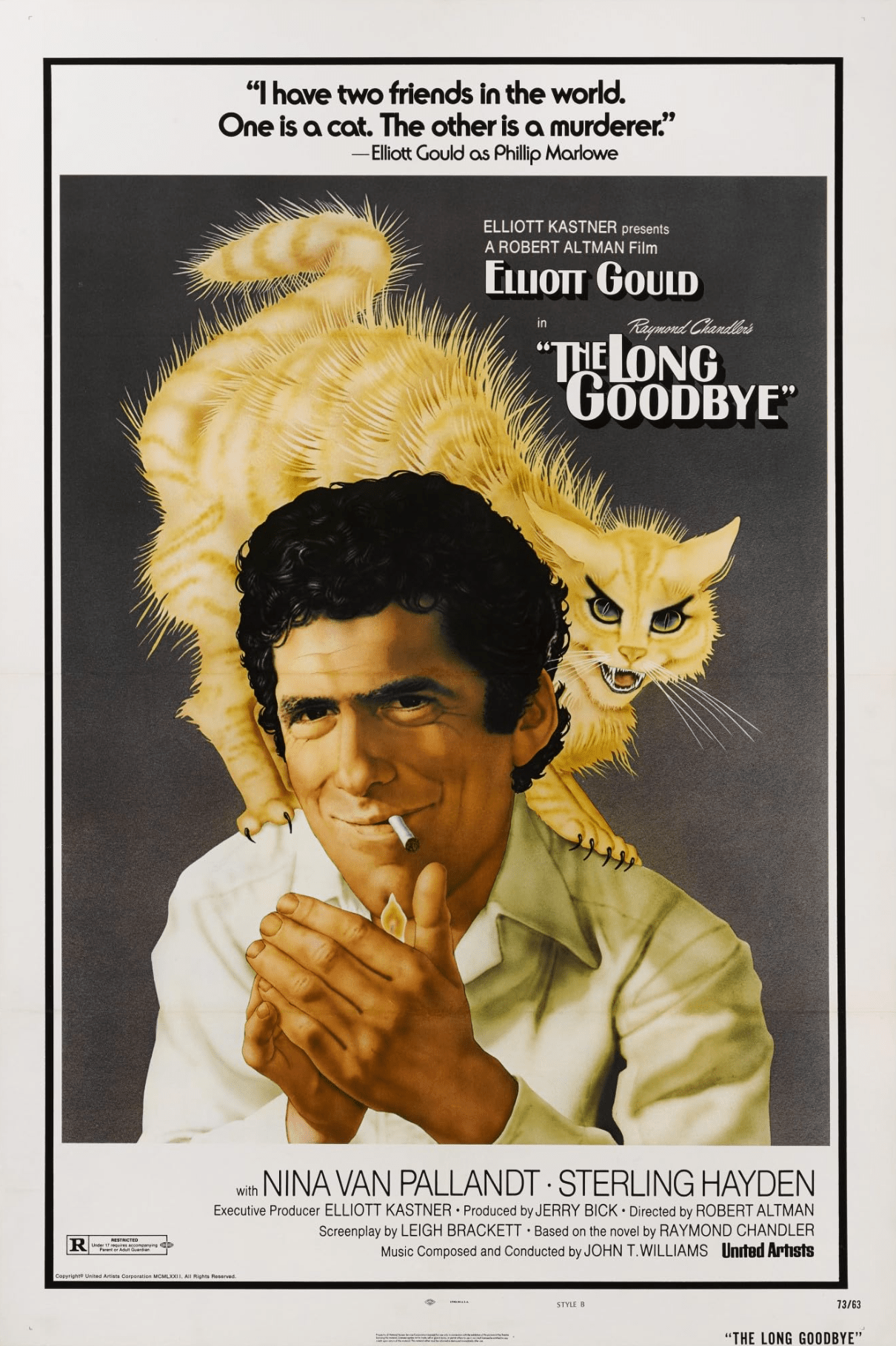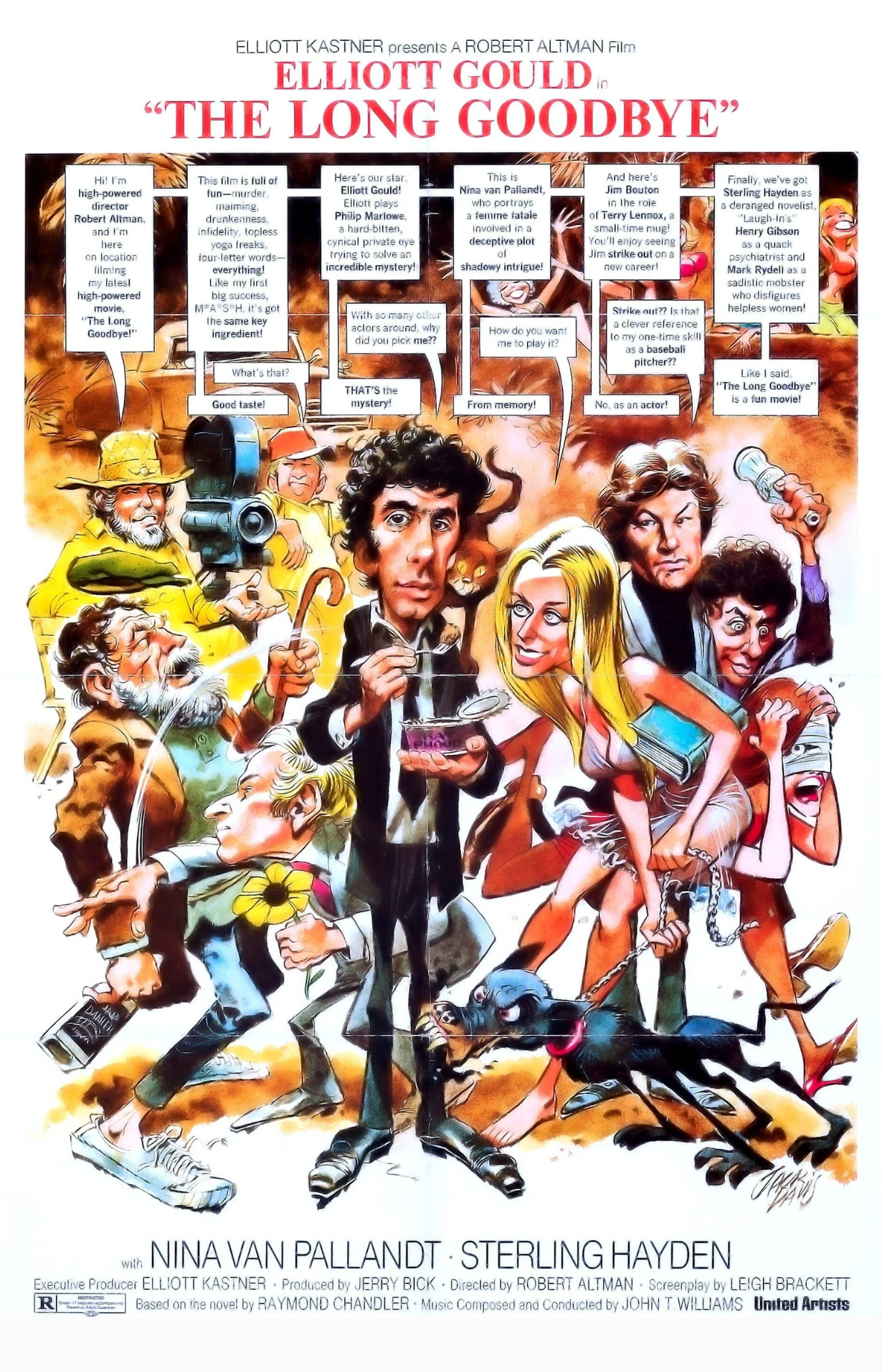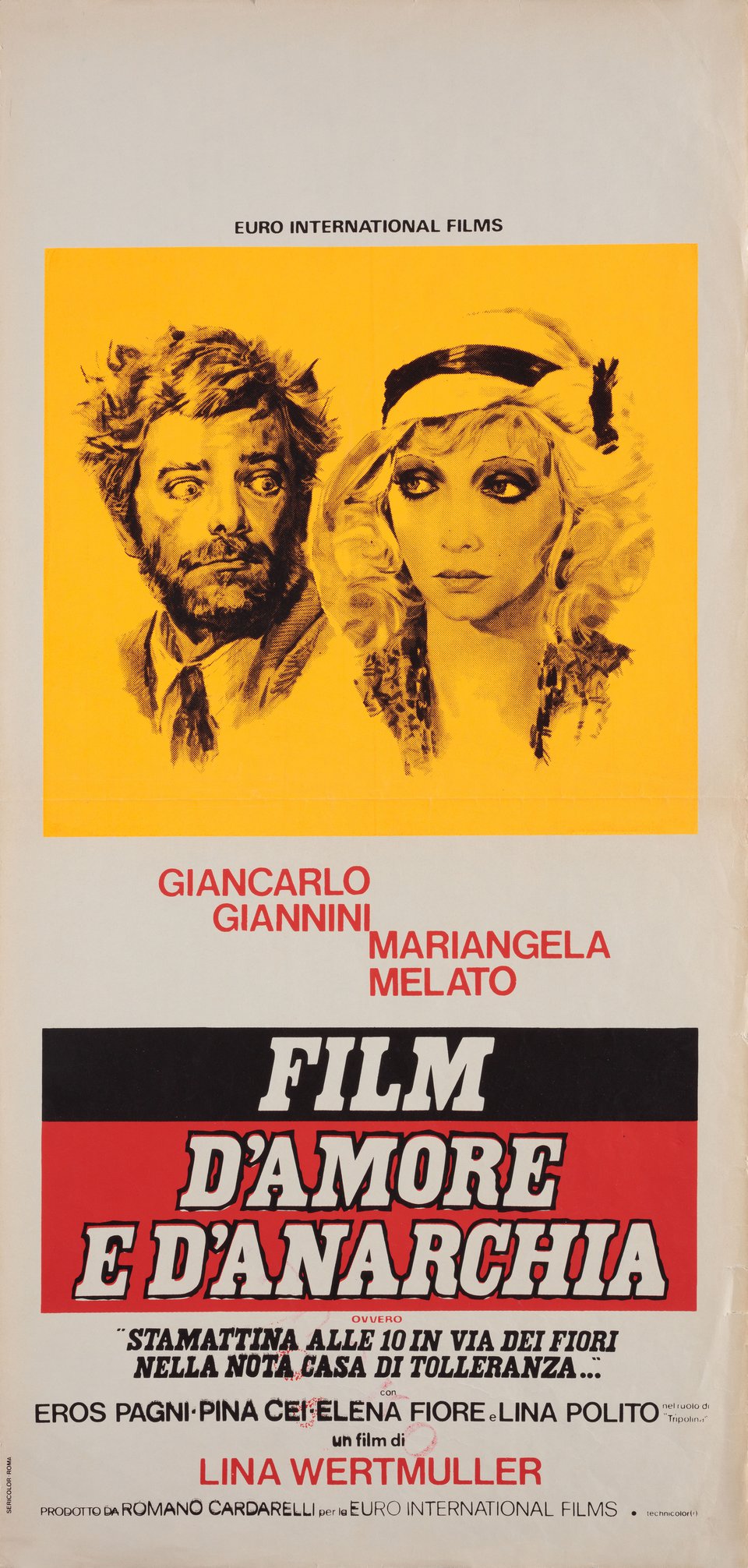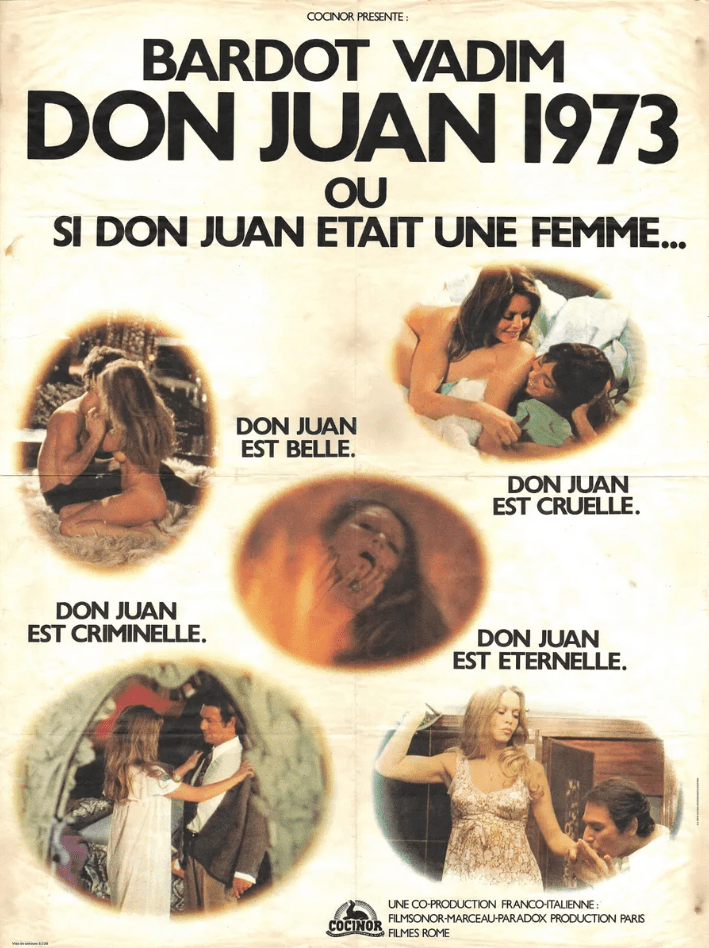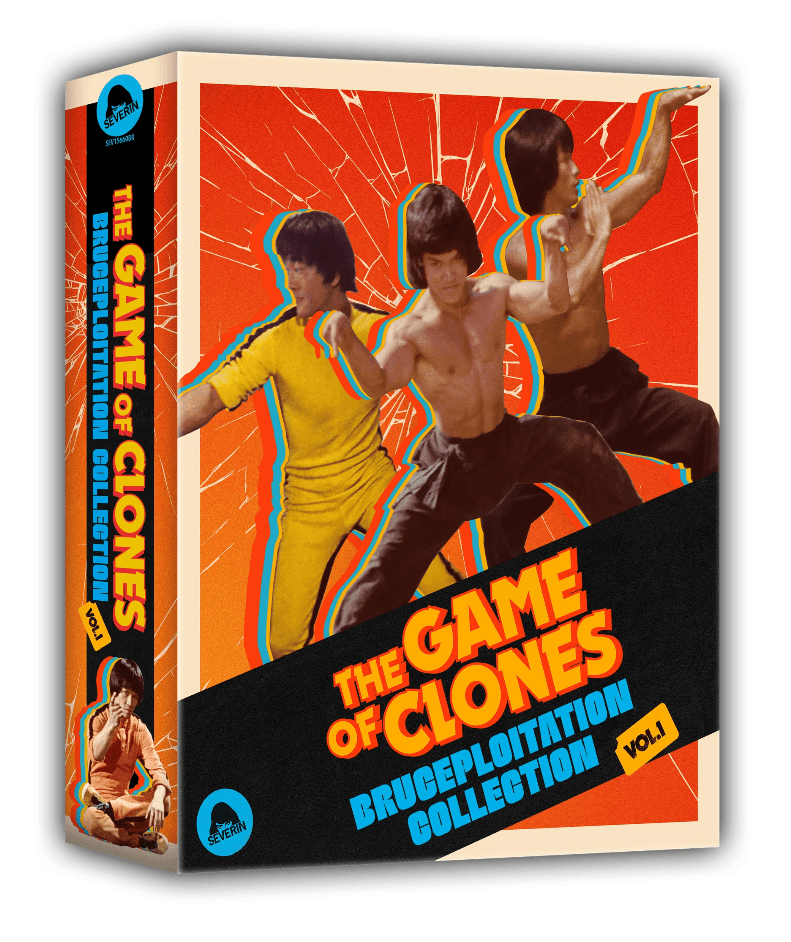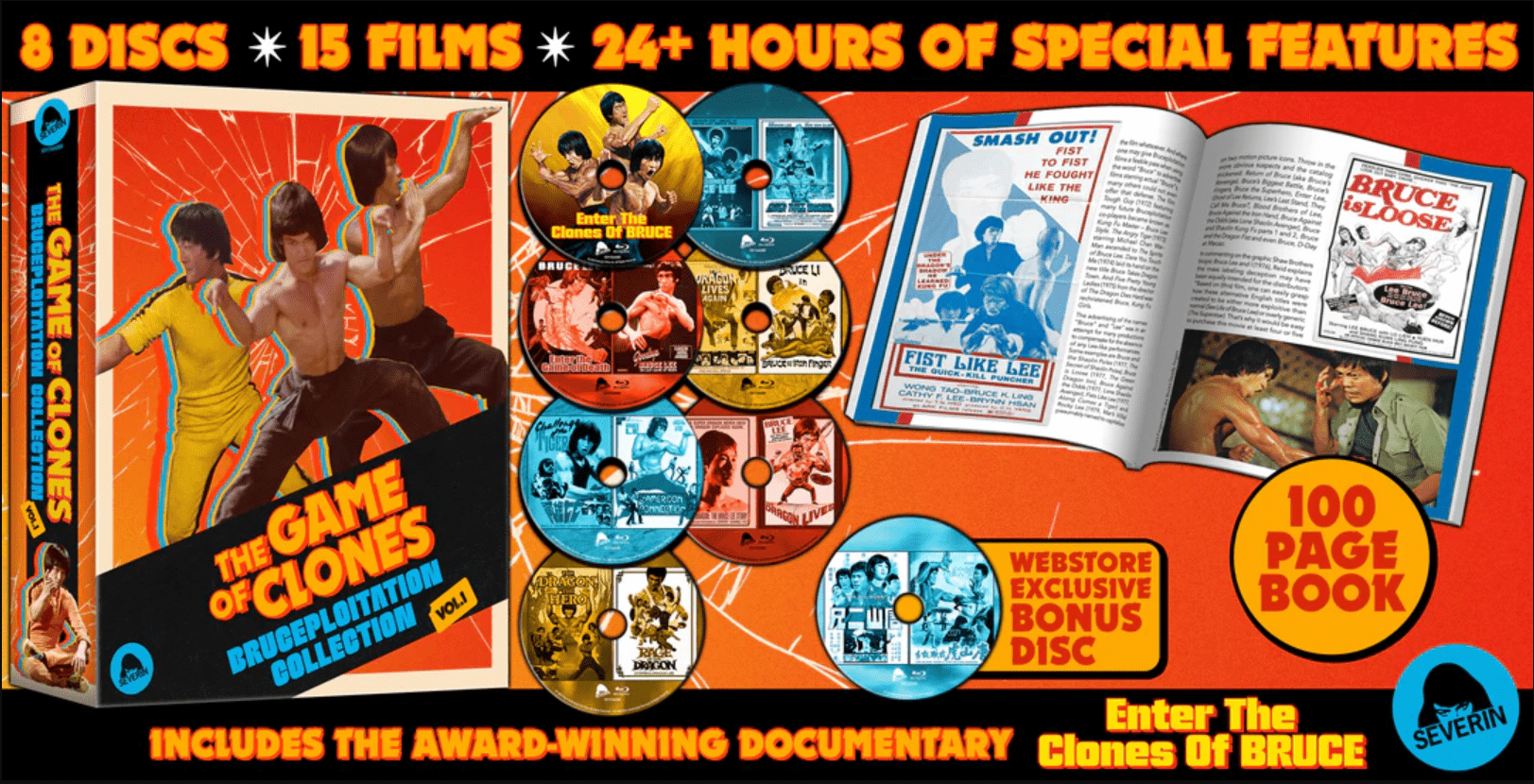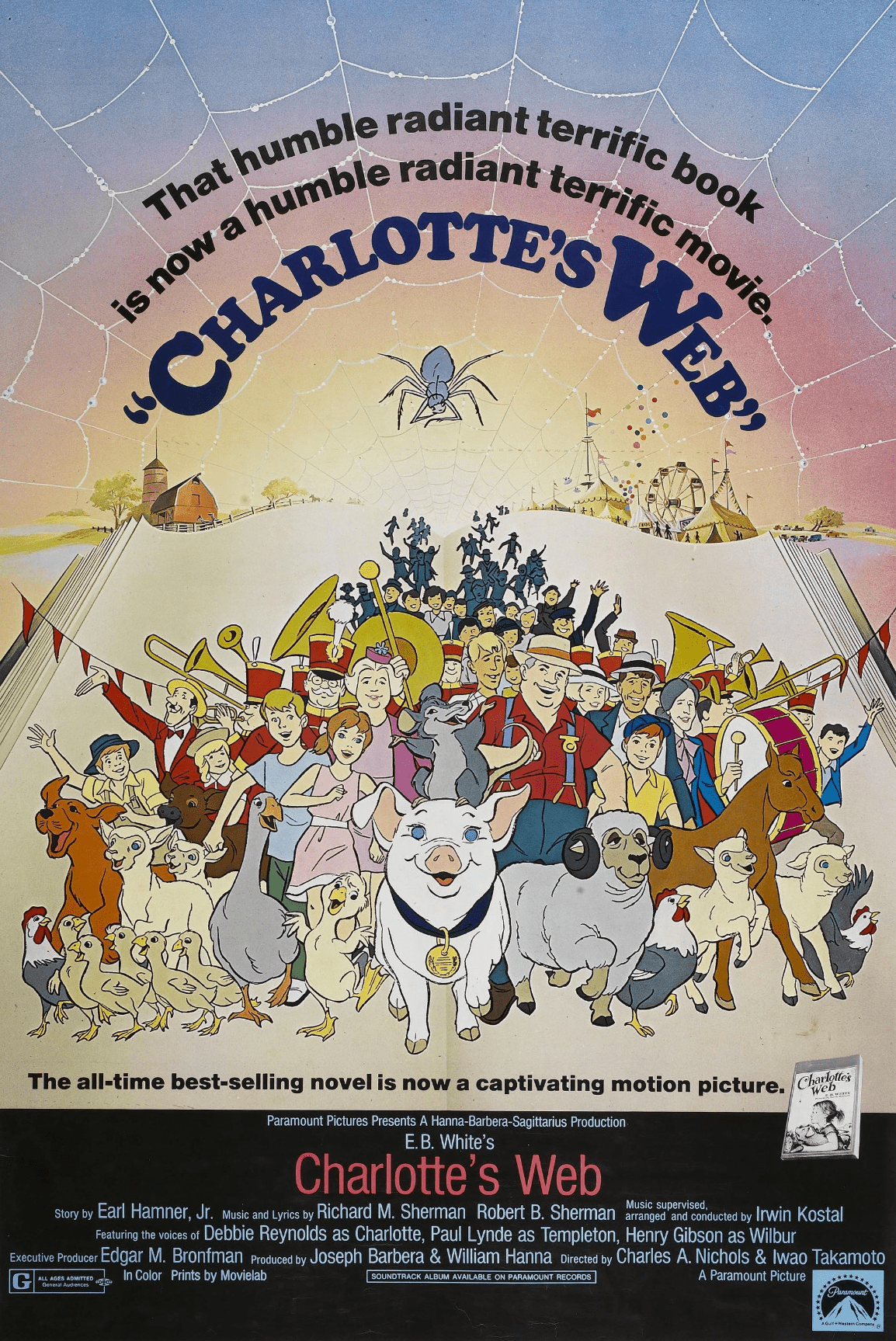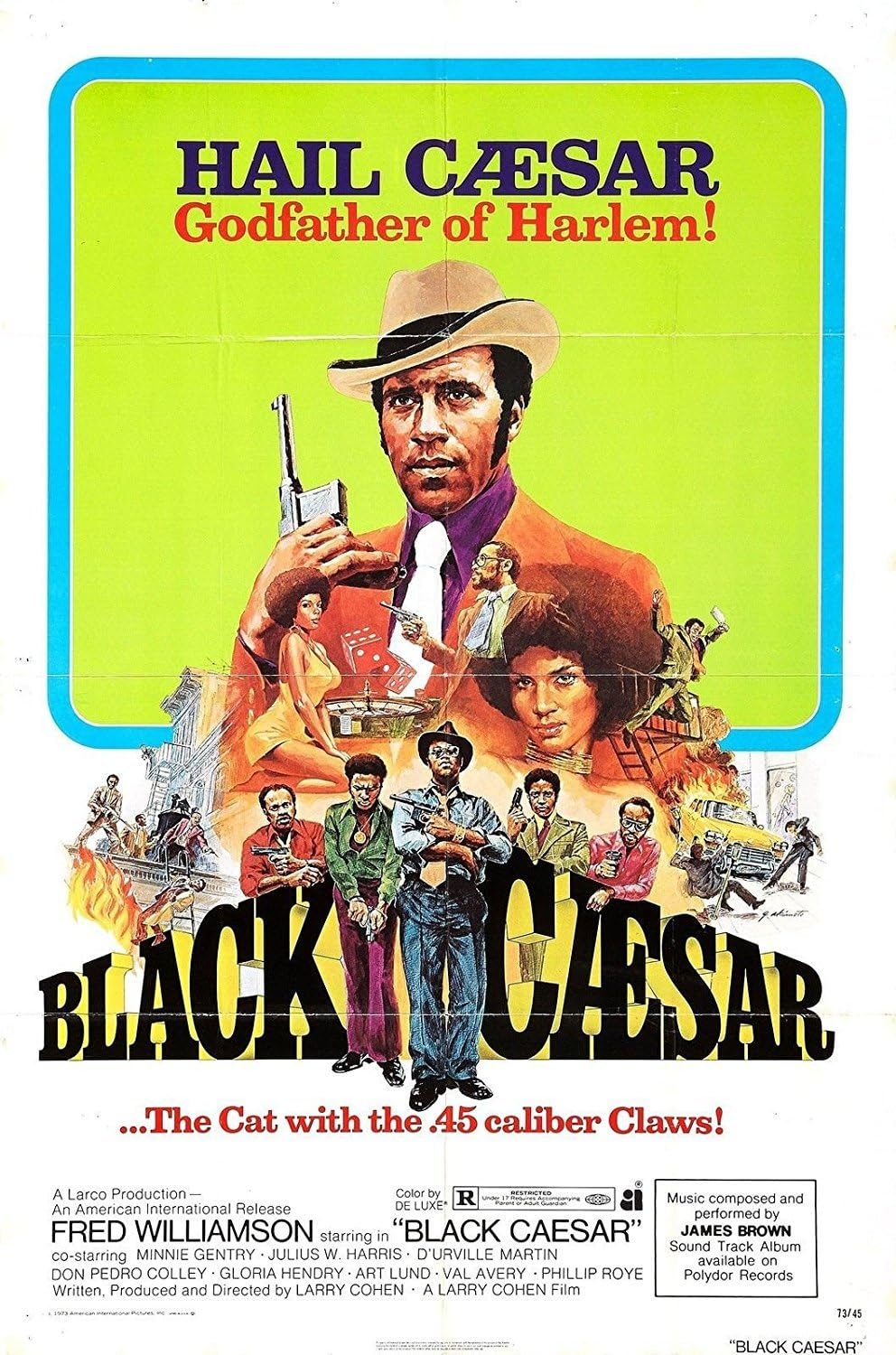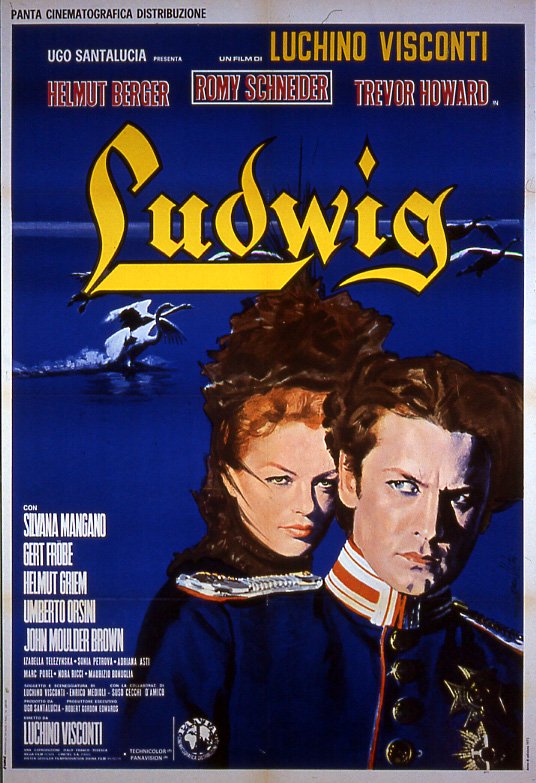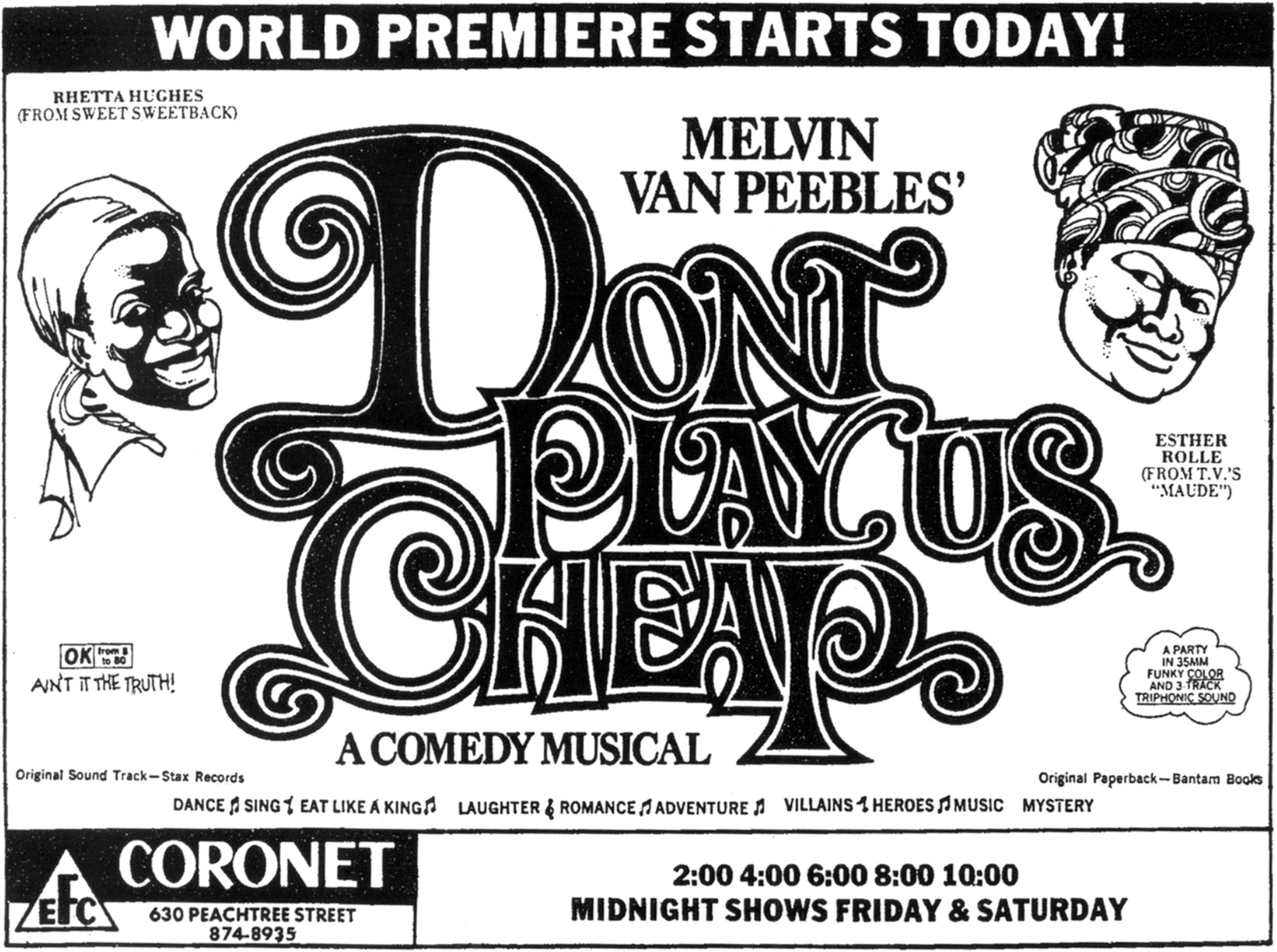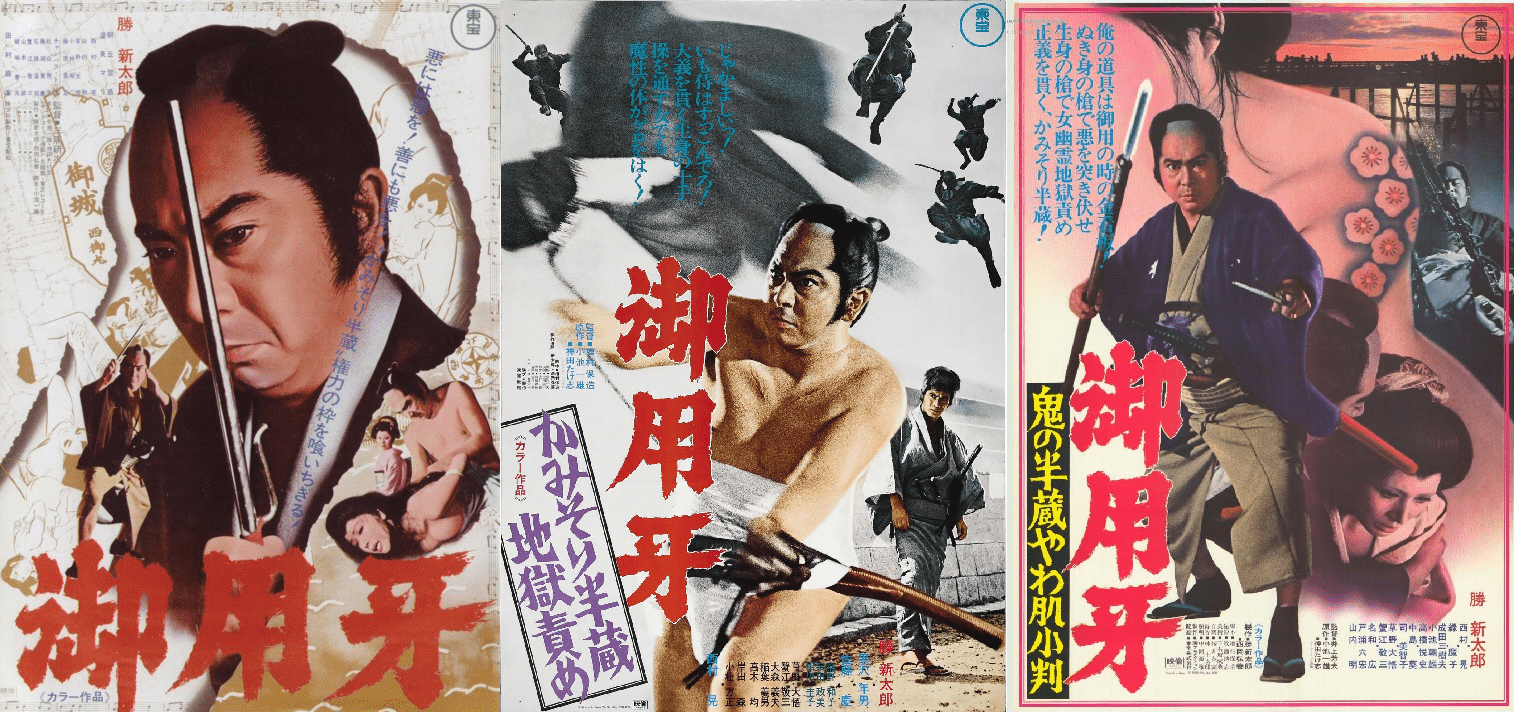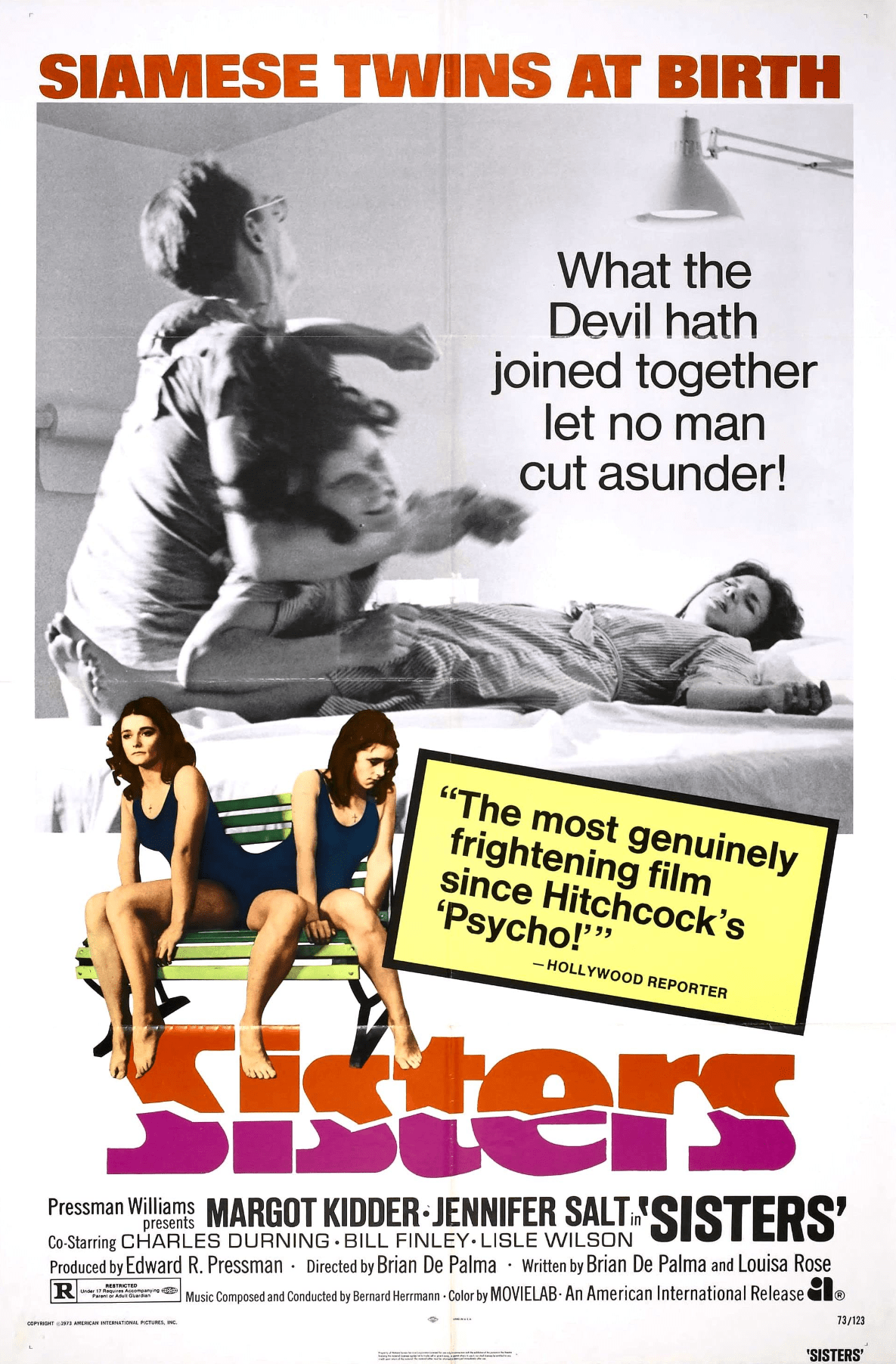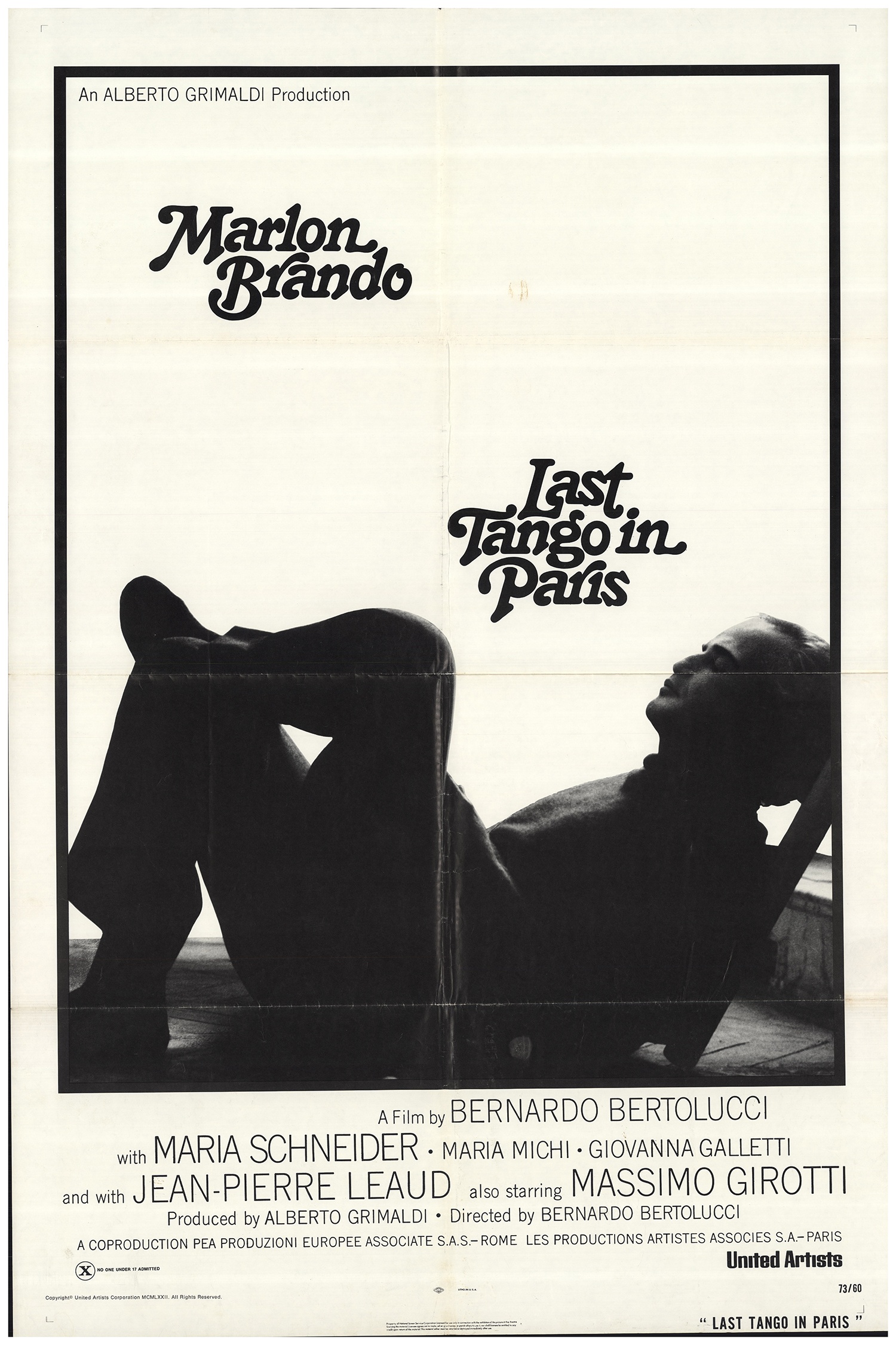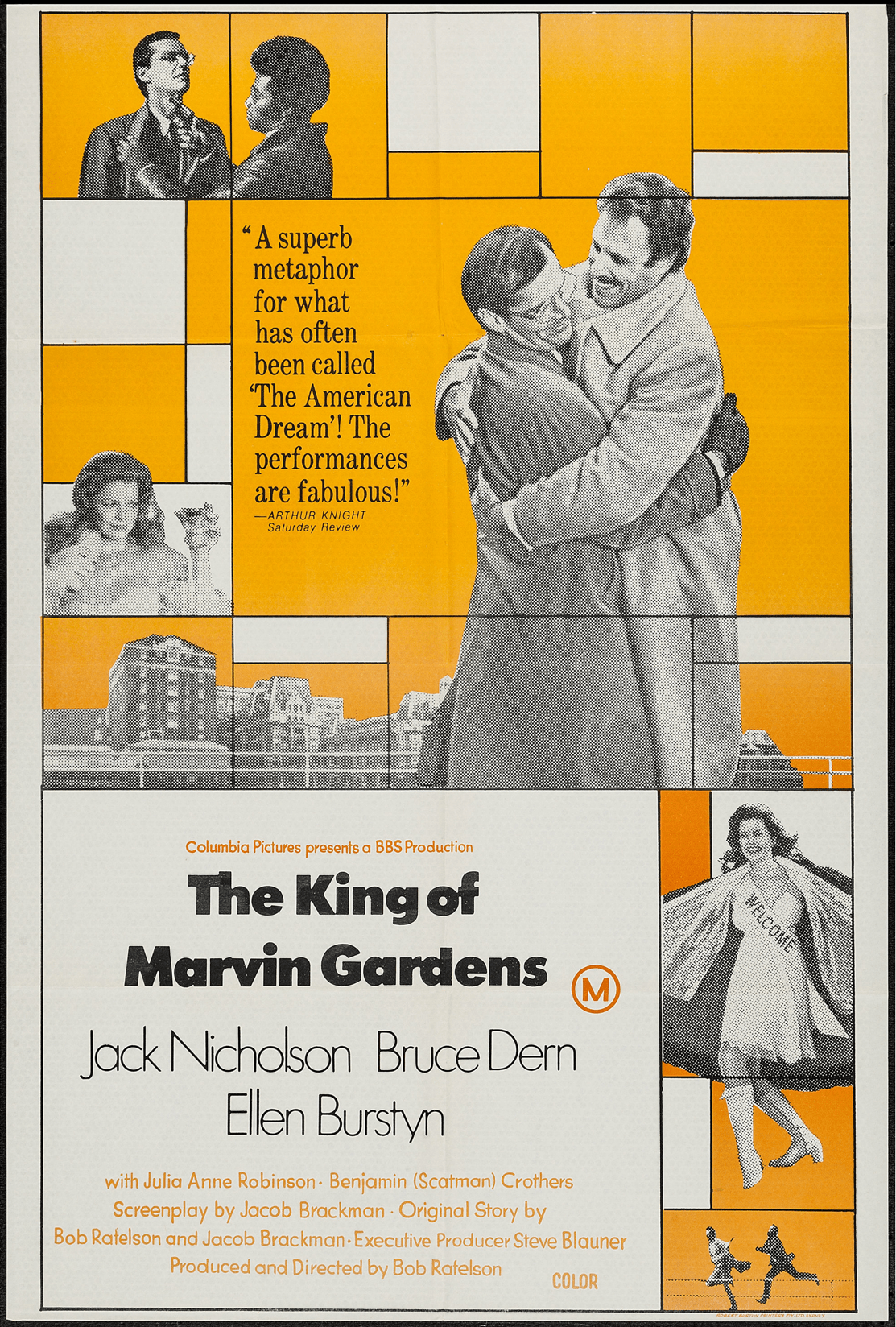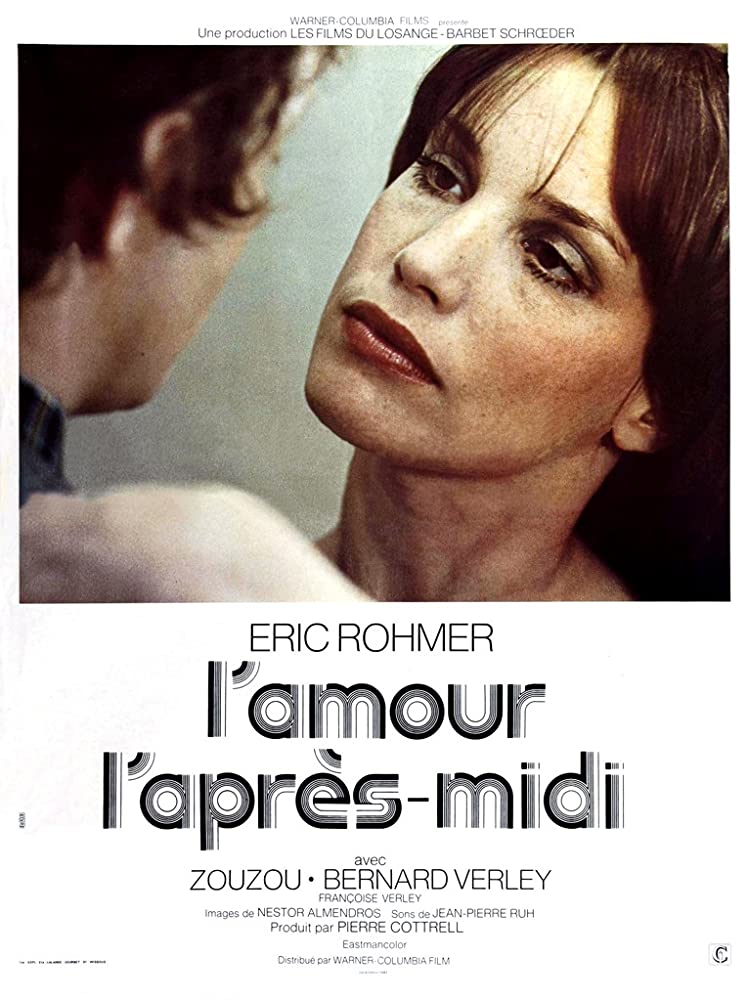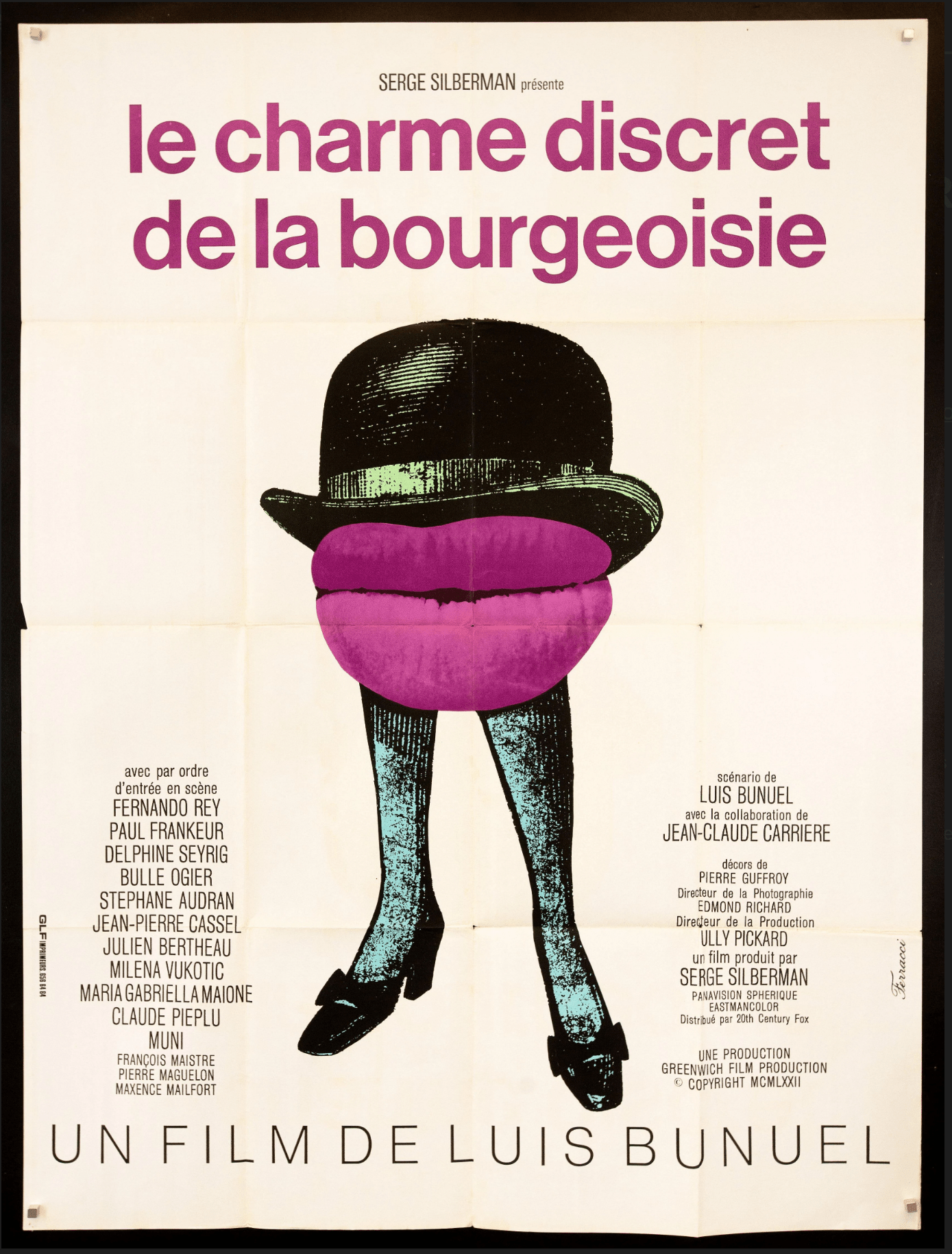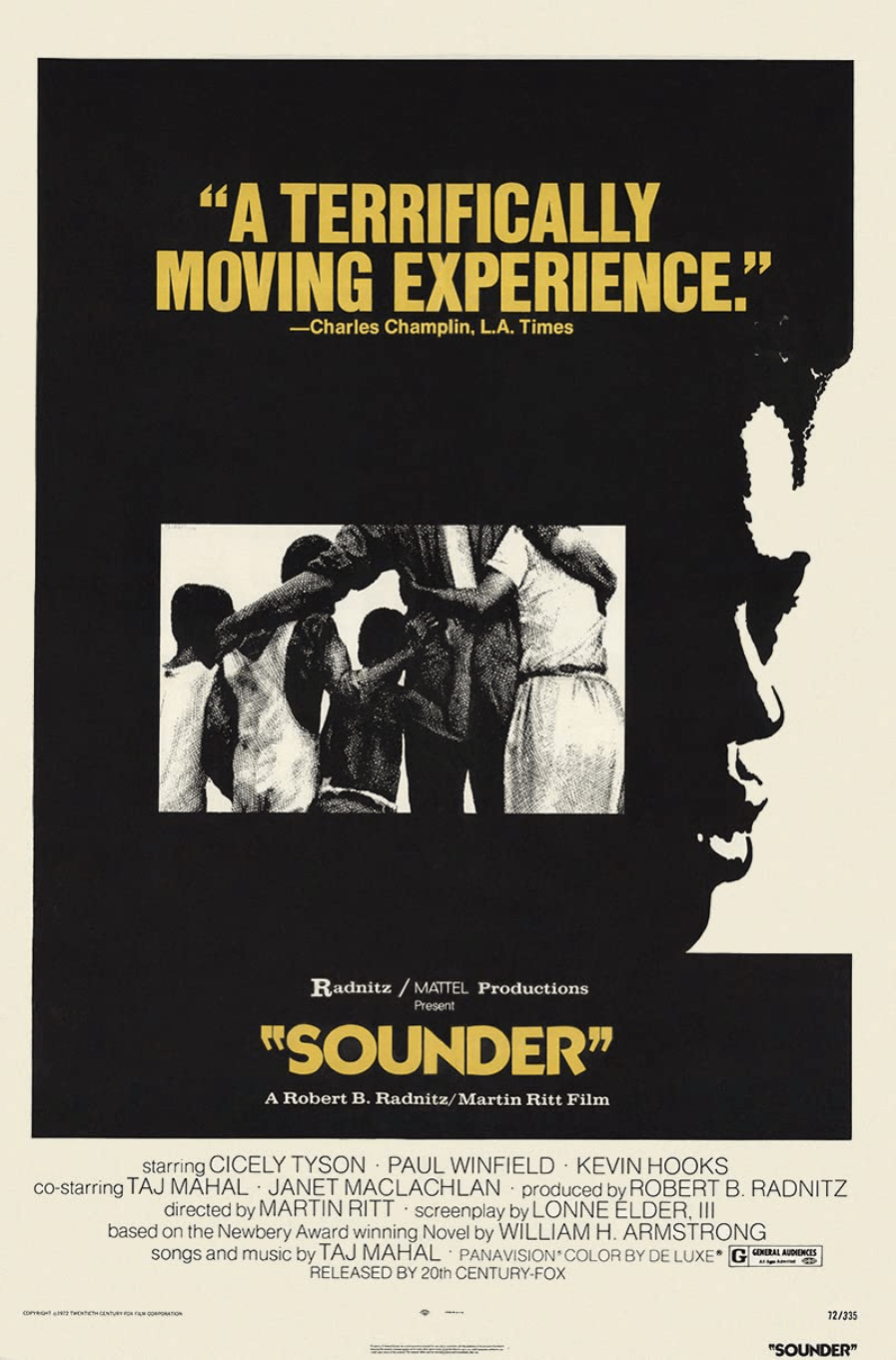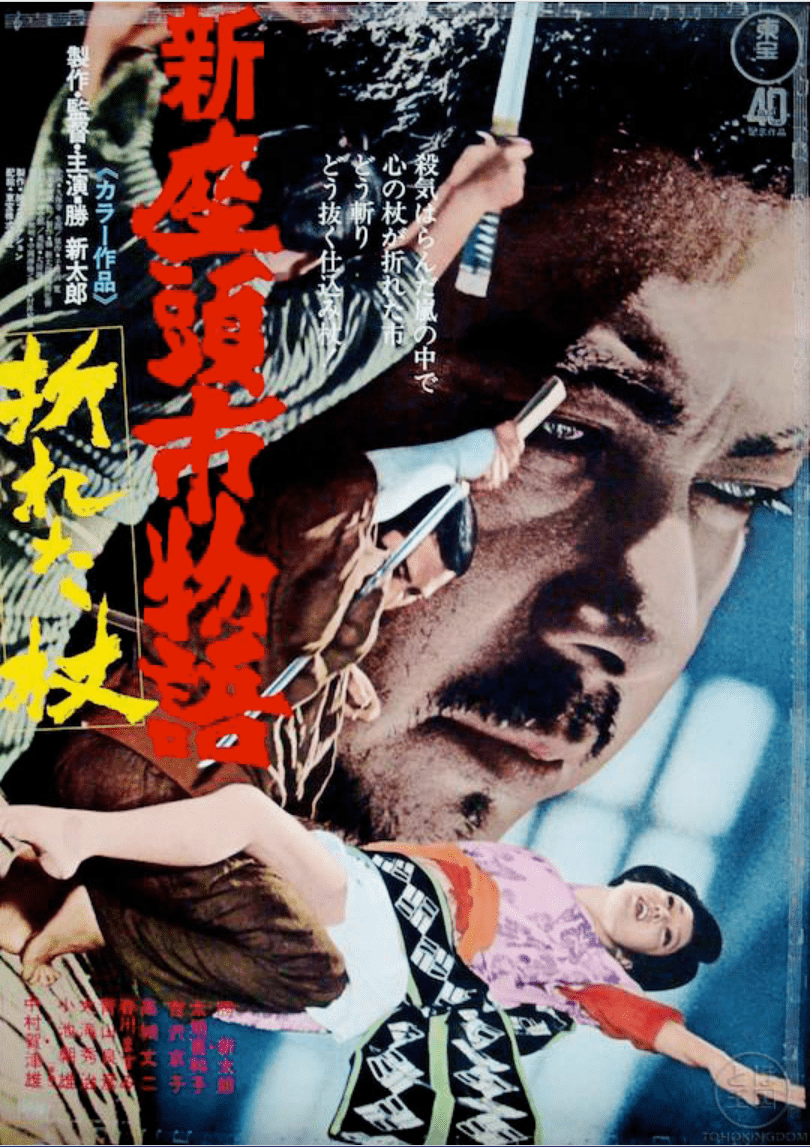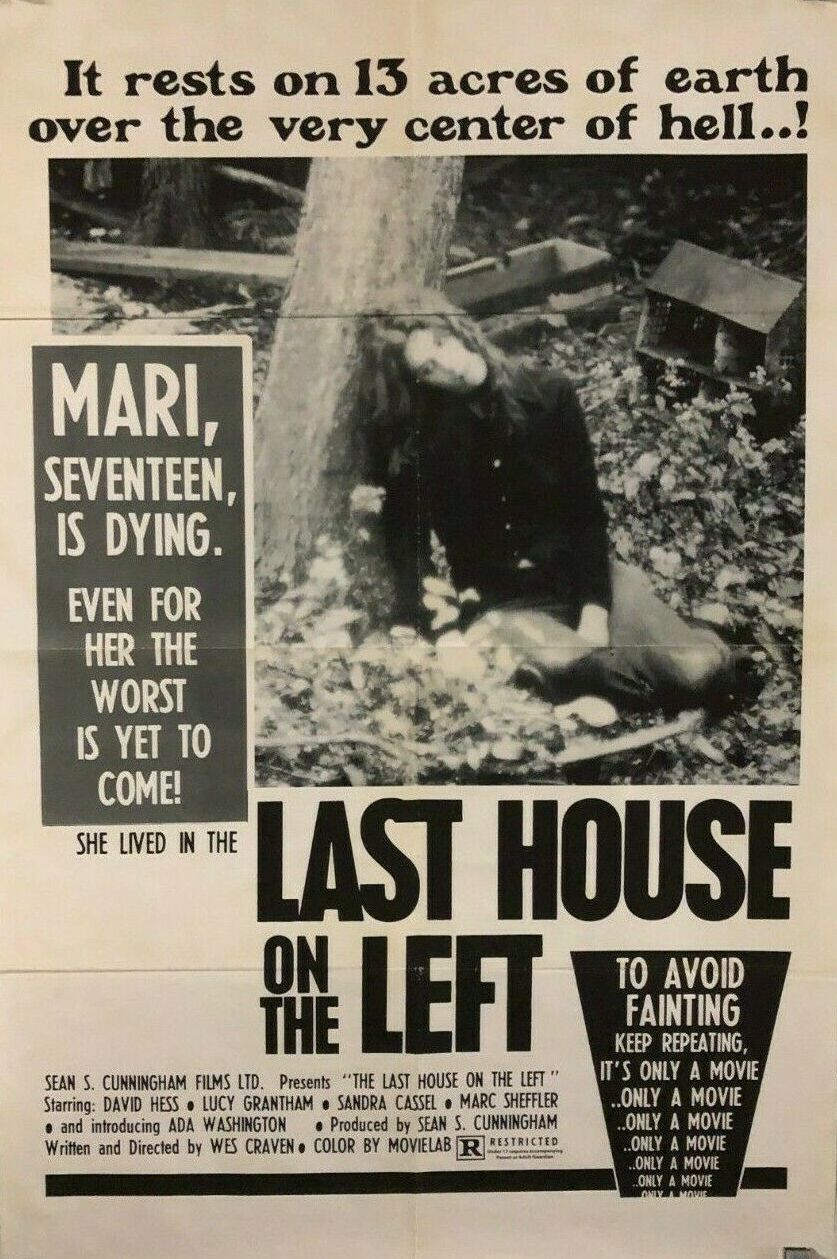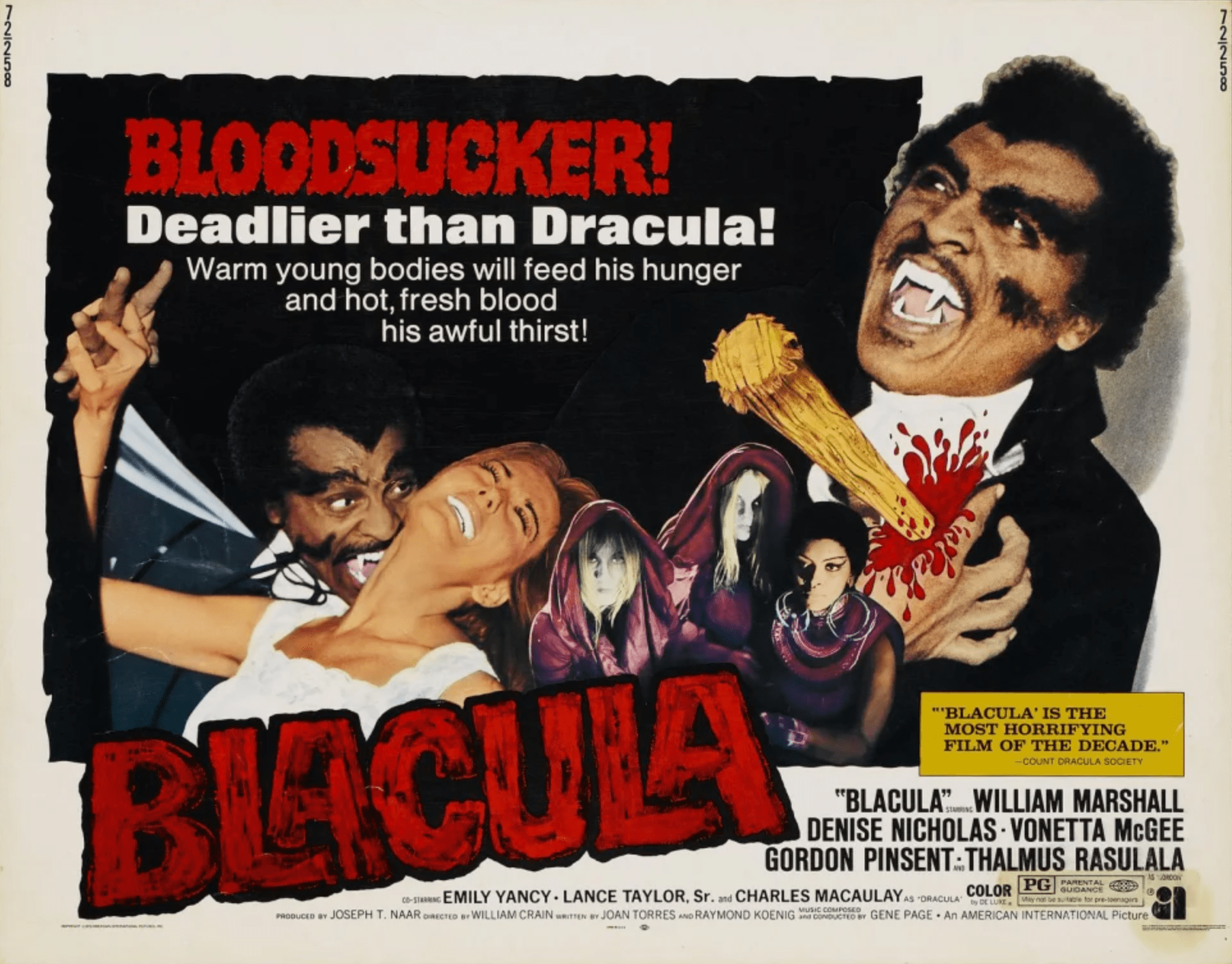- Affärsnyheter
- Alternativ hälsa
- Amerikansk fotboll
- Andlighet
- Animering och manga
- Astronomi
- Barn och familj
- Baseball
- Basket
- Berättelser för barn
- Böcker
- Brottning
- Buddhism
- Dagliga nyheter
- Dans och teater
- Design
- Djur
- Dokumentär
- Drama
- Efterprogram
- Entreprenörskap
- Fantasysporter
- Filmhistoria
- Filmintervjuer
- Filmrecensioner
- Filosofi
- Flyg
- Föräldraskap
- Fordon
- Fotboll
- Fritid
- Fysik
- Geovetenskap
- Golf
- Hälsa och motion
- Hantverk
- Hinduism
- Historia
- Hobbies
- Hockey
- Hus och trädgård
- Ideell
- Improvisering
- Investering
- Islam
- Judendom
- Karriär
- Kemi
- Komedi
- Komedifiktion
- Komediintervjuer
- Konst
- Kristendom
- Kurser
- Ledarskap
- Life Science
- Löpning
- Marknadsföring
- Mat
- Matematik
- Medicin
- Mental hälsa
- Mode och skönhet
- Motion
- Musik
- Musikhistoria
- Musikintervjuer
- Musikkommentarer
- Näringslära
- Näringsliv
- Natur
- Naturvetenskap
- Nyheter
- Nyhetskommentarer
- Personliga dagböcker
- Platser och resor
- Poddar
- Politik
- Relationer
- Religion
- Religion och spiritualitet
- Rugby
- Så gör man
- Sällskapsspel
- Samhälle och kultur
- Samhällsvetenskap
- Science fiction
- Sexualitet
- Simning
- Självhjälp
- Skönlitteratur
- Spel
- Sport
- Sportnyheter
- Språkkurs
- Stat och kommun
- Ståupp
- Tekniknyheter
- Teknologi
- Tennis
- TV och film
- TV-recensioner
- Underhållningsnyheter
- Utbildning
- Utbildning för barn
- Verkliga brott
- Vetenskap
- Vildmarken
- Visuell konst

Criterion Reflections
David Blakeslee and guests engage in concise but in depth conversations about Criterion films in their original historic context, and reflect on what they say to us today.
50 avsnitt • Längd: 0 min • Månadsvis
Om podden
David Blakeslee and guests engage in concise but in depth conversations about Criterion films in their original historic context, and reflect on what they say to us today. Each episode covers a season of a year, discussing the movies in their chronological order of release.
The podcast Criterion Reflections is created by David Blakeslee. The podcast and the artwork on this page are embedded on this page using the public podcast feed (RSS).
Avsnitt
Criterion Reflections – Episode 155 – Allan King’s Come On Children
Criterion Reflections is David Blakeslee’s ongoing project to watch all of the films included in the Criterion Collection in chronological order of their original release. Each episode of Season 5: 1973 features a discussion about films that were destined to eventually bear the Criterion imprint, whether published on physical media or made available on their streaming platform. In this episode, David and guest William Remmers review Come On Children, directed by Allan King. This episode also includes a discussion about the film that David had in 2012 with Rob Nishimura and Josh Brunsting from his former podcast, The Eclipse Viewer. The film is included in the Eclipse Series box set The Actuality Dramas of Allan King and is also available in the Criterion Channel’s streaming library.
EPISODE LINKS:
ALLAN KING
- The Criterion Collection
- The Criterion Channel
- Letterboxd
- Wikipedia
- Allan King Films Collection (official site)
- The Guardian
- The Independent
- Los Angeles Times
- Slant
- Tenk
COME ON CHILDREN
- The Criterion Collection
- The Criterion Channel
- Wikipedia
- CriterionCast (David’s review from 2012)
- Back Row Handy
- Durrell Bowman
- MovieChat
- Nursing Shorelines
- Rush Forum
- Tenk
- The Gear Page
PREVIOUSLY:
GODZILLA VS. MEGALON
UP NEXT:
SCENES FROM A MARRIAGE
MORE!
- Criterion Reflections blog (1922 – 1967)
- Criterion Reflections columns on CriterionCast (1968)
- The Eclipse Viewer
- A Journey Through the Eclipse Series
CONTACT:
- David Blakeslee [ YouTube / TikTok / Website / Facebook / Letterboxd ]
- William Remmers [ Instagram / Letterboxd ]
Criterion Reflections – Episode 154 – Jun Fukuda’s Godzilla vs. Megalon
Criterion Reflections is David Blakeslee’s ongoing project to watch all of the films included in the Criterion Collection in chronological order of their original release. Each episode of Season 5: 1973 features a discussion about films that were destined to eventually bear the Criterion imprint, whether published on physical media or made available on their streaming platform. In this episode, David and guests Richard Doyle and David Seeley review Godzilla vs. Megalon, directed by Jun Fukuda. The film is included in the Criterion Collection box set Godzilla: The Showa-Era Films (Spine #1000) and is also available in the Criterion Channel’s streaming library.
EPISODE LINKS:
JUN FUKUDA
- The Criterion Collection
- The Criterion Channel
- Letterboxd
- Wikipedia
- Wikizilla
- Godzilla Cineaste
- Toho Kingdom
- David Milner (1994 interview with Fukuda)
GODZILLA
- The Criterion Collection
- The Criterion Channel
- Wikipedia
- Monster Wiki
- Daisuke Beppu (7-part video series)
- Den of Geek
- Kaijucast
- Vulture
GODZILLA VS. MEGALON
- The Criterion Collection
- The Criterion Channel
- Wikipedia
- Wikizilla
- Gojipedia
- Letterboxd
- Allusions of Grandeur
- B & S About Movies
- Moria
- Toho Kingdom
- Godzilla vs. Hedorah (1971) – link to Criterion Reflections episode
- Godzilla vs. Gigan (1972) – link to Criterion Reflections episode
PREVIOUSLY:
HARD TRUTHS / HARD LABOUR
UP NEXT:
COME ON CHILDREN
MORE!
- Criterion Reflections blog (1922 – 1967)
- Criterion Reflections columns on CriterionCast (1968)
- The Eclipse Viewer
- A Journey Through the Eclipse Series
CONTACT:
- David Blakeslee [ YouTube / TikTok / Website / Facebook / Letterboxd ]
- Richard Doyle [ Letterboxd ]
- David Seeley [ FilmSwap Podcast ]
Criterion Reflections – Episode 153 – Mike Leigh’s Hard Labour
Criterion Reflections is David Blakeslee’s ongoing project to watch all of the films included in the Criterion Collection in chronological order of their original release. Each episode of Season 5: 1973 features a discussion about films that were destined to eventually bear the Criterion imprint, whether published on physical media or made available on their streaming platform. In this episode, David and guest Ethan Magnan review Hard Labour, directed by Mike Leigh. The film is part of the Criterion Channel streaming library and included in Mike Leigh at the BBC, a bundle of eight teleplays he directed for the British Broadcasting Corporation between 1973-1984. David and Ethan also discuss Hard Truths, also directed by Mike Leigh, which premiered at festivals in 2024, opening in the USA and the UK in January 2025.
EPISODE LINKS:
MIKE LEIGH
- The Criterion Collection
- The Criterion Channel
- Wikipedia
- Letterboxd
- JustWatch
- Actorhub
- BFI
- The Guardian
- IndieWire
HARD LABOUR
- The Criterion Channel
- Wikipedia
- Letterboxd
- Internet Archive
- YouTube
- BFI ScreenOnline
- Lights in the Dusk
HARD TRUTHS
PREVIOUSLY:
PAPER MOON
UP NEXT:
GODZILLA VS. MEGALON
MORE!
- Criterion Reflections blog (1922 – 1967)
- Criterion Reflections columns on CriterionCast (1968)
- The Eclipse Viewer
- A Journey Through the Eclipse Series
CONTACT:
Criterion Reflections – Episode 152 – Peter Bogdanovich’s Paper Moon
Criterion Reflections is David Blakeslee’s ongoing project to watch all of the films included in the Criterion Collection in chronological order of their original release. Each episode of Season 5: 1973 features a discussion about films that were destined to eventually bear the Criterion imprint, whether published on physical media or made available on their streaming platform. In this episode, David and guests Richard Doyle, Eric Grant, and Joshua Wilson review Paper Moon, directed by Peter Bogdanovich. The film was released on 4K UHD and Blu-ray by the Criterion Collection in November 2024.
EPISODE LINKS:
PETER BOGDANOVICH
- The Criterion Collection
- The Criterion Channel
- Letterboxd
- Wikipedia
- BFI – Where to Begin with Peter Bogdanovich
- Directors Guild of America
- IndieWire
- LA Weekly
- MassLive
- Salt Lake Tribune
- Senses of Cinema
- Shepherd Express
- TCM (podcast)
- Vulture
- New York Times (obituary)
PAPER MOON
- The Criterion Collection
- Wikipedia
- Letterboxd
- JustWatch
- AFI (American Film Institute)
- Boston Phoenix (1973)
- Cavalier Daily (1973)
- New York Times (1973)
- Reeling Back (1973)
- Roger Ebert (1973)
- Village Voice (1973)
- Cinema Retro
- Cinepassion
- Common Sense Media
- CriterionCast (David’s review from November 2024)
- Culled Culture
- Derek Winnert
- Dreams Are What Le Cinema Is For
- Every 70s Movie
- Nighthawk News
- Slant
- TCM
Trixie Delight Shares Her Philosophy of Life
PREVIOUSLY:
THE LONG GOODBYE
UP NEXT:
HARD LABOUR
MORE!
- Criterion Reflections blog (1922 – 1967)
- Criterion Reflections columns on CriterionCast (1968)
- The Eclipse Viewer
- A Journey Through the Eclipse Series
CONTACT:
- David Blakeslee [ YouTube / TikTok / Website / Facebook / Letterboxd / BlueSky ]
- Richard Doyle [ Letterboxd ]
- Eric Grant [ Website / BlueSky / Instagram / Letterboxd ]
- Josh Wilson [ BlueSky / Letterboxd ]
Criterion Reflections – Episode 151 – Robert Altman’s The Long Goodbye
Criterion Reflections is David Blakeslee’s ongoing project to watch all of the films included in the Criterion Collection in chronological order of their original release. Each episode of Season 5: 1973 features a discussion about films that were destined to eventually bear the Criterion imprint, whether published on physical media or made available on their streaming platform. In this episode, David and guests Richard Doyle and Robert Taylor review The Long Goodbye, directed by Robert Altman. The film has streamed on the Criterion Channel several times, most recently in early 2024 as part of a bundle showcasing cat movies.
EPISODE LINKS:
ROBERT ALTMAN
- The Criterion Collection
- The Criterion Channel
- Wikipedia
- Letterboxd
- JustWatch
- BFI – Where to Begin with Robert Altman
- Cinema Dailies
- Consequence
- Film Comment (1974)
- IndieWire
- Senses of Cinema
- TSPDT
- Vanity Fair (2006)
- New York Times (obituary)
THE LONG GOODBYE
- Kino Lorber
- Wikipedia
- Letterboxd
- JustWatch
- Boston Phoenix (1973)
- New York Magazine (1973)
- New York Times (1973)
- Pittsburgh Press (1973)
- Roger Ebert (1973)
- Roger Ebert (2006)
- Village Voice (1973)
- Battleship Pretension
- CageyFilms
- Cats on Film
- Cereal at Midnight
- Cinepassion
- CriterionCast (2010)
- Dennis Schwarz
- Every 70s Movie
- The Movie Waffler
- The Robert Taylor Odyssey
- Rock! Shock! Pop!
- Scopophilia
- Slant
- ZekeFilm
THE LONG GOODBYE SOUNDTRACK – Music Composed and Conducted by John Williams (20 Variations on a Theme)
PREVIOUSLY:
LOVE AND ANARCHY
UP NEXT:
PAPER MOON
MORE!
- Criterion Reflections blog (1922 – 1967)
- Criterion Reflections columns on CriterionCast (1968)
- The Eclipse Viewer
- A Journey Through the Eclipse Series
CONTACT:
- David Blakeslee [ YouTube / TikTok / Website / Facebook / Letterboxd / BlueSky ]
- Richard Doyle [ Letterboxd ]
- Robert Taylor [ Website ]
Criterion Reflections – Episode 150 – Lina Wertmüller’s Love and Anarchy
Criterion Reflections is David Blakeslee’s ongoing project to watch all of the films included in the Criterion Collection in chronological order of their original release. Each episode of Season 5: 1973 features a discussion about films that were destined to eventually bear the Criterion imprint, whether published on physical media or made available on their streaming platform. In this episode, David and guest Richard Doyle review Love and Anarchy, directed by Lina Wertmüller. The film streamed on the Criterion Channel in 2019 as part of a bundle showcasing her films.
EPISODE LINKS:
LINA WERTMÜLLER
- The Criterion Collection
- The Criterion Channel
- Wikipedia
- Letterboxd
- JustWatch
- Film Reference
- Cineaste
- Lenny
- New York Times
- Roger Ebert
LOVE AND ANARCHY
- Kino Lorber
- Wikipedia
- Letterboxd
- JustWatch
- JumpCut (1974)
- New York Times (1974)
- Parallax View/Movietone News (1975)
- Another Gaze
- Blu-ray.com
- DVD Savant
- Every 70s Movie
- Filmotomy
- High-Def Digest
- Off Screen
- Strictly Film School
- The Film Experience
PREVIOUSLY:
DON JUAN, OR IF DON JUAN WERE A WOMAN
UP NEXT:
THE LONG GOODBYE
MORE!
- Criterion Reflections blog (1922 – 1967)
- Criterion Reflections columns on CriterionCast (1968)
- The Eclipse Viewer
- A Journey Through the Eclipse Series
CONTACT:
- David Blakeslee [ YouTube / TikTok / Website / Facebook / Letterboxd ]
- Richard Doyle [ Letterboxd ]
Criterion Reflections – Episode 149 – Roger Vadim’s Don Juan (or if Don Juan Were a Woman)
Criterion Reflections is David Blakeslee’s ongoing project to watch all of the films included in the Criterion Collection in chronological order of their original release. Each episode of Season 5: 1973 features a short video clip in which David offers a few thoughts about films that were destined to eventually bear the Criterion imprint, whether published on physical media or made available on their streaming platform. These clips will occasionally be accompanied by lengthier podcast episodes including other guests for films that call for more in-depth coverage. In this episode, David reviews Don Juan (or if Don Juan Were a Woman), directed by Roger Vadim and starring Brigitte Bardot. The film streams on the Criterion Channel as part of their permanent collection.
EPISODE LINKS:
ROGER VADIM
- The Criterion Collection
- The Criterion Channel
- Wikipedia
- Letterboxd
- The Guardian (obituary)
- New York Times (obituary)
BRIGITTE BARDOT
- The Criterion Collection
- The Criterion Channel
- Wikipedia
- Letterboxd
- Brigitte-Bardot.fr (Official)
- Getty Images
- New Wave Film
- Vogue
DON JUAN (OR IF DON JUAN WERE A WOMAN)
- The Criterion Channel
- Wikipedia
- Letterboxd
- JustWatch
- AV Club
- The Critical Eye
- DVD Savant (2009)
- DVD Talk (2001)
- DVD Talk (2009)
- Flipside Movie Emporium
- The Spinning Image
- This Island Rod
PREVIOUSLY:
THE GAME OF CLONES
UP NEXT:
LOVE AND ANARCHY
MORE!
- Criterion Reflections blog (1922 – 1967)
- Criterion Reflections columns on CriterionCast (1968)
- The Eclipse Viewer
- A Journey Through the Eclipse Series
CONTACT:
- David Blakeslee [ YouTube / TikTok / Website / Facebook / Letterboxd ]
Criterion Reflections – Episode 148 – The Game of Clones
This special episode of the podcast steps away from the usual coverage of films with a Criterion connection to discuss The Game of Clones: Bruceploitation Collection Vol. 1, a recently released box set from Severin Films. The set includes the 2023 documentary Enter the Clones of Bruce, plus 12 (or 14) more martial arts films originally released between 1973-1985 that all feature one or more of the actors who were cast for both their fighting prowess and their physical resemblance to Bruce Lee, whose death in 1973 created a void that these movies sought to fill. This episode features a conversation between host David Blakeslee and Michael Worth, who is featured prominently throughout the box set as he gives brief video introductions to each film, provides several commentary tracks, and written essays in the lavishly illustrated booklet that includes dozens of archival posters from his personal collection. Michael’s decades-long enthusiasm for these films was a major factor in pulling this project together and its publication is nothing less than the realization of a dream. David also has an appearance in the set as he provided a commentary track for Cameroon Connection (1985) starring Bruce Le. Listen in as Michael and David fill you in on how this collection of rare and long-neglected films was assembled, Michael’s experiences as he tracked down film elements and creative contributors from all around the world, and how Enter the Clones of Bruce, the documentary he helped to produce, was received during its run through the festival circuit since it premiered in late 2023.
LINKS:
- Severin Films (official site, and only source for the full edition featuring an 8th bonus disc!)
- The Bruceploitation Blog
- The Bruceploitation Bible (Facebook page)
- The Clones Cast (hosted by Michael Worth and Matthew Whitaker)
REVIEWS:
- Blu-ray.com
- Dead Pit Radio (YouTube)
- The Fanatical Dragon (YouTube)
- Fu for Thought (YouTube)
- Martial Arts Theater (YouTube)
- Rock! Shock! Pop! Part 1 / Part 2 / Part 3 / Part 4
PREVIOUSLY:
CHARLOTTE’S WEB
NEXT:
DON JUAN (OR IF DON JUAN WERE A WOMAN)
MORE!
- Criterion Reflections blog (1922 – 1967)
- Criterion Reflections columns on CriterionCast (1968)
- The Eclipse Viewer
- A Journey Through the Eclipse Series
CONTACT US:
- David Blakeslee [ Website / TikTok / Facebook / Letterboxd / Instagram/ Twitter ]
- Michael Worth [ Twitter / Instagram / The Pearl River Collection / The Bruceploitation Blog ]
Criterion Reflections – Episode 147 – Charles Nichols’ and Iwao Takamoto’s Charlotte’s Web
Criterion Reflections is David Blakeslee’s ongoing project to watch all of the films included in the Criterion Collection in chronological order of their original release. Each episode of Season 5: 1973 features a short video clip in which David offers a few thoughts about films that were destined to eventually bear the Criterion imprint, whether published on physical media or made available on their streaming platform. These clips will occasionally be accompanied by lengthier podcast episodes including other guests for films that call for more in-depth coverage. In this episode, David is joined by Robert Cioffi to discuss Charlotte’s Web, directed by Charles Nichols and Iwao Takamoto. In 2020, the film streamed on the Criterion Channel in a limited engagement and is currently available on Blu-ray and DVD and through numerous streaming services.
EPISODE LINKS:
HANNA-BARBERA PRODUCTIONS
CHARLOTTE’S WEB (film)
- The Criterion Channel
- Wikipedia
- Letterboxd
- JustWatch
- Pittsburgh Press (1973)
- New York Times (1973)
- Village Voice (February 1973)
- Village Voice (March 1973)
- Common Sense Media
- Derek Winnert
- Every 70s Movie
- Moria
- The Spinning Image
- Spirituality & Practice
- Tips from Chip
CHARLOTTE’S WEB (book)
- Harper Collins
- Clever Academy (Original Text PDF)
- Wikipedia
- New York Times (1952)
- The New Yorker (1999)
PREVIOUSLY:
THE HARDER THEY COME
UP NEXT:
SPECIAL EPISODE – THE GAME OF CLONES
MORE!
- Criterion Reflections blog (1922 – 1967)
- Criterion Reflections columns on CriterionCast (1968)
- The Eclipse Viewer
- A Journey Through the Eclipse Series
CONTACT:
Criterion Reflections – Episode 146 – Perry Henzell’s The Harder They Come
Criterion Reflections is David Blakeslee’s ongoing project to watch all of the films included in the Criterion Collection in chronological order of their original release. Each episode of Season 5: 1973 features a short video clip in which David offers a few thoughts about films that were destined to eventually bear the Criterion imprint, whether published on physical media or made available on their streaming platform. These clips will occasionally be accompanied by lengthier podcast episodes including other guests for films that call for more in-depth coverage. In this episode, David is joined by Richard Doyle, Josh Hornbeck, Brad McDermott, and James Merritt to discuss The Harder They Come, directed by Perry Henzell. In 2000, the Criterion Collection published the film on DVD as Spine 83. It is currently streaming on the Criterion Channel and available on Blu-ray and DVD in editions published by Shout! Factory.
EPISODE LINKS:
PERRY HENZELL
- Wikipedia
- Letterboxd
- Caribbean Beat
- Jakes Hotel
- Jamaicans.com
- RastaStudio
- ReggaeZine
- The Guardian (obituary)
- New York Times (obituary)
THE HARDER THEY COME
- The Criterion Collection
- The Criterion Channel
- Shout! Factory
- Wikipedia
- Letterboxd
- JustWatch
- Boston Phoenix (1973)
- New York Times (1973)
- Roger Ebert (1973)
- Variety (1972)
- Cinepassion
- Cole Smithey
- Criterion Confessions
- Criterion Contraption
- Every 70s Movie
- Fanboy Nation
- Midnight Only
- Rock! Shock! Pop!
- Salon
- San Francisco Chronicle
- Slant
- Spinning Image
- TCM
PREVIOUSLY:
BLACK CAESAR
UP NEXT:
CHARLOTTE’S WEB
MORE!
- Criterion Reflections blog (1922 – 1967)
- Criterion Reflections columns on CriterionCast (1968)
- The Eclipse Viewer
- A Journey Through the Eclipse Series
CONTACT:
- David Blakeslee [ YouTube / TikTok / Website / Facebook / Letterboxd ]
- Richard Doyle [ Letterboxd ]
- Josh Hornbeck [Website / Twitter / Instagram / Letterboxd ]
- Brad McDermott [ Instagram / Letterboxd / Gallery ]
- James Merritt [ YouTube / Instagram / X ]
Criterion Reflections – Episode 145 – Larry Cohen’s Black Caesar
Criterion Reflections is David Blakeslee’s ongoing project to watch all of the films included in the Criterion Collection in chronological order of their original release. Each episode of Season 5: 1973 features a short video clip in which David offers a few thoughts about films that were destined to eventually bear the Criterion imprint, whether published on physical media or made available on their streaming platform. These clips will occasionally be accompanied by lengthier podcast episodes including other guests for films that call for more in-depth coverage. In this episode, David is joined by Richard Doyle and James Merritt to discuss Black Caesar, directed by Larry Cohen. In 2022, the film streamed on the Criterion Channel in a limited engagement and is currently available on Blu-ray and DVD in editions published by Olive Films and through numerous streaming services.
EPISODE LINKS:
LARRY COHEN
- Wikipedia
- Letterboxd
- JustWatch
- Larry Cohen Filmmaker (official)
- Greasy Kid Stuff
- The Ringer
- Hollywood Reporter (obituary)
BLACK CAESAR
- Wikipedia
- Letterboxd
- JustWatch
- Boston Phoenix (1973)
- New York Times (1973)
- Pittsburgh Press (1973)
- Village Voice (1973)
- 1000 Misspent Hours
- 2500 Movies Challenge
- Attack of the 50 Ft. DVD!
- Blood Brothers Films
- Cinepassion
- Classic Film & TV Café
- The Devil’s Reviews
- DVD Drive-In
- DVD Talk
- Every 70s Movie
- Expelled Grey Matter
- Lessons of Darkness
- Misan[trope]y
- Obsessive Movie Nerd
- Q Network
- Dennis Schwarz
- Shameless Self Expression
- The Spinning Image
- World Film Geek
PREVIOUSLY:
WATTSTAX
UP NEXT:
THE HARDER THEY COME
MORE!
- Criterion Reflections blog (1922 – 1967)
- Criterion Reflections columns on CriterionCast (1968)
- The Eclipse Viewer
- A Journey Through the Eclipse Series
CONTACT:
- David Blakeslee [ YouTube / TikTok / Website / Facebook / Letterboxd ]
- Richard Doyle [ Letterboxd ]
- James Merritt [ YouTube / Instagram / X ]
Criterion Reflections – Episode 144 – Mel Stuart’s Wattstax
Criterion Reflections is David Blakeslee’s ongoing project to watch all of the films included in the Criterion Collection in chronological order of their original release. Each episode of Season 5: 1973 features a short video clip in which David offers a few thoughts about films that were destined to eventually bear the Criterion imprint, whether published on physical media or made available on their streaming platform. These clips will occasionally be accompanied by lengthier podcast episodes including other guests for films that call for more in-depth coverage. In this episode, David is joined by guests Richard Doyle and James Merritt to discuss Wattstax, directed by Mel Stuart. In 2022, the film streamed on the Criterion Channel in a limited engagement and is currently available on DVD through Warner Archive and numerous streaming services.
EPISODE LINKS:
MEL STUART
- Wikipedia
- Letterboxd
- JustWatch
- Directors Guild of America
- International Documentary Association
- The Guardian (obituary)
WATTSTAX
- Wikipedia
- Letterboxd
- Los Angeles Times (1973)
- New York Times (1973)
- AV Club
- DVD Talk
- Every 70s Movie
- The Guardian
- MonsterMovieMusic
- New Directions in Music
- Panorama of the Mountains
- Public Transportation Snob
- Shameless Self Expression
- The Spinning Image
- Martin Teller
- Shaun Watson
PREVIOUSLY:
THE BOSS
UP NEXT:
BLACK CAESAR
MORE!
- Criterion Reflections blog (1922 – 1967)
- Criterion Reflections columns on CriterionCast (1968)
- The Eclipse Viewer
- A Journey Through the Eclipse Series
CONTACT:
- David Blakeslee [ TikTok / Website / Facebook / Letterboxd ]
- Richard Doyle [ Letterboxd ]
- James Merritt [ YouTube / Instagram / X ]
Criterion Reflections – Episode 143 – Fernando Di Leo’s The Boss
Criterion Reflections is David Blakeslee’s ongoing project to watch all of the films included in the Criterion Collection in chronological order of their original release. Each episode of Season 5: 1973 features a short video clip in which David offers a few thoughts about films that were destined to eventually bear the Criterion imprint, whether published on physical media or made available on their streaming platform. These clips will occasionally be accompanied by lengthier podcast episodes including other guests for films that call for more in-depth coverage. In this episode, David discusses The Boss, directed by Fernando Di Leo. In early 2023, the film streamed on the Criterion Channel in a limited engagement and is currently available on Blu-ray through Raro Video in partnership with KinoLorber. The video clip below was recorded in ??? 2024, and the supplemental podcast episode was recorded in ??? 2024 with guest Richard Doyle.
EPISODE LINKS:
FERNANDO DI LEO
- The Criterion Collection
- The Criterion Channel
- Kanopy
- Wikipedia
- Letterboxd
- Collider
- Film Comment
- New York Times
- Parallax View
- Rock! Shock! Pop!
- ScreenAnarchy
- Slant
THE BOSS
- Kino Lorber/Raro Video
- Wikipedia
- Letterboxd
- 10K Bullets
- Alex on Film
- Cinematic Revelations
- Comeuppance Reviews
- Confluence of Cult
- Keith and the Movies
POLIZIOTTESCHI
- Wikipedia
- Letterboxd
- CrimeReads
- Film Lifestyle
- Furious Cinema
- Grindhouse Cinema Database
- IndieWire
- Little White Lies
- Multiglom
- Perisphere
- Strange Vice
PREVIOUSLY:
LUDWIG
UP NEXT:
WATTSTAX
MORE!
- Criterion Reflections blog (1922 – 1967)
- Criterion Reflections columns on CriterionCast (1968)
- The Eclipse Viewer
- A Journey Through the Eclipse Series
CONTACT:
- David Blakeslee [ TikTok / Website / Facebook / Letterboxd ]
- Richard Doyle [ Letterboxd ]
Criterion Reflections – Episode 142 – Luchino Visconti’s Ludwig
Criterion Reflections is David Blakeslee’s ongoing project to watch all of the films included in the Criterion Collection in chronological order of their original release. Each episode of Season 5: 1973 features a short video clip in which David offers a few thoughts about films that were destined to eventually bear the Criterion imprint, whether published on physical media or made available on their streaming platform. These clips will occasionally be accompanied by lengthier podcast episodes including other guests for films that call for more in-depth coverage. In this episode, David discusses Ludwig, directed by Luchino Visconti. In 2022, the film streamed on the Criterion Channel in a limited engagement and is currently available on Blu-ray through Arrow Video. The video clip below was recorded in January 2024, and the supplemental podcast episode was recorded in February 2024 with guest Brad McDermott.
EPISODE LINKS:
LUCHINO VISCONTI
- The Criterion Collection
- The Criterion Channel
- Wikipedia
- Letterboxd
- BFI – Where to Begin with Luchino Visconti
- IndieWire
- New York Times
- Senses of Cinema
- TIFF
- TSPDT
LUDWIG
- Arrow Video
- Wikipedia
- Letterboxd
- Boston Phoenix (1973)
- Cleveland Press (1973)
- New York Times (1973)
- Pittsburgh Press (1973)
- Roger Ebert (1973)
- Village Voice (1973)
- Arts Journal
- Criterion Confessions
- Derek Winnert
- Eternality Tan
- Film Comment
- French Films
- Good Efficient Butchery
- Movie Steve
- Rock! Shock! Pop!
- Slant
- The Spinning Image
- Village Voice (2017)
- The Wee Review
- Werk.re
PREVIOUSLY:
THE AGE OF THE MEDICI
UP NEXT:
THE BOSS
MORE!
- Criterion Reflections blog (1922 – 1967)
- Criterion Reflections columns on CriterionCast (1968)
- The Eclipse Viewer
- A Journey Through the Eclipse Series
CONTACT:
- David Blakeslee [ TikTok / Website / Facebook / Letterboxd ]
- Brad McDermott [ Instagram / Letterboxd / Gallery ]
Criterion Reflections – Episode 141 – Roberto Rossellini’s The Age of the Medici
Criterion Reflections is David Blakeslee’s ongoing project to watch all of the films included in the Criterion Collection in chronological order of their original release. Each episode of Season 5: 1973 features a short video clip in which David offers a few thoughts about films that were destined to eventually bear the Criterion imprint, whether published on physical media or made available on their streaming platform. These clips will occasionally be accompanied by lengthier podcast episodes including other guests for films that call for more in-depth coverage. In this first episode of Season 5, David discusses The Age of the Medici, directed by Roberto Rossellini. The film is available on DVD in the Criterion Collection’s Eclipse Series and also streams on the Criterion Channel. The video clip below was recorded in January 2024. A segment from a past episode of The Eclipse Viewer featuring David and Trevor Berrett’s discussion of The Age of the Medici recorded in October 2014 is also included here.
This essay is an update of David’s 2011 review of the film published on this site.
Upon winning the Venice Film Festival’s Golden Lion Award in 1959 for Il Generale Della Rovere, the artistically ambitious yet self-deprecating director Roberto Rossellini soon afterwards expressed ambivalence toward that film, despite its indisputable success. It wasn’t too much further along into his career that the great pioneer of Neorealism, after proving that he could crank out a hit movie if he really wanted to, finally turned his back on commercial aspirations, choosing instead to produce films on his own terms that attempted to elevate the consciousness and inform the intellect of his audience, or at least those who chose to make the effort to follow wherever his vision led.
That decision resulted in a radical shift in direction for Rossellini for the final phase of his life’s work. From that point forward, Rossellini focused on films that sought to capture the essential ideas, technological breakthroughs and cultural milestones of centuries long past that continue to wield a powerful influence on our contemporary world. Three of those films are presented to us in Eclipse Series 14: Rossellini’s History Films – Renaissance and Enlightenment. They’re among his last productions, all shot and released in the early 1970s. In this clip, I’ll focus on the longest of the set by taking a pilgrimage in time, back to The Age of the Medici.
If you’re new to these films, here’s what you’re in for: a drily performed, historically detailed and highly literate re-enactment of pivotal episodes in the unfolding of European civilization, especially in regard to the development of the “big ideas” that shaped the modern society we now take for granted. True to the convictions of a man who could state sincerely that “cinema is dead,” Rossellini makes no attempt in these films to stir our emotions through conventional plot devices or hook us in via charismatic personalities, dramatic narrative twists or any of the usual ploys that gratify the crowds. He knew, with supreme confidence, that the subjects of his study were important in their own right, with little need for manipulative embellishments. If that significance was not readily self-evident to members of his audience, he was content to let them go their own way, distracting themselves with their banal entertainments until they were capable of recognizing the value of the hefty substance he placed before them. And if that sounds haughty, arrogant, pretentious to you, then go ahead and stop reading right now. You’re simply not ready to dig into The Age of the Medici, let me be the first to tell you.
Of course, summing up the conflicts of an era as complex and multi-faceted as the emergence of what we now refer to as The Renaissance in 15th century Florence, Italy requires a large canvas, which is why Rossellini delivers this history in a video approximation of one of the favored artistic formats of that era, the triptych. The Age of the Medici is a three-part TV miniseries, each episode focusing our gaze on an important element of a larger story. Part 1, “The Exile of Cosimo,” chronicles the rise of Cosimo de Medici, head of a prominent merchant family whose uncanny business sense enlarged his fortune to the point where he was able to wield massive power and influence, not through the authority of the church or by brandishing the raw military might of monarchs, but through the uniquely persuasive effects of cold hard cash. The series opens with Cosimo attending his father’s funeral, learning the terms of his inheritance, and then swiftly setting in motion the machinations to put that money to work, advancing his personal leverage to steer the course of his own destiny, and in the process, shape the future of European civilization. The Medici were forerunners of today’s ultrarich, able to bend the forces of law, politics, religion, art, culture and even science in ways that favored their ambitions and solidified their grip on power.
Of course, no would-be giant among men makes his way to the top without facing his share of formidable obstacles, and Cosimo found his adversary in Rinaldo degli Albizzi, head of the rival Florentine clan who mistrusted the Medicis’ motives and sought the means to cast them as disreputable, or even criminals, if they could only find appropriately damning evidence to back up their suspicions.
But before we get into a necessarily brief recap of the storyline, a few words are in order about the verisimilitude with which Rossellini captures the spirit of old Florence. As the screencaps show, he had to resort to some creative-but-cheap special effects that some might find cheesy, but I consider admirable. Clearly working on a limited budget, Rossellini had no ability to build suitably convincing replicas of either the Florentine skyline circa 1430 or the several stages of progress achieved in Cosimo’s lifetime on the facade and dome of the Basilica Santa Maria del Fiore. He resorted to hand-painted 2-D mockups that don’t really convince anyone, but they’re brave efforts in any case. Watching the cathedral transition from rough wooden structure to something resembling the ornate extravagance we’ve come to associate with the Renaissance over the course of four and a half hours is one of the small pleasures I enjoyed. And don’t worry, there are more than enough authentic examples of period architecture and costumery to satisfy Renaissance purists. Though Rossellini doesn’t allow his camera to revel in the scenery the way a director like Franco Zeffirelli did, I have no complaints; the settings are often quite wonderful to behold.
A main theme of the series is the slipperiness and malleability of supposedly eternal principles like law and ethics. This dialog-heavy script requires some close listening and even supplemental reading in order to pick up all the nuances it contains. The gist of it though is how increasingly sophisticated (or you could say, hypocritical) the various powers-that-be are forced to become in order to maintain the appearance of respect for ancient religious traditions (for example, the prohibitions against usury) while crafting legal loopholes such as those allowing merchants to operate pawn shops. Those who have agreed to pay a financial penalty and assume the social status of moral reprobates are signified by a red drape on their storefront, in effect given legal permission to break sacred law, reaping tidy profits for both entrepreneurs and the city fathers, and leaving matters of conscience to the individual shopkeepers to sort out for themselves.
Building on such evasive tricks so neatly woven into the emerging economic order, the stage is set to observe how Cosimo maneuvers his way through the legal, religious, and political snares set before him. When his capitalistic instincts lead him to oppose a conflict between Florence and a neighboring city-state (because war is bad for business), he’s scapegoated by the Albizzis after the battle goes poorly and the Florentine forces are routed. Cosimo is summoned to appear before the Signoria, the local council of magistrates, where he faces certain arrest, imprisonment, and possible execution. But Cosimo unwaveringly faces his accusers, intently pursuing a high-stakes experiment to see if his economic clout is able to produce the result he thinks it ought.
And so it turns out that, even within the confines of his lonesome prison cell, Cosimo somehow has the means to arrange for a messenger to visit his captor and drop off a gift, a simple leather bag stuffed with gold coins. And wouldn’t you know, in the very next scene, prisoner and magistrate are seated at the same table, passing knives back and forth to each other, warmly negotiating the terms of a settlement bound to disappoint those who thought they’d seen the last of Cosimo as a free and living man.
It may be worth pointing out that The Age of the Medici was broadcast in 1973, the same year that Francis Ford Coppola released The Godfather. Perhaps it’s no coincidence that the stories of these two prominent Italian families, known for using both legitimate and ruthless means of establishing their fortunes, both came out around the same time? There’s certainly enough of a Mafioso flavor in Cosimo’s smooth criminality to make the mental connection for many viewers, especially in a scene when the word vendetta is used to describe the punishment meted out on a poor soul who broke the code of honor by sharing silk-weaving secrets with others outside their ancient and notoriously secretive guild.
And just as central as economics and politics are to Rossellini’s ideas, so also art figures prominently in the story of the emerging Medici dynasty. Episode 2, “The Power of Cosimo,” depicts his return from exile in Venice, more coldly calculating and relentlessly ambitious after a few years spent plotting his ever-so-respectably applied revenge. Though Cosimo’s not beyond enforcing compliance through the administration of pain, he’d much rather get his point across building sublime monuments and establishing himself as a prominent patron of the arts. And what a time to be in that business, as the Italian Renaissance was about to burst into full bloom. Masaccio’s “Expulsion from Eden” and Donatello’s statue of King David are just two of the famous masterpieces put into historical context, enabling us to see the works as something beyond merely fancy ornaments as they’re often regarded nowadays. The locals respond to them with indignation and confusion, unsettled by innovative, sensual details that call older traditions into question. We’re reminded that progress in the visual arts is not simply an exploration of aesthetic vanities, then or now. Each breakthrough, each shifting perspective in the portrayal of the human figure, carries with it larger implications about how we regard and value life, and how we understand our place in the cosmos.
But before we lose ourselves entirely in ponderous highbrow musings, Rossellini injects moments of visceral brutality to keep our feet firmly planted on the ground. Art, architecture, philosophy, and religion may all seek in their own way to inspire heavenly meditations, but there’s still a dark, dirty, competitive world we each live in that has to be reckoned with as well.
Episode 3 shifts the focus away from Cosimo (though he still plays an important part) and on to another important Renaissance figure, “Leon Battista Alberti: Humanist.” This final installment is the most philosophically dense of the three, and one that I recommend to anyone who’s looking for a well-rounded overview of the mindset of that era. Here Rossellini really indulges his appetite for extended rhetorical exchanges, with characters routinely tossing out profundities and speculations that are worth pausing the film to ponder a bit before proceeding on to the next priceless nugget of insight. Of course, some of the philosophical musings that so preoccupied these men (and this is, for sure, a man’s world on screen; women are almost entirely silent during the scarce moments when they even appear) may not be so relevant for many viewers, but for those whose taste in movies runs toward the cerebral and analytical, I think there’s a lot to chew on here, and it makes these discs very rewatchable if you’re into that sort of thing.
One thing I will add here is that even though the default setting for the DVD and streaming presentations of these films is Italian, there’s absolutely no reason why an English-speaking viewer should watch it with subtitles instead of the dubbed English audio track, unless you just enjoy the sound of people speaking the language native to that setting. The program was originally filmed in English, in the hopes that it could be sold to a forerunner of today’s PBS TV network. That plan fell through, so they dubbed an Italian language track over the top, and then re-dubbed an English track later on when it eventually was picked up for American distribution. The net effect is that the English dub actually syncs better with the actors’ mouths than the Italian does. The subtitles really only help if you need them to follow the progression of the dialog. Unfortunately, the streaming version only includes the Italian audio track, so if you want to hear the film in English, you’ll have to get access to the Eclipse Series DVDs.
So yeah, these late Rossellini’s are definitely not among the thrillingest, sexiest, awesomest offerings to be found either in the Eclipse Series or on the Criterion Channel, there’s no arguing that. But they do serve as important and unique specimens of what film can accomplish and preserve for the sake of a small but appreciative audience. Maybe even more significantly, they represent a lost utopian possibility for what one visionary director hoped the medium of television could become. Rossellini’s desire to provide solid, historically informed visualizations of defining moments in our cultural heritage, without either the dumbing down of content or the hyping up of conventional potboiler gimmicks deemed necessary to win a mass audience, hasn’t shown itself to be all that commercially viable. It’s fair to speculate that if Rossellini himself hadn’t established his reputation so profoundly in the 1940s and 50s, films like those he made in the late 60s and 70s might not even be revisited today. Still, watching The Age of the Medici makes me mourn just a bit for the wasted potential of commercial cable TV and what an entity like the History Channel might have become, if had we more directors of Rossellini’s singular integrity and intelligence working behind the cameras.
EPISODE LINKS:
ROBERTO ROSSELLINI
- The Criterion Collection
- The Criterion Channel
- Wikipedia
- Letterboxd
- JustWatch
- Far Out (Beginner’s Guide)
- Senses of Cinema
- TCM
- Through the Clutter (41 films, ranked)
- TSPDT
THE AGE OF THE MEDICI
- The Criterion Collection
- The Criterion Channel
- Wikipedia
- Letterboxd
- New York Times (1979)
- Cinepassion
- Criterion Confessions
- Dennis Grunes
- Dennis Schwarz
- DVD Talk
- What I Watched Last Night
PREVIOUSLY:
Intro to Season 5
UP NEXT:
LUDWIG
MORE!
- Criterion Reflections blog (1922 – 1967)
- Criterion Reflections columns on CriterionCast (1968)
- The Eclipse Viewer
- A Journey Through the Eclipse Series
CONTACT:
- David Blakeslee [ TikTok / Website / Facebook / Letterboxd ]
Criterion Reflections – Intro to Season 5: 1973
After six years as a podcast, preceded by eight years as a blog, my long-running project Criterion Reflections once again takes a new turn to become… a short form video clip YouTube kind of thing! After I wrapped up my coverage of Criterion-connected films of 1972 in Season 4 of my podcast last year, I felt another change was in order, just to keep it fresh and make sure it stays fun. Of course I continue to enjoy making podcasts, drawing great satisfaction from digitally capturing a lively and smart conversation about film with my friends that I can share with other friends and even revisit myself somewhere down the road. But this 10 minute video offers an explanation of my reasons and a preview of some of the movies I’ll be watching in the months ahead as I investigate the best that cinema had to offer the world in 1973.
FILMS MENTIONED:
- The Age of the Medici
- Ludwig
- The Harder They Come
- Godzilla vs. Megalon
- Come On Children
- Shall We Go to Your Place or My Place or Each Go Home Alone?
- Scenes from a Marriage
- Zatoichi’s Conspiracy
- Visions of Eight
- Day for Night
- Fantastic Planet
- The Holy Mountain
- The Friends of Eddie Coyle
- A River Called Titas
- Enter the Dragon / Bruce Lee: The Man and the Legend
- Touki Bouki
- F for Fake
- Dry Wood / Hot Pepper
- Mean Streets
- The Spirit of the Beehive
- Don’t Look Now
- Badlands
- World on a Wire
- Flesh for Frankenstein
- Lady Snowblood
- Amarcord
Besides the titles listed above, I plan to include quite a few others that currently stream on the Criterion Channel and maybe a few others that the Channel featured in the past. I look forward to continued exploration and hope you’re able to check in with me here from time to time to see and hear my latest progress report!
PREVIOUSLY:
STATE OF SIEGE
NEXT:
THE AGE OF THE MEDICI
CONTACT US:
- David Blakeslee [ TikTok / Website / Facebook / Letterboxd ]
Criterion Reflections – Episode 140 – Costa-Gavras’ State of Siege
Criterion Reflections is David Blakeslee’s ongoing project to watch all of the films included in the Criterion Collection in chronological order of their original release. Each episode of this fourth season of the podcast features conversations with a variety of guests offering insights on movies that originally premiered in 1972 and were destined to eventually bear the Criterion imprint. In this, the final episode of Season 4, David is joined by Trevor Berrett and Brad McDermott to discuss State of Siege, directed by Costa-Gavras. The film is available on DVD and Blu-ray from the Criterion Collection and is currently streaming on the Criterion Channel.
Episode Links:
COSTA-GAVRAS
- The Criterion Collection
- The Criterion Channel
- Wikipedia
- Letterboxd
- Directors Guild of America
- DW
- Film Lifestyle
- The Guardian
- Huffpost
- TCM
STATE OF SIEGE
- The Criterion Collection
- The Criterion Channel
- Wikipedia
- Letterboxd
- Boston Phoenix (1973)
- Pittsburgh Press (1973)
- Roger Ebert (1973)
- Vancouver Province (1973)
- Village Voice (4/19/1973)
- Village Voice (4/26/1973)
- Battleship Pretension
- CageyFilms
- Cinepassion
- Eternality Tan
- QNetwork
- Jerry Saravia
- Slant
- Spirituality and Practice
PREVIOUSLY:
CRIES AND WHISPERS
UP NEXT:
INTRO TO SEASON 5
MORE!
- Criterion Reflections blog (1922 – 1967)
- Criterion Reflections columns on CriterionCast (1968)
- The Eclipse Viewer
- A Journey Through the Eclipse Series
CONTACT US:
- David Blakeslee [ TikTok / Website / Facebook / Letterboxd ]
- Trevor Berrett [ Twitter / Website ]
- Brad McDermott [ Website / Letterboxd / Instagram ]
Criterion Reflections – Episode 139 – Ingmar Bergman’s Cries and Whispers
Criterion Reflections is David Blakeslee’s ongoing project to watch all of the films included in the Criterion Collection in chronological order of their original release. Each episode of this fourth season of the podcast features conversations with a variety of guests offering insights on movies that originally premiered in 1972 and were destined to eventually bear the Criterion imprint. In this episode, David is joined by Brad McDermott, Derek J. Power, Daniel Humphrey, and first-time guest James Bogdanski to discuss Cries and Whispers, directed by Ingmar Bergman. The film is available on DVD and Blu-ray from the Criterion Collection and is currently streaming on the Criterion Channel.
Episode Links:
INGMAR BERGMAN
- The Criterion Collection
- The Criterion Channel
- IngmarBergman.se (Official)
- Wikipedia
- Letterboxd
- Britannica
- Senses of Cinema
- TCM
CRIES AND WHISPERS
- The Criterion Collection
- The Criterion Channel
- IngmarBergman.se
- Screenplay/Scenario written by Bergman
- Wikipedia
- Letterboxd
- New York Times (1972)
- The New Yorker (1973)
- Pittsburgh Press (1973)
- Roger Ebert (1973)
- Village Voice (1972)
- 1001 Movies
- Alternate Ending
- Basement Rejects
- Bill’s Movie Emporium
- The Criterion Contraption
- Critical Popcorn
- Dennis Schwartz
- Every 70s Movie
- The Film Corner
- The Film Sufi
- Filmotomy
- The Guardian
- History of the Academy Awards
- In Their Own League
- Reel Views
- Roger Ebert (2002)
- Slant
- Sonic Cinema
- Spirituality & Practice
- Through the Shattered Lens
PREVIOUSLY:
DON’T PLAY US CHEAP
UP NEXT:
STATE OF SIEGE
MORE!
- Criterion Reflections blog (1922 – 1967)
- Criterion Reflections columns on CriterionCast (1968)
- The Eclipse Viewer
- A Journey Through the Eclipse Series
CONTACT US:
- David Blakeslee [ TikTok / Website / Facebook / Letterboxd ]
- Brad McDermott [ Website / Letterboxd / Instagram ]
- Derek J. Power [ Website ]
- James Bogdanski [ Facebook / X / Instagram ]
- Daniel Humphrey [ Website / Book: Queer Bergman – Sexuality, Gender, and the European Art Cinema ]
Criterion Reflections – Episode 138 – Melvin Van Peebles’ Don’t Play Us Cheap
Criterion Reflections is David Blakeslee’s ongoing project to watch all of the films included in the Criterion Collection in chronological order of their original release. Each episode of this fourth season of the podcast features conversations with a variety of guests offering insights on movies that originally premiered in 1972 and were destined to eventually bear the Criterion imprint. In this episode, David is joined by Richard Doyle and Aaron Strand to discuss Don’t Play Us Cheap, directed by Melvin Van Peebles. The film was released in the box set Melvin Van Peebles: Essential Films, and is currently streaming on the Criterion Channel.
Episode Links:
MELVIN VAN PEEBLES
- The Criterion Collection
- The Criterion Channel
- Letterboxd
- Wikipedia
- Black Film Archive
- BlackPast
- Directors Guild of America (video interview)
- Film School Rejects
- The History Makers
- Ohio Wesleyan University (MVP’s alma mater)
- Pop Matters
- Red Bull Music Academy (2008 lecture)
- TCM
- Third Man Books
- Variety – Ten Essential Works
- New York Times (obituary)
- Behind the Slate (podcast series on Melvin Van Peebles)
- Criterion Reflections Episode 50 – Sweet Sweetback’s Baadassss Song
DON’T PLAY US CHEAP
- The Criterion Collection
- The Criterion Channel
- Wikipedia
- Letterboxd
- Playbill (original Broadway theatrical program)
- AV Club
- Cinepassion
- Department of Afro American Research Arts & Culture
- Every 70s Movie
- National Review
- Pop Matters
- Slant
- Behind the Slate
PREVIOUSLY:
HANZO THE RAZOR
UP NEXT:
CRIES AND WHISPERS
MORE!
- Criterion Reflections blog (1922 – 1967)
- Criterion Reflections columns on CriterionCast (1968)
- The Eclipse Viewer
- A Journey Through the Eclipse Series
CONTACT US:
- David Blakeslee [ TikTok / Website / Facebook / Letterboxd ]
- Richard Doyle [ Letterboxd ]
- Aaron Strand [ Website / Instagram (personal) / TikTok / Podcast / Instagram (podcast) ]
Criterion Reflections – Episode 137 – Hanzo the Razor
Criterion Reflections is David Blakeslee’s ongoing project to watch all of the films included in the Criterion Collection in chronological order of their original release. Each episode of this fourth season of the podcast features conversations with a variety of guests offering insights on movies that originally premiered in 1972 and were destined to eventually bear the Criterion imprint. In this episode, David is joined by Richard Doyle and David Seeley to discuss three films featuring Hanzo the Razor, all starring Shintaro Katsu, best known for his portrayal of Zatoichi the Blind Swordsman. The films were released between 1972 and 1974, and are currently streaming on the Criterion Channel.
Episode Links:
SHINTARO KATSU
HANZO THE RAZOR
- The Criterion Channel
- Wikipedia
- Letterboxd
- Apocalypse Later
- Asian Movie Pulse
- Filmofile’s Hideout
- Grindhouse Database
- Hong Kong Cinema: View from the Brooklyn Bridge
- MyReviewer
- No Name Movie Blog
- Projected Figures
- The Spinning Image
- Toho Kingdom
PREVIOUSLY:
SISTERS
UP NEXT:
DON’T PLAY US CHEAP
MORE!
- Criterion Reflections blog (1922 – 1967)
- Criterion Reflections columns on CriterionCast (1968)
- The Eclipse Viewer
- A Journey Through the Eclipse Series
CONTACT US:
- David Blakeslee [ TikTok / Website / Facebook / Letterboxd ]
- Richard Doyle [ Letterboxd ]
- David Seeley [ FilmSwap Podcast ]
Criterion Reflections – Episode 136 – Brian De Palma’s Sisters
Criterion Reflections is David Blakeslee’s ongoing project to watch all of the films included in the Criterion Collection in chronological order of their original release. Each episode of this fourth season of the podcast features conversations with a variety of guests offering insights on movies that originally premiered in 1972 and were destined to eventually bear the Criterion imprint. In this episode, David is joined by first-time guest Robert Baum and Richard Doyle to discuss Sisters, directed by Brian De Palma.
Episode Links:
BRIAN DE PALMA
- The Criterion Collection
- The Criterion Channel
- Letterboxd
- Wikipedia
- Cineaste
- Cinephilia & Beyond
- Film Comment
- FilmDaze
- JustWatch
- MovieWeb
- ScreenRant
- Senses of Cinema
- They Shoot Pictures, Don’t They?
SISTERS
- The Criterion Collection
- The Criterion Channel
- Wikipedia
- Letterboxd
- Boston Phoenix (1973)
- Pittsburgh Press (1973)
- Roger Ebert (1973)
- Roger Ebert (2018)
- Village Voice (1973)
- Cinepassion
- Dennis Schwarz
- Life Between Frames
- Midnight Only
- Reverse Shot
- Rock! Shock! Pop!
- Slant
- Tilt Magazine
PREVIOUSLY:
EIGHT HOURS DON’T MAKE A DAY
UP NEXT:
HANZO THE RAZOR TRILOGY
MORE!
- Criterion Reflections blog (1922 – 1967)
- Criterion Reflections columns on CriterionCast (1968)
- The Eclipse Viewer
- A Journey Through the Eclipse Series
CONTACT US:
- David Blakeslee [ TikTok / Website / Facebook / Letterboxd ]
- Robert Baum [ Letterboxd ]
- Richard Doyle [ Letterboxd ]
Criterion Reflections – Episode 135 – Rainer Werner Fassbinder’s Eight Hours Don’t Make a Day
Criterion Reflections is David Blakeslee’s ongoing project to watch all of the films included in the Criterion Collection in chronological order of their original release. Each episode of this fourth season of the podcast features conversations with a variety of guests offering insights on movies that originally premiered in 1972 and were destined to eventually bear the Criterion imprint. In this episode, David is joined by Josh Hornbeck, William Remmers, and David Seeley to discuss Eight Hours Don’t Make a Day, directed by Rainer Werner Fassbinder.
Episode Links:
RAINER WERNER FASSBINDER
- The Criterion Collection
- The Criterion Channel
- Letterboxd
- Wikipedia
- JustWatch
- Fassbinder Foundation
- Slate
- TSPDT
Eight Hours Don’t Make a Day
- The Criterion Collection
- The Criterion Channel
- Wikipedia
- Letterboxd
- Fassbinder Foundation
- CriterionCast (2018 Theatrical Review)
- ArtForum
- Cagey Films
- Cinetarium
- DiscDish
- Film Comment
- Film International
- Ion Cinema
- New York Times
- The Mookse and the Gripes
- PopMatters
- Slant
- Village Voice
- World Cinema Review
- World Socialist Website
PREVIOUSLY:
LAST TANGO IN PARIS
UP NEXT:
SISTERS
MORE!
- Criterion Reflections blog (1922 – 1967)
- Criterion Reflections columns on CriterionCast (1968)
- The Eclipse Viewer
- A Journey Through the Eclipse Series
CONTACT US:
- David Blakeslee [ TikTok / Website / Facebook / Letterboxd ]
- Josh Hornbeck [ Website / Instagram / Letterboxd ]
- William Remmers [ Instagram / Letterboxd ]
- David Seeley [ Facebook
 / Podcast / YouTube ]
/ Podcast / YouTube ]
Criterion Reflections – Episode 134 – Bernardo Bertolucci’s Last Tango in Paris
Criterion Reflections is David Blakeslee’s ongoing project to watch all of the films included in the Criterion Collection in chronological order of their original release. Each episode of this fourth season of the podcast features conversations with a variety of guests offering insights on movies that originally premiered in 1972 and were destined to eventually bear the Criterion imprint. In this episode, David is joined by Stephanie Conti, Richard Doyle, and Josh Hornbeck to discuss Last Tango in Paris, directed by Bernardo Bertolucci.
Episode Links:
Bernardo Bertolucci
- The Criterion Collection
- The Criterion Channel
- Wikipedia
- Letterboxd
- Far Out
- Senses of Cinema
- They Shoot Pictures, Don’t They?
- Guardian (obituary)
Last Tango in Paris
-
- The Criterion Collection
- Wikipedia
- Letterboxd
- New Yorker (Pauline Kael, 1972)
- Roger Ebert (1972)
- New York Times (1973)
- Pittsburgh Press (1973)
- Village Voice (Molly Haskell, 1972)
- Village Voice (Andrew Sarris, 1973)
- 1001 Movies
- A Potpourri of Vestiges
- Cinepassion
- Cinesthesia
- Cole Smithey
- Dennis Schwarz
- Derek Winnert
- Every 70s Movie
- Film Fanatic
- Movie Magazine International
- Scoopy
- Slant
- Wide Screenings
PREVIOUSLY:
THE KING OF MARVIN GARDENS
UP NEXT:
EIGHT HOURS DON’T MAKE A DAY
MORE!
- Criterion Reflections blog (1922 – 1967)
- Criterion Reflections columns on CriterionCast (1968)
- The Eclipse Viewer
- A Journey Through the Eclipse Series
CONTACT US:
- David Blakeslee [ TikTok / Website / Facebook / Letterboxd ]
- Stephanie Conti [ Website / YouTube / Instagram / Letterboxd ]
- Josh Hornbeck [ Website / Instagram / Letterboxd ]
- Richard Doyle [ Letterboxd ]
Criterion Reflections – Episode 133 – Bob Rafelson’s The King of Marvin Gardens
Criterion Reflections is David Blakeslee’s ongoing project to watch all of the films included in the Criterion Collection in chronological order of their original release. Each episode of this fourth season of the podcast features conversations with a variety of guests offering insights on movies that originally premiered in 1972 and were destined to eventually bear the Criterion imprint. In this episode, David is joined by Richard Doyle to discuss The King of Marvin Gardens, directed by Bob Rafelson.
Episode Links:
Bob Rafelson
- BobRafelson.com (Official Site)
- The Criterion Collection
- Wikipedia
- Letterboxd
- American Cinematheque
- Dartmouth Alumni Magazine
- The Guardian
- Hollywood Reporter
- New York Times
- TCM
- Variety
The King of Marvin Gardens
- The Criterion Collection
- Wikipedia
- Letterboxd
- New York Times (1972)
- Pittsburgh Press (1973)
- Village Voice (1972)
- The Guardian (1999)
- Basement Rejects
- BFI
- Cinematic Revelations
- Cold War Film & Culture
- Dennis Schwarz
- Derek Winnert
- Film Comment
- Filmycks
- Grand Classics
- Spirituality and Practice
- The Stop Button
- Talkhouse
- TCM
Criterion Reflections Reviews of AMERICA LOST AND FOUND: THE BBS STORY
PREVIOUSLY:
LOVE IN THE AFTERNOON
UP NEXT:
LAST TANGO IN PARIS
MORE!
- Criterion Reflections blog (1922 – 1967)
- Criterion Reflections columns on CriterionCast (1968)
- The Eclipse Viewer
- A Journey Through the Eclipse Series
CONTACT US:
- David Blakeslee [ TikTok / Website / Facebook / Letterboxd ]
- Richard Doyle [ Letterboxd ]
Criterion Reflections – Episode 132 – Éric Rohmer’s Love in the Afternoon
Criterion Reflections is David Blakeslee’s ongoing project to watch all of the films included in the Criterion Collection in chronological order of their original release. Each episode of this fourth season of the podcast features conversations with a variety of guests offering insights on movies that originally premiered in 1972 and were destined to eventually bear the Criterion imprint. In this episode, David is joined by Matthew Gasteier to discuss Love in the Afternoon, directed by Éric Rohmer.
Episode Links:
Éric Rohmer
Love in the Afternoon
- The Criterion Collection
- The Criterion Channel
- Wikipedia
- Letterboxd
- Boston Phoenix (1972)
- New York Times (1972)
- Roger Ebert (1972)
- Village Voice (1972)
- Cinepassion
- Spirituality & Practice
- Steemit
- Yellow Barrel
Six Moral Tales (links to David’s earlier reviews)
- THE BAKERY GIRL OF MONCEAU
- SUZANNE’S CAREER
- LA COLLECTIONNEUSE
- MY NIGHT AT MAUD’S (1)
- MY NIGHT AT MAUD’S (2)
- CLAIRE’S KNEE
PREVIOUSLY:
THE DISCREET CHARM OF THE BOURGEOISIE
UP NEXT:
THE KING OF MARVIN GARDENS
MORE!
- Criterion Reflections blog (1922 – 1967)
- Criterion Reflections columns on CriterionCast (1968)
- The Eclipse Viewer
- A Journey Through the Eclipse Series
CONTACT US:
- David Blakeslee [ TikTok / Website / Facebook / Letterboxd ]
- Matthew Gasteier [ The Complete Podcast ]
Criterion Reflections – Episode 131 – Luis Buñuel’s The Discreet Charm of the Bourgeoisie
Criterion Reflections is David Blakeslee’s ongoing project to watch all of the films included in the Criterion Collection in chronological order of their original release. Each episode of this fourth season of the podcast features conversations with a variety of guests offering insights on movies that originally premiered in 1972 and were destined to eventually bear the Criterion imprint. In this episode, David is joined by Derek J. Power, Travis Trudell, Brad McDermott and Dave Eves to discuss The Discreet Charm of the Bourgeoisie, directed by Luis Buñuel.
Episode Links:
Luis Buñuel
- The Criterion Collection
- The Criterion Channel
- Wikipedia
- Letterboxd
- The Art Story
- Far Out
- Film Comment
- Roger Ebert
- Senses of Cinema
- TCM
- Wrong Reel (podcast episode with guest Dave Eves)
- New York Times (obituary)
The Discreet Charm of the Bourgeoisie
- The Criterion Collection
- Wikipedia
- Letterboxd
- New York Times (1972)
- New York Times (2022)
- Pittsburgh Press (1973)
- Roger Ebert (1972)
- Village Voice (1972)
- Criterion Confessions
- The Criterion Contraption
- Dennis Schwarz
- Every 70s Movie
- The Guardian
- Images Film Journal
- Moria
- Parallax View
- The Pink Smoke
- The Reprobate
- SFGate
- Slant
- Spirituality & Practice
- The Stop Button
- Inside the Box – Episode 9 – Three Films by Luis Buñuel
PREVIOUSLY:
SOUNDER
UP NEXT:
LOVE IN THE AFTERNOON
MORE!
- Criterion Reflections blog (1922 – 1967)
- Criterion Reflections columns on CriterionCast (1968)
- The Eclipse Viewer
- A Journey Through the Eclipse Series
CONTACT US:
- David Blakeslee [ TikTok / Website / Facebook / Letterboxd ]
- Dave Eves [ Twitter ]
- Brad McDermott [ Website / Letterboxd / Instagram ]
- Derek J. Power [ Website ]
- Travis Trudell [ The Complete Podcast ]
Criterion Reflections – Episode 130 – Martin Ritt’s Sounder
Criterion Reflections is David Blakeslee’s ongoing project to watch all of the films included in the Criterion Collection in chronological order of their original release. Each episode of this fourth season of the podcast features conversations with a variety of guests offering insights on movies that originally premiered in 1972 and were destined to eventually bear the Criterion imprint. In this episode, David is joined by David Seeley to discuss Sounder, directed by Martin Ritt.
Episode Links:
Martin Ritt
- The Criterion Collection
- The Criterion Channel
- Wikipedia
- Letterboxd
- FlickChart
- Roger Ebert
- TCM
- New York Times (obituary)
Sounder
- The Criterion Channel
- Letterboxd
- Wikipedia
- New York Times (1972)
- Pittsburgh Press (1973)
- Roger Ebert (1972)
- Village Voice (1972) / Rebuttal Letter (1972)
- Alt Film Guide
- Common Sense Media
- Dennis Schwarz
- Every 70s Movie
- Ice Cream 4 Freaks
- Movie Steve
- Nighthawk News
- TCM
PREVIOUSLY:
ZATOICHI IN DESPERATION
UP NEXT:
THE DISCREET CHARM OF THE BOURGEOISIE
MORE!
- Criterion Reflections blog (1922 – 1967)
- Criterion Reflections columns on CriterionCast (1968)
- The Eclipse Viewer
- A Journey Through the Eclipse Series
CONTACT US:
- David Blakeslee [ TikTok / Website / Facebook / Letterboxd ]
- David Seeley [ Facebook
 ]
]
Criterion Reflections – Episode 129 – Shintaro Katsu’s Zatoichi in Desperation
Criterion Reflections is David Blakeslee’s ongoing project to watch all of the films included in the Criterion Collection in chronological order of their original release. Each episode of this fourth season of the podcast features conversations with a variety of guests offering insights on movies that originally premiered in 1972 and were destined to eventually bear the Criterion imprint. In this episode, David is joined by Robert Taylor and Richard Doyle to discuss Zatoichi in Desperation, directed by Shintaro Katsu.
Episode Links:
Shintaro Katsu
- The Criterion Collection
- The Criterion Channel
- Wikipedia
- Letterboxd
- Cagey Films
- Eigapedia
- The Independent (obituary)
Zatoichi in Desperation
- The Criterion Collection
- The Criterion Channel
- Letterboxd
- 100 Films
- Blood Brothers
- Grindhouse Cinema Database
- The Spinning Image
- Toho Kingdom
PREVIOUSLY:
THE LAST HOUSE ON THE LEFT
UP NEXT:
SOUNDER
MORE!
- Criterion Reflections blog (1922 – 1967)
- Criterion Reflections columns on CriterionCast (1968)
- The Eclipse Viewer
- A Journey Through the Eclipse Series
CONTACT US:
- David Blakeslee [ Twitter / Website / Facebook / Letterboxd ]
- Richard Doyle [ Letterboxd ]
- Robert Taylor [ Website ]
Criterion Reflections – Episode 128 – Wes Craven’s The Last House on the Left
Criterion Reflections is David Blakeslee’s ongoing project to watch all of the films included in the Criterion Collection in chronological order of their original release. Each episode of this fourth season of the podcast features conversations with a variety of guests offering insights on movies that originally premiered in 1972 and were destined to eventually bear the Criterion imprint. In this episode, David is joined by Jason Beamish and Richard Doyle to discuss The Last House on the Left, directed by Wes Craven. The film previously streamed on the Criterion Channel but was not available on that service at the time of this recording.
Episode Links:
Wes Craven
- Wikipedia
- Letterboxd
- WesCraven.com (official)
- The Front (director interview)
- SyFy (feature films ranked)
- Hollywood Reporter (obituary)
The Last House on the Left
- Wikipedia
- Letterboxd
- WesCraven.com
- Roger Ebert (1972)
- 1000 Misspent Hours
- Cinepassion
- Collider
- Criterion Confessions
- The Guardian (50th anniversary review)
- Horror Obsessive
PREVIOUSLY:
BLACULA
UP NEXT:
ZATOICHI IN DESPERATION
MORE!
- Criterion Reflections blog (1922 – 1967)
- Criterion Reflections columns on CriterionCast (1968)
- The Eclipse Viewer
- A Journey Through the Eclipse Series
CONTACT US:
- David Blakeslee [ Twitter / Website / Facebook / Letterboxd ]
- Jason Beamish [ Website / Twitter ]
- Richard Doyle [ Letterboxd ]
Criterion Reflections – Episode 127 – William Crain’s Blacula
Criterion Reflections is David Blakeslee’s ongoing project to watch all of the films included in the Criterion Collection in chronological order of their original release. Each episode of this fourth season of the podcast features conversations with a variety of guests offering insights on movies that originally premiered in 1972 and were destined to eventually bear the Criterion imprint. In this episode, David is joined by Aaron West to discuss Blacula, directed by William Crain and currently streaming on the Criterion Channel.
Episode Links:
William Crain
Blacula
- The Criterion Channel
- Wikipedia
- Letterboxd
- Village Voice (1972)
- AFI
- CageyFilms
- Cinepassion
- Classic Film & TV Cafe
- Confirmed, Alan-01
- Cracked Rear Viewer
- The Dissolve
- Every 70s Movie
- 7he m0vie blog
- Mutant Reviewers
- The Spinning Image
PREVIOUSLY:
LATE JULY 1972 (CIAO! MANHATTAN / GREASER’S PALACE / BONE)
UP NEXT:
THE LAST HOUSE ON THE LEFT
MORE!
- Criterion Reflections blog (1922 – 1967)
- Criterion Reflections columns on CriterionCast (1968)
- The Eclipse Viewer
- A Journey Through the Eclipse Series
CONTACT US:
- David Blakeslee [ Twitter / Website / Facebook / Letterboxd ]
- Aaron West [ Twitter | Website | Letterboxd
 ]
]
Criterion Reflections – Episode 126 – Late July 1972

Criterion Reflections is David Blakeslee’s ongoing project to watch all of the films included in the Criterion Collection in chronological order of their original release. Each episode of this fourth season of the podcast features conversations with a variety of guests offering insights on movies that originally premiered in 1972 and were destined to eventually bear the Criterion imprint. In this episode, David is joined by Richard Doyle and David Seeley to discuss Ciao! Manhattan, Greaser’s Palace and Bone, three films released in July 1972, all currently streaming on the Criterion Channel.
Episode Links:
Ciao! Manhattan
- The Criterion Channel
- Wikipedia
- Letterboxd
- Village Voice (1973)
- Acidemic
- Every 70s Movie
- The Spinning Image
- Through the Shattered Lens
- warholstars.org
- Vanity Fare
- Vulture
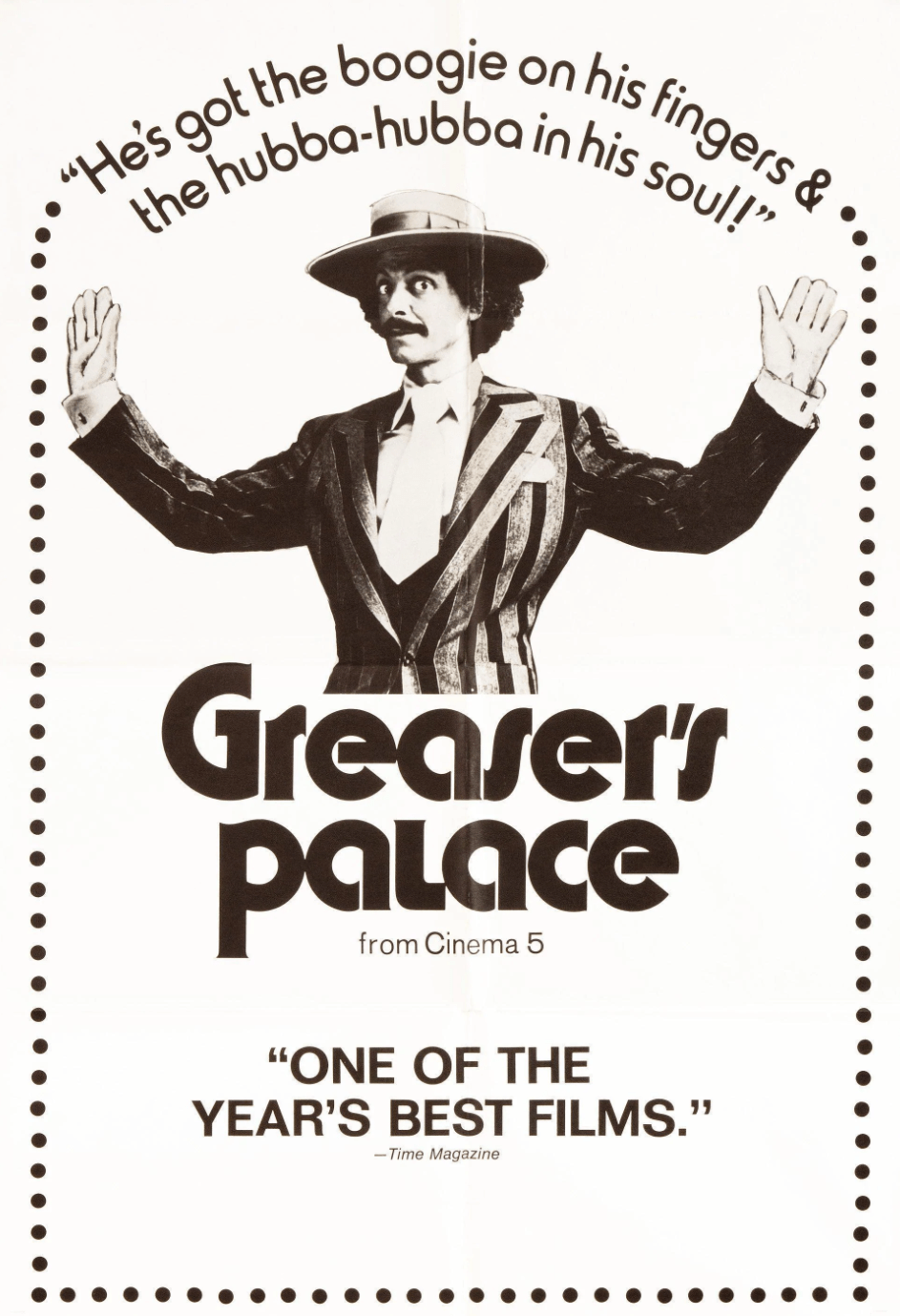
Greaser’s Palace
- The Criterion Channel
- Wikipedia
- Letterboxd
- Village Voice (1972)
- 366 Weird Movies
- BadMovies.org
- Cinema Sojourns
- Dennis Schwarz
- Every 70s Movie
- The A.V. Club
- The Spinning Image
- TCM
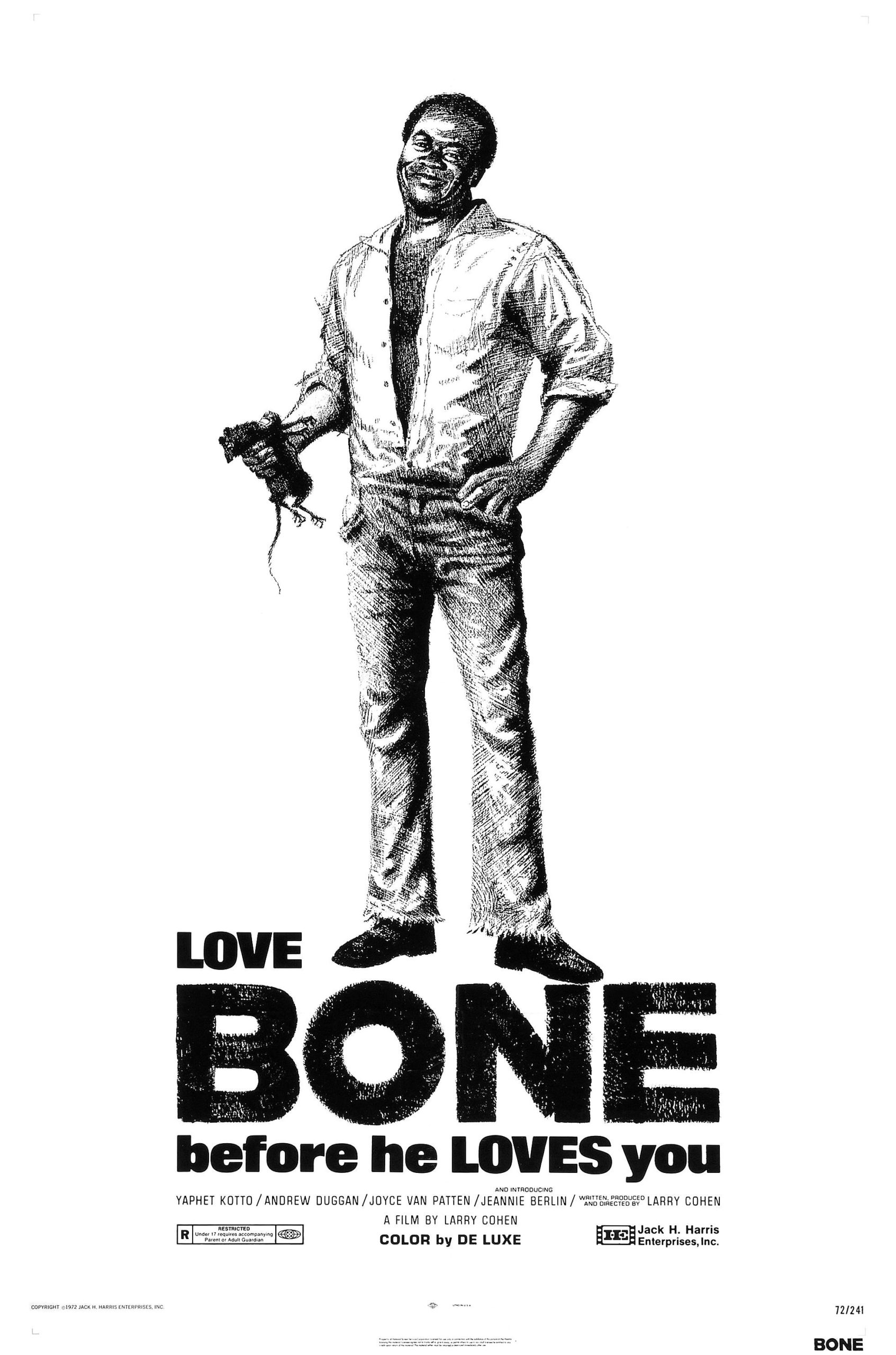
Bone
- The Criterion Channel
- Wikipedia
- Letterboxd
- Larry Cohen Filmmaker
- B & S About Movies
- Cinepassion
- Dennis Schwarz
- Every 70s Movie
- Jerry Saravia
- Obsessive Movie Nerd
- Yellow Barrel
PREVIOUSLY:
THE CANTERBURY TALES
UP NEXT:
BLACULA
MORE!
- Criterion Reflections blog (1922 – 1967)
- Criterion Reflections columns on CriterionCast (1968)
- The Eclipse Viewer
- A Journey Through the Eclipse Series
CONTACT US:
- David Blakeslee [ Twitter / Website / Facebook / Letterboxd ]
- Richard Doyle [ Letterboxd ]
- David Seeley [ Facebook
 ]
]
Criterion Reflections – Episode 125 – Pier Paolo Pasolini’s The Canterbury Tales
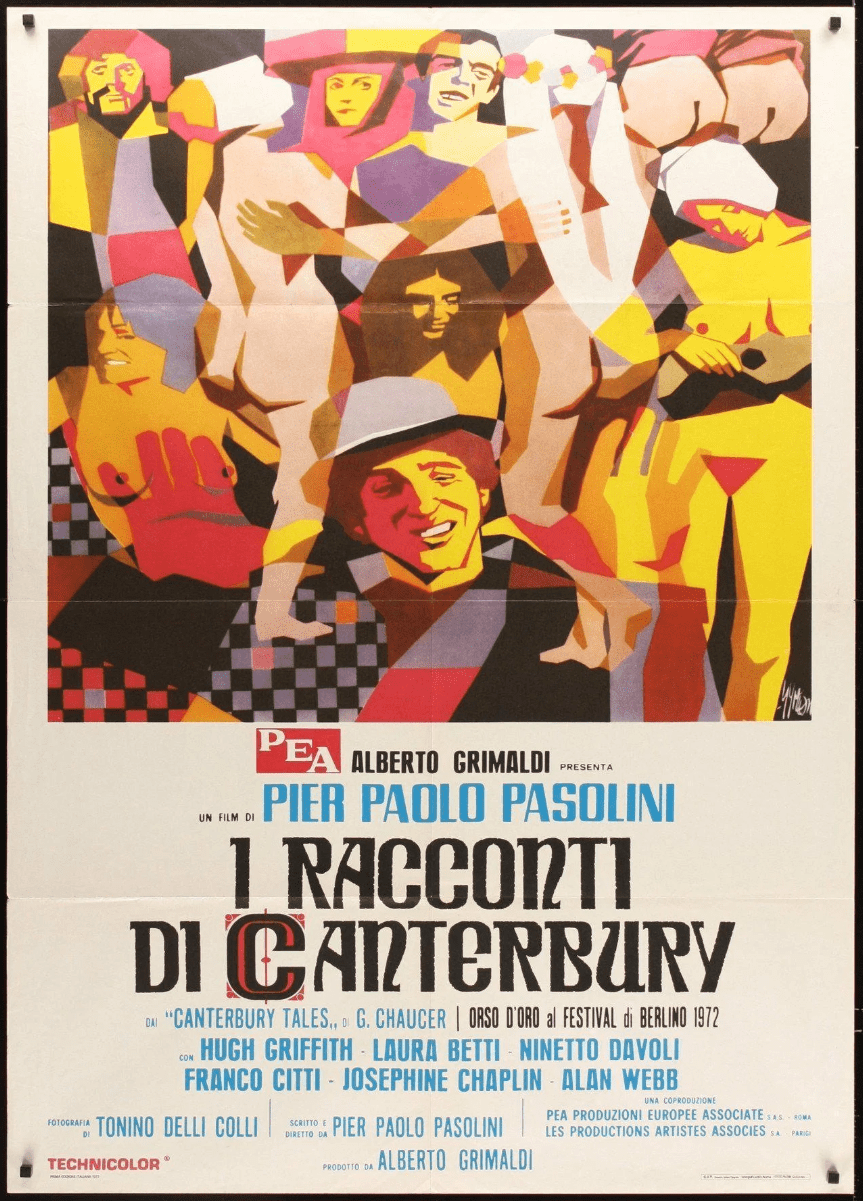
Criterion Reflections is David Blakeslee’s ongoing project to watch all of the films included in the Criterion Collection in chronological order of their original release. Each episode of this third season of the podcast features conversations with a variety of guests offering insights on movies that originally premiered in 1971 and were destined to eventually bear the Criterion imprint. In this episode, David is joined by Dan Humphrey and Brad McDermott to discuss The Canterbury Tales, directed by Pier Paolo Pasolini.
Episode Links:
Pier Paolo Pasolini
- The Criterion Collection
- The Criterion Channel
- Criterion Reflections – Episode 60 – The Decameron
- BFI
- Film Comment (1965 interview)
- New World Encyclopedia
- Poetry Foundation
- TSPDT
The Canterbury Tales (film)
- The Criterion Collection
- Wikipedia
- New York Times (1980)
- Basement Rejects
- Cinepassion
- Criterion Confessions
- Eye for Film
- Midnight Only
- Mondo Digital
- Next Projection
- Not Coming to a Theater Near You
- Ogg’s Movie Thoughts
- Q Network
- Slant
The Canterbury Tales (text)
- Wikipedia
- Canterbury Tales Project
- LibriVox (public domain e-books)
- Project Gutenberg
- World History Encyclopedia
Medieval Art Referenced in the Episode (h/t Brad McDermott)
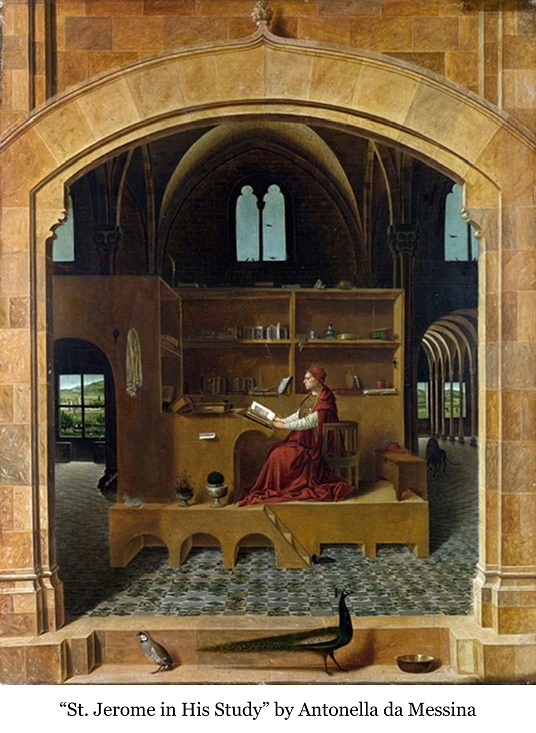
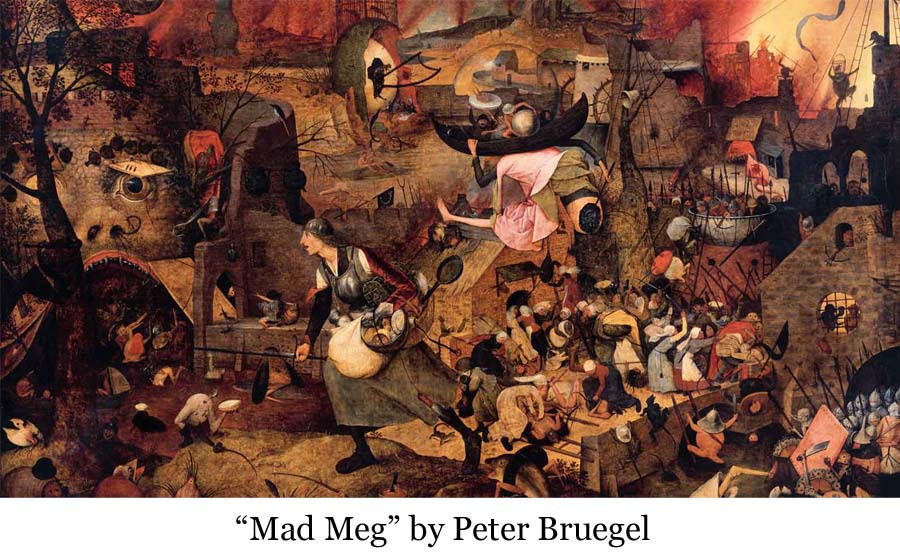
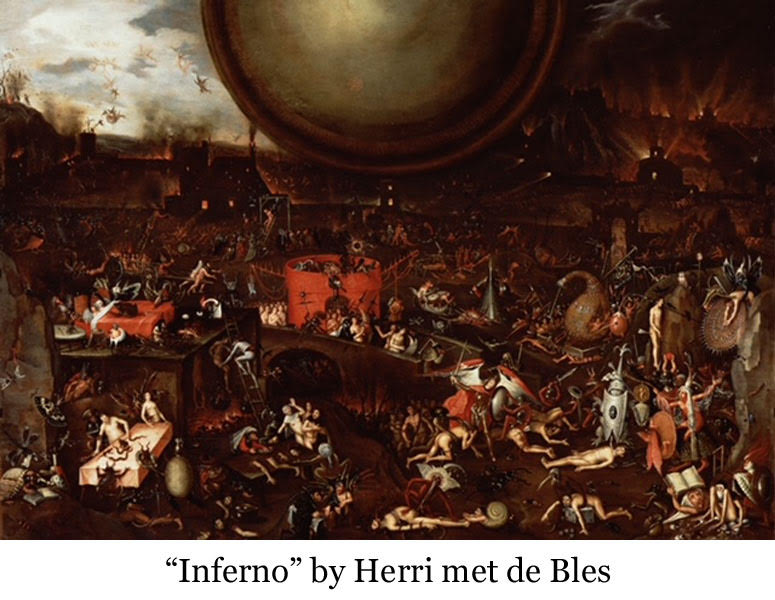
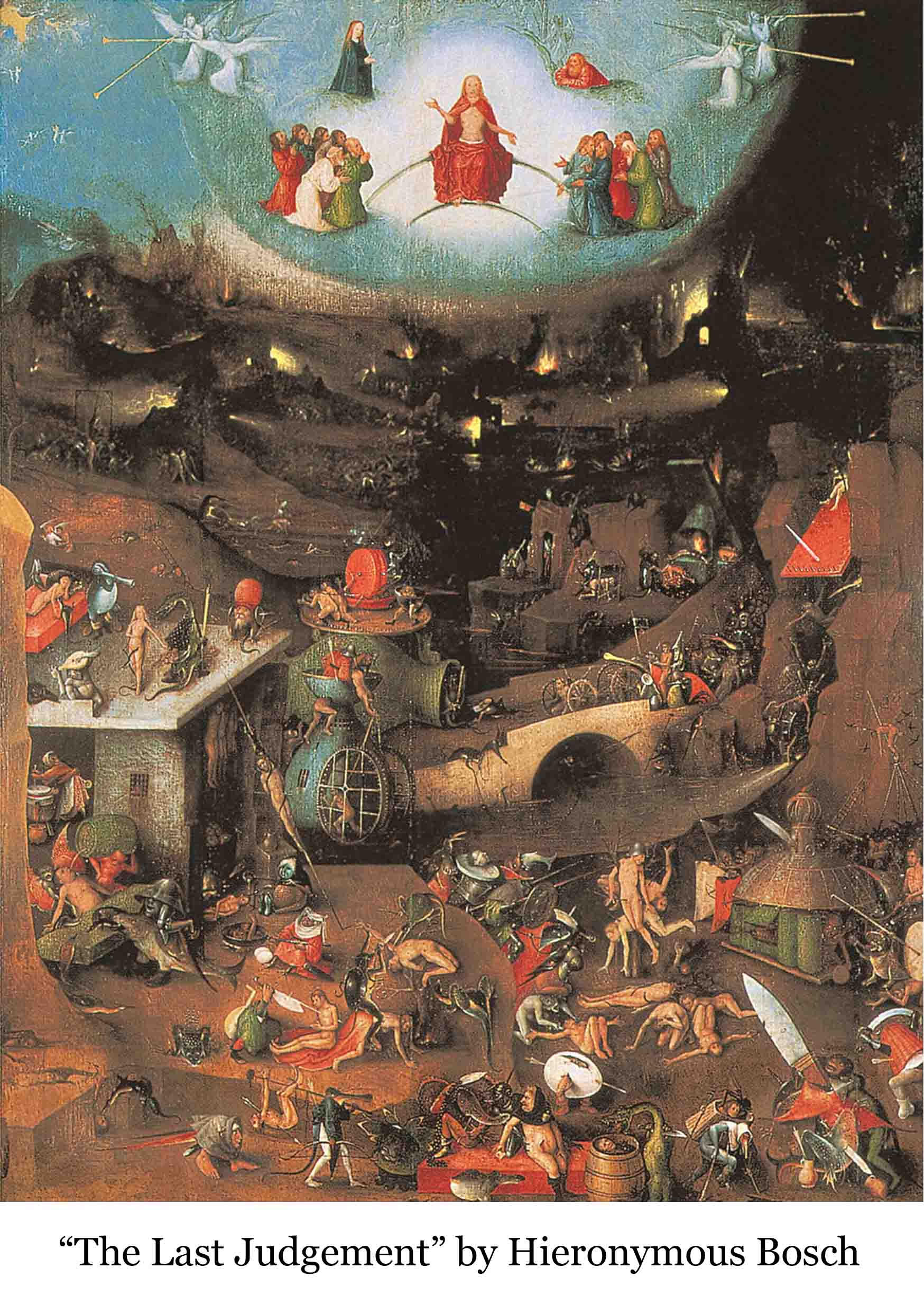
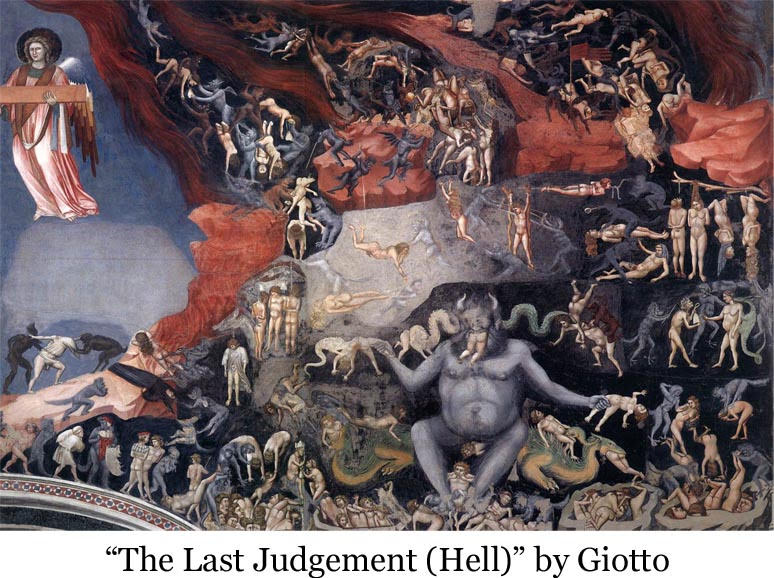
PREVIOUSLY:
THE POSEIDON ADVENTURE
UP NEXT:
CIAO! MANHATTAN / GREASER’S PALACE / BONE
MORE!
- Criterion Reflections blog (1922 – 1967)
- Criterion Reflections columns on CriterionCast (1968)
- The Eclipse Viewer
- A Journey Through the Eclipse Series
CONTACT US:
- David Blakeslee [ Twitter / Website / Facebook / Letterboxd ]
- Dan Humphrey [ Website / Book: Archaic Modernism – Queer Poetics in the Cinema of Pier Paolo Pasolini ]
- Brad McDermott [ Website / Letterboxd / Instagram ]
Criterion Reflections – Episode 124 – Ronald Neame’s The Poseidon Adventure
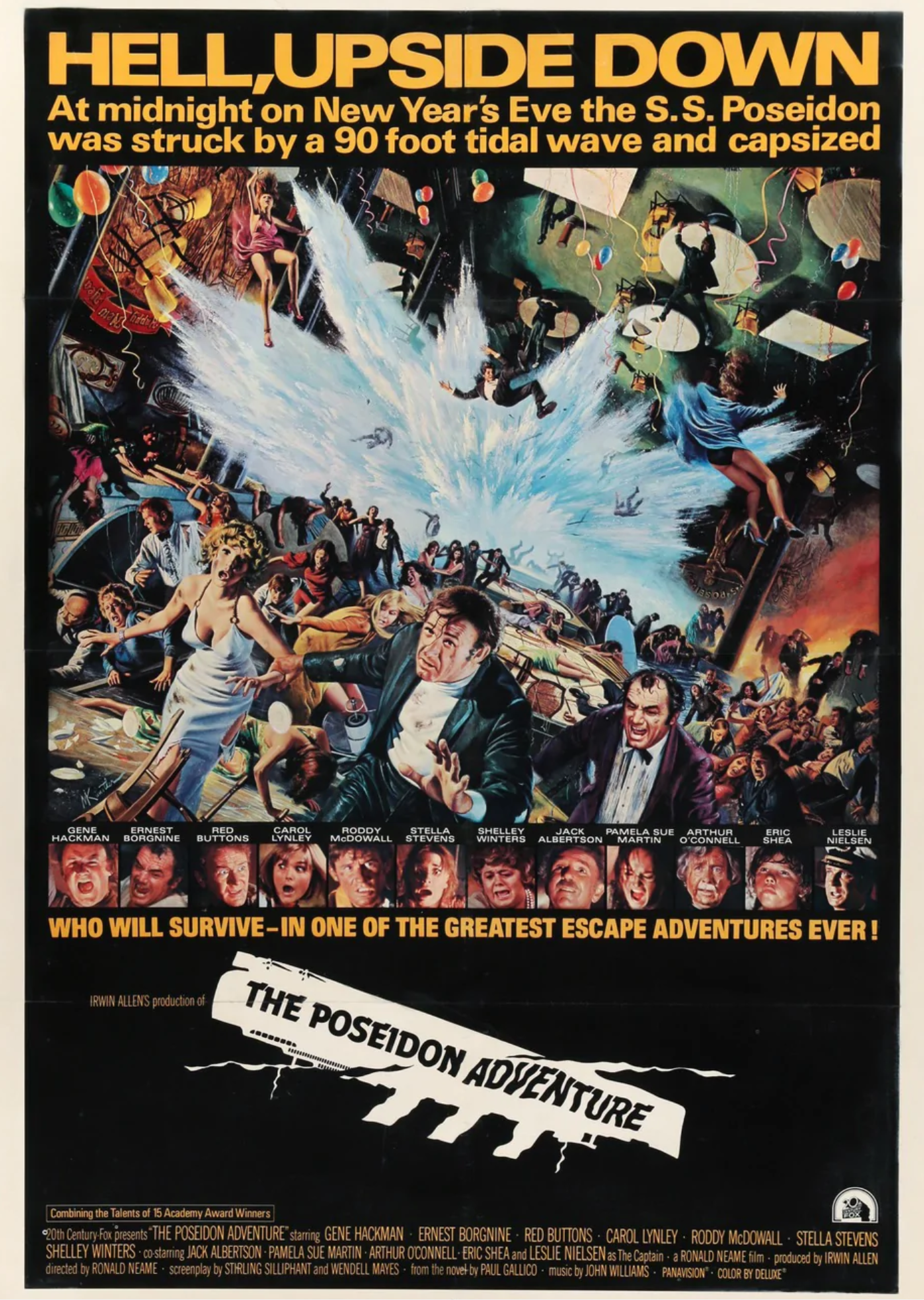
Criterion Reflections is David Blakeslee’s ongoing project to watch all of the films included in the Criterion Collection in chronological order of their original release. This fourth season of the podcast features conversations about movies that originally premiered in 1972 and were destined to eventually receive the Criterion imprimatur. In this episode, David is joined by Richard Doyle and Robert Taylor to discuss The Poseidon Adventure, directed by Ronald Neame. At the time of this recording, the film was streaming on the Criterion Channel in a limited engagement scheduled to end on August 31, 2022.
Ronald Neame
The Poseidon Adventure
- The Criterion Channel
- Letterboxd
- Wikipedia (film)
- Wikipedia (novel, mentioned in episode)
- Irwin Allen News Network
- New York Times (1972)
- Roger Ebert (1972)
- Village Voice (1972)
- The Cavalier Daily (1973)
- Amoeba
- Cinema Essentials
- Cult MTL
- Disaster Movie World
- Every 70s Movie
- Film Fanatic
- Film Freedonia
- Gone With the Twins
- Out of the Past
- Poffy’s Movie Mania
- Reeling Back
- Through the Shattered Lens
- TCM
The Poopsidedown Adventure (Mad Magazine, 1973)
PREVIOUSLY:
SAVAGES
UP NEXT:
THE CANTERBURY TALES
MORE!
- Criterion Reflections blog (1922 – 1967)
- Criterion Reflections columns on CriterionCast (1968)
- The Eclipse Viewer
- A Journey Through the Eclipse Series
CONTACT US:
- David Blakeslee [ Website / TikTok / Facebook / Letterboxd / Instagram/ Twitter ]
- Richard Doyle [ Letterboxd ]
- Robert Taylor [ Website ]
Criterion Reflections – Episode 123 – James Ivory’s Savages
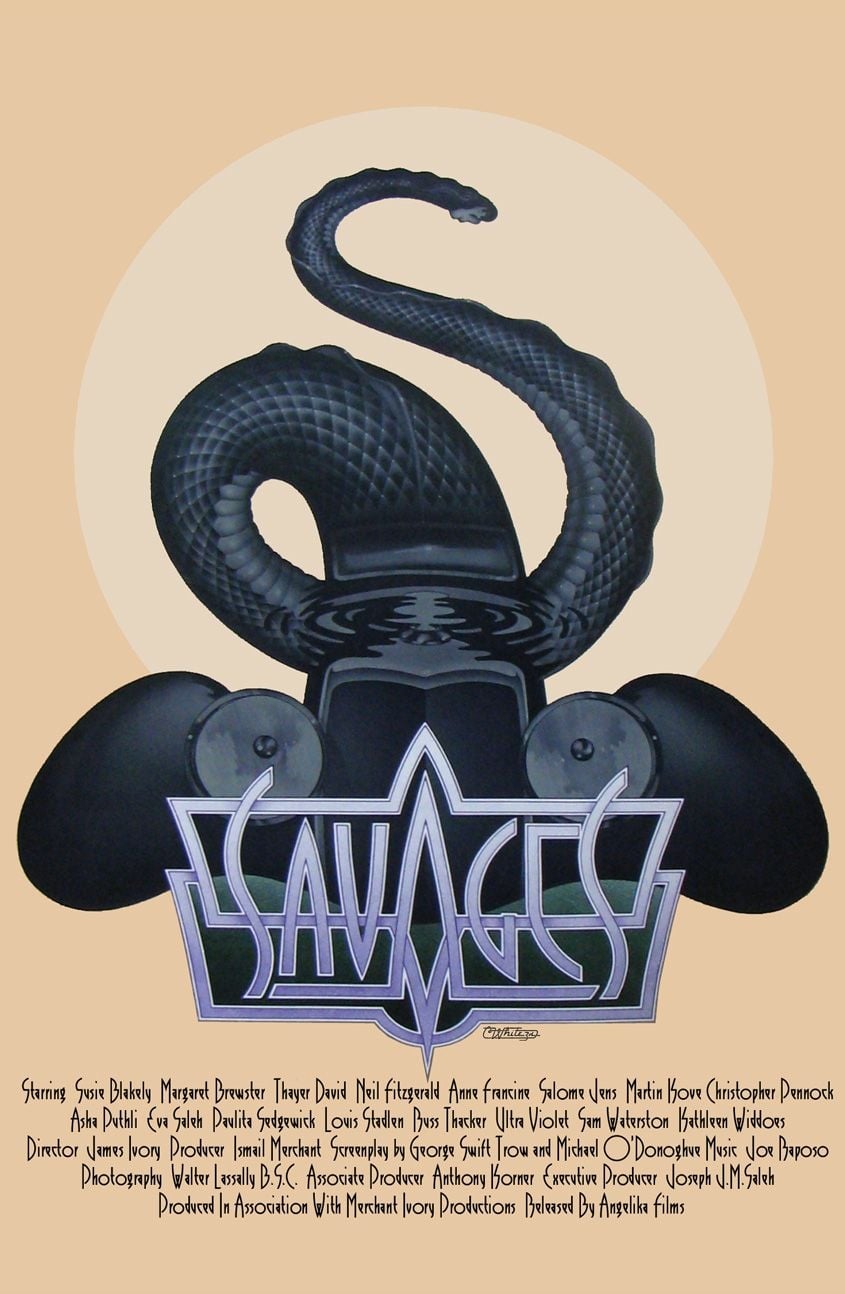
Criterion Reflections is David Blakeslee’s ongoing project to watch all of the films included in the Criterion Collection in chronological order of their original release. This fourth season of the podcast features conversations about movies that originally premiered in 1972 and were destined to eventually receive the Criterion imprimatur. In this episode, David is joined by Daisuke Beppu, Richard Doyle, and Robert Taylor to discuss Savages, directed by James Ivory. The film was previously issued on DVD by the Criterion Collection in 2004 as part of the Merchant Ivory Collection.
James Ivory / Merchant Ivory
- Merchant Ivory (official)
- Letterboxd
- Wikipedia
- The Criterion Collection
- The Criterion Channel
- TCM
- The Guardian (2021 interview)
- New York Times (2021 interview)
- Criterion Reflections, Episode 35: Bombay Talkie
Savages
- Merchant Ivory (official)
- Letterboxd
- Wikipedia
- New York Times (1972)
- Village Voice (1972)
- CineFantastique (1973)
- 366 Weird Movies
- DVD Savant
- Every 70s Movie
- Moria
- Reeling Back
- The Spinning Image
- TCM
PREVIOUSLY:
DRACULA A.D. 1972
UP NEXT:
THE POSEIDON ADVENTURE
MORE!
- Criterion Reflections blog (1922 – 1967)
- Criterion Reflections columns on CriterionCast (1968)
- The Eclipse Viewer
- A Journey Through the Eclipse Series
CONTACT US:
- David Blakeslee [ Website / TikTok / Facebook / Letterboxd / Instagram/ Twitter ]
- Daisuke Beppu [ YouTube / Instagram ]
- Richard Doyle [ Letterboxd ]
- Robert Taylor [ Website ]
Criterion Reflections – Episode 122 – Alan Gibson’s Dracula A.D. 1972
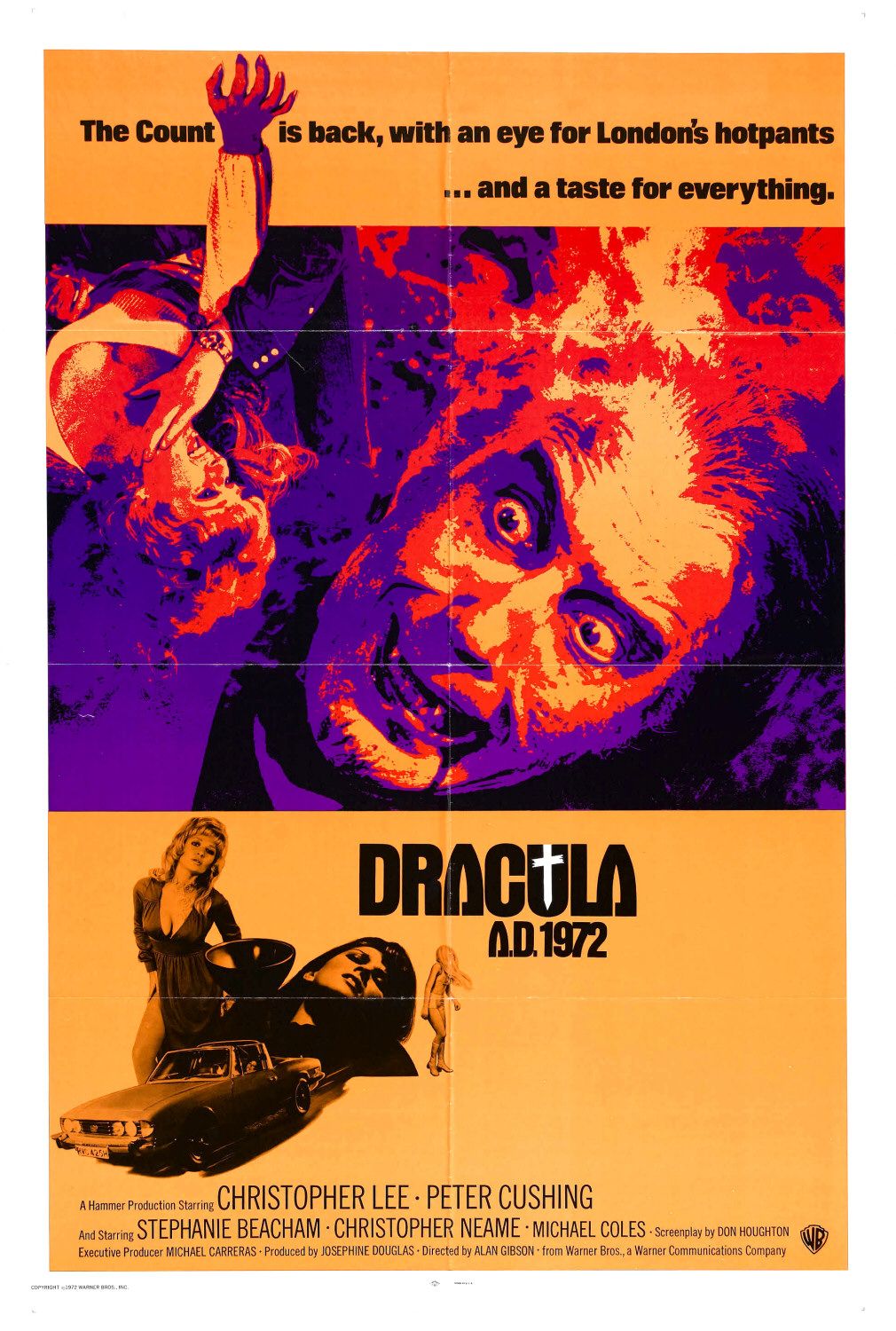
Criterion Reflections is David Blakeslee’s ongoing project to watch all of the films included in the Criterion Collection in chronological order of their original release. This fourth season of the podcast features conversations about movies that originally premiered in 1972 and were destined to eventually receive the Criterion imprimatur. In this episode, David is joined by Richard Doyle to discuss Dracula A.D. 1972, directed by Alan Gibson. The film previously streamed on the Criterion Channel, but was not available on that service at the time of this recording.
Hammer Horror
- Hammer Films (official)
- Letterboxd
- Wikipedia
- BFI
- Bloody Disgusting
- Film School Rejects
- Gizmodo
- ScreenRant
Dracula A.D. 1972
- Letterboxd
- Wikipedia
- Roger Ebert (1972)
- AFI
- After Movie Diner
- Alfred Eaker
- Cereal at Midnight
- Classic Horror
- Daily Dead
- DVD Talk
- Every 70s Movie
- Film Blitz
- Films from Beyond the Time Barrier
- Final Girl
- Good Efficient Butchery
- Horror Cult Films
- Watching Classic Movies
- We Are Cult
PREVIOUSLY:
THE BITTER TEARS OF PETRA VON KANT
UP NEXT:
SAVAGES
MORE!
- Criterion Reflections blog (1922 – 1967)
- Criterion Reflections columns on CriterionCast (1968)
- The Eclipse Viewer
- A Journey Through the Eclipse Series
CONTACT US:
- David Blakeslee [ Website / TikTok / Facebook / Letterboxd / Instagram/ Twitter ]
- Richard Doyle [ Letterboxd ]
Criterion Reflections – Episode 121 – Rainer Werner Fassbinder’s The Bitter Tears of Petra von Kant
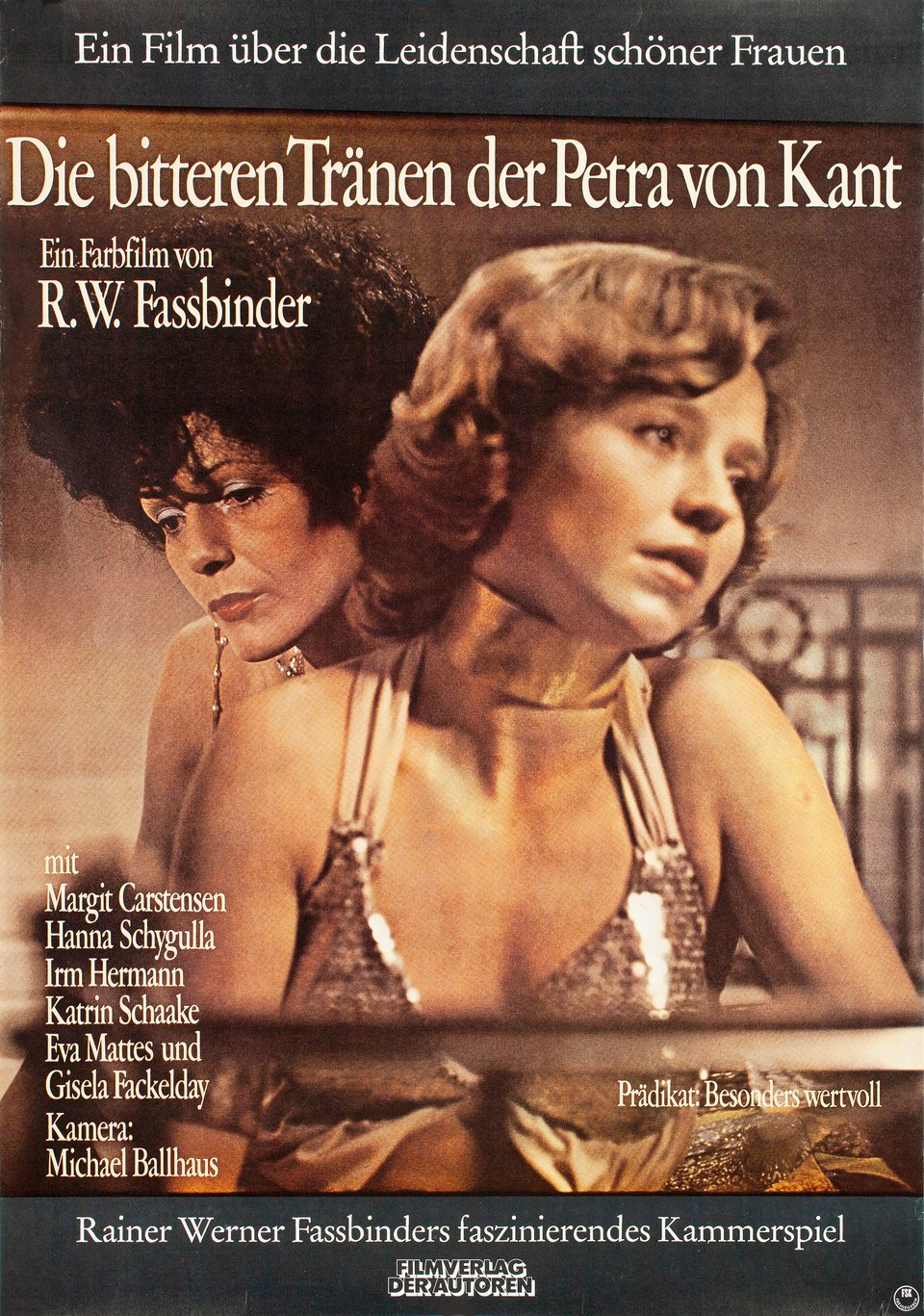
Criterion Reflections is David Blakeslee’s ongoing project to watch all of the films included in the Criterion Collection in chronological order of their original release. This fourth season of the podcast features conversations about movies that originally premiered in 1972 and were destined to eventually receive the Criterion imprimatur. In this episode, David is joined by Josh Hornbeck, Derek J. Power, William Remmers and first-time guest Brian Howell to discuss The Bitter Tears of Petra von Kant, directed by Rainer Werner Fassbinder.
Rainer Werner Fassbinder
- The Criterion Collection
- The Criterion Channel
- Letterboxd
- Wikipedia
- JustWatch
- Fassbinder Foundation
- Slate
- TSPDT
The Bitter Tears of Petra von Kant
- The Criterion Collection
- The Criterion Channel
- Letterboxd
- Wikipedia
- JustWatch
- New York Times (1973)
- Village Voice (1973)
- A Sharper Focus
- Battleship Pretension
- Criterion Confessions
- Dennis Schwarz
- Every 70s Movie
- Film Freedonia
- PopMatters
- TCM
PREVIOUSLY:
BEWARE! THE BLOB
UP NEXT:
DRACULA 1972 A.D.
MORE!
- Criterion Reflections blog (1922 – 1967)
- Criterion Reflections columns on CriterionCast (1968)
- The Eclipse Viewer
- A Journey Through the Eclipse Series
CONTACT US:
- David Blakeslee [ Website / TikTok / Facebook / Letterboxd / Instagram/ Twitter ]
- Josh Hornbeck [ Website / Twitter / Instagram / Letterboxd ]
- Brian Howell [ Facebook / Twitter / Latest Writing / Story Collection (coming soon) / Amazon / Zagava (publisher) ]
- Derek J. Power [ Website ]
- William Remmers [ Twitter / Instagram / Letterboxd ]
Criterion Reflections – Episode 120 – Larry Hagman’s Beware! The Blob
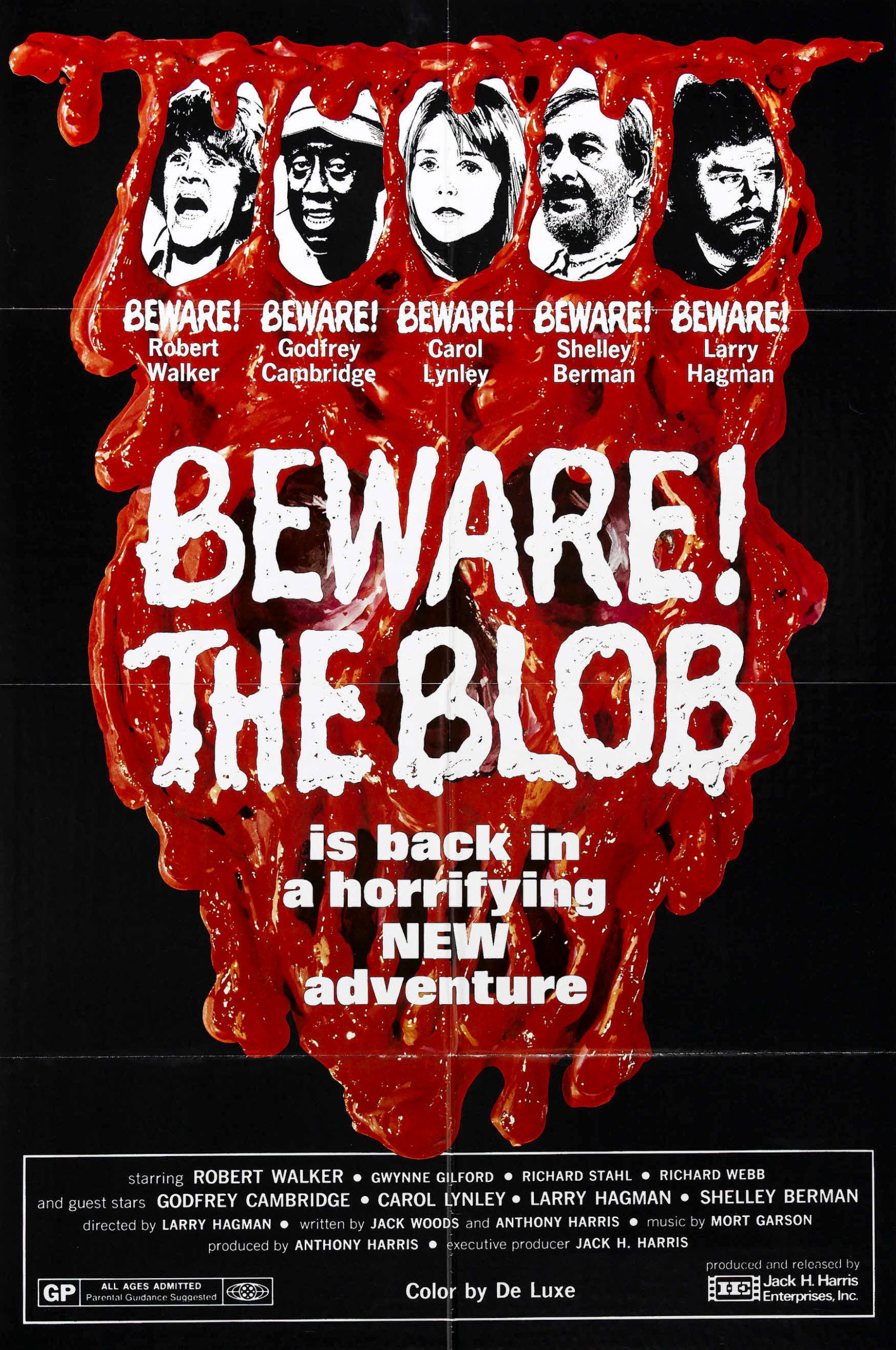
Criterion Reflections is David Blakeslee’s ongoing project to watch all of the films included in the Criterion Collection in chronological order of their original release. This fourth season of the podcast features conversations about movies that originally premiered in 1972 and were destined to eventually receive the Criterion imprimatur. In this episode, David is joined by Richard Doyle and Jim Tudor to discuss Beware! The Blob, directed by Larry Hagman, which was available on the Criterion Channel streaming service for a limited run in 2020, but not at the time of this recording.
Larry Hagman
- Letterboxd
- Wikipedia
- JustWatch
- LarryHagman.com (official)
Jack H. Harris
Beware! The Blob
- Letterboxd
- Wikipedia
- JustWatch
- AFI
- Black Horror Movies
- Blu-ray.com
- Classic Horror
- Classic SciFi
- Monster Movie Music
- ZekeFilm
PREVIOUSLY:
SHAFT’S BIG SCORE!
UP NEXT:
THE BITTER TEARS OF PETRA VON KANT
MORE!
- Criterion Reflections blog (1922 – 1967)
- Criterion Reflections columns on CriterionCast (1968)
- The Eclipse Viewer
- A Journey Through the Eclipse Series
CONTACT US:
- David Blakeslee [ Website / TikTok / Facebook / Letterboxd / Instagram/ Twitter ]
- Richard Doyle [ Letterboxd ]
- Jim Tudor [ Website / Facebook / Twitter ]
Criterion Reflections – Episode 119 – Gordon Parks’ Shaft’s Big Score!
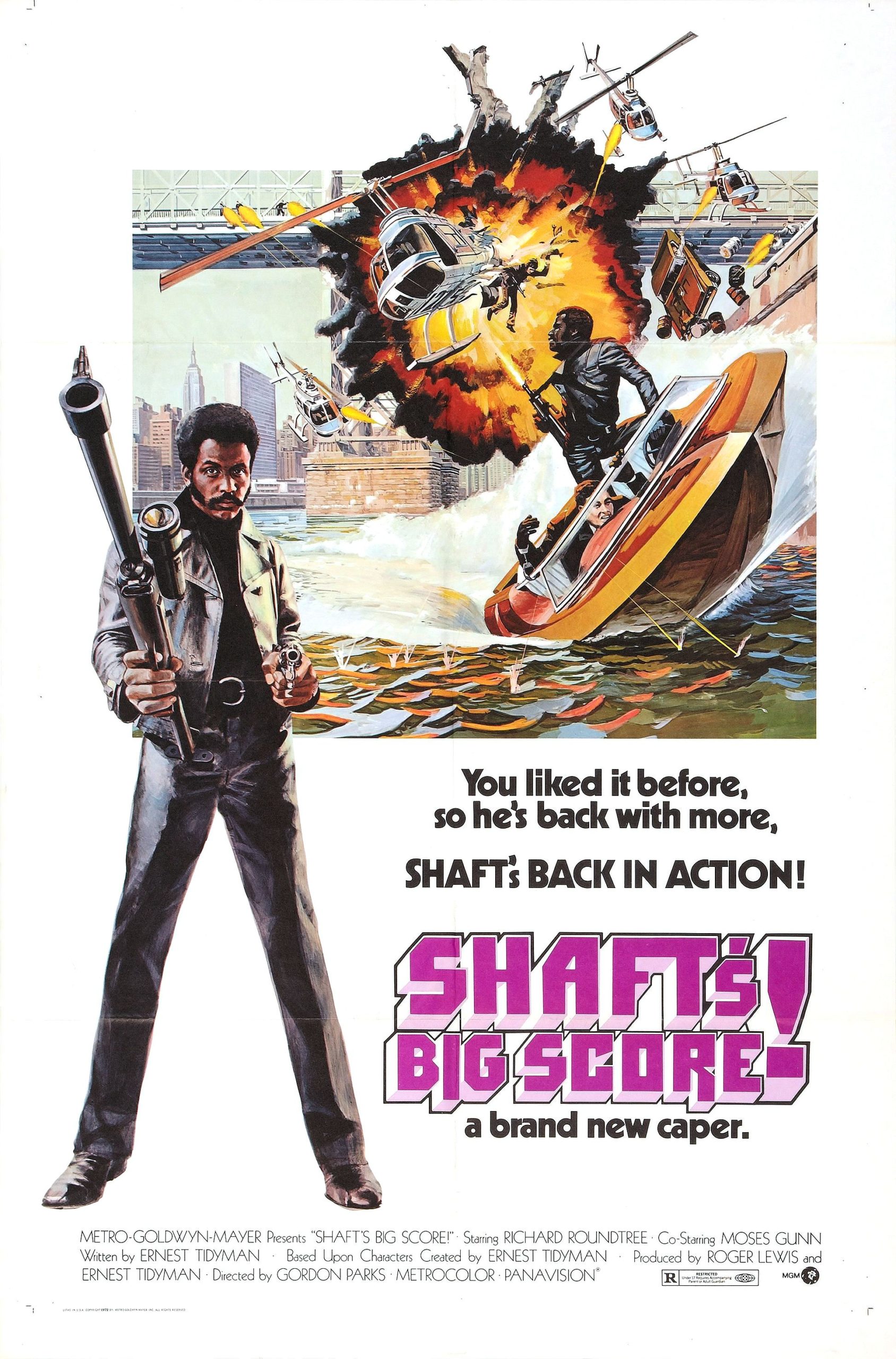
Criterion Reflections is David Blakeslee’s ongoing project to watch all of the films included in the Criterion Collection in chronological order of their original release. This fourth season of the podcast features conversations about movies that originally premiered in 1972 and were destined to eventually receive the Criterion imprimatur. In this episode, David is joined by Richard Doyle and Jason Beamish to discuss Shaft’s Big Score!, directed by Gordon Parks. We also discuss a bonus title from 1972, Top of the Heap, directed by and starring Christopher St. John. Both films were available on the Criterion Channel streaming service at the time of this recording.
Gordon Parks
- The Criterion Collection
- The Criterion Channel
- Letterboxd
- Wikipedia
- JustWatch
- The Gordon Parks Foundation
- ArtNet
- International Center of Photography
- Life Magazine
- National Gallery of Art
- New York Times (obituary)
Shaft’s Big Score
- The Criterion Collection
- The Criterion Channel
- Letterboxd
- Wikipedia
- JustWatch
- New York Times (1972)
- Roger Ebert (1972)
- Attack of the 50 Foot DVD
- Blu-ray.com
- Derek Winnert
- DVD Talk
- Expelled Grey Matter
- Marc Fusion
- Mondo Bizarro
- Rotten Reelz
- The Spinning Image
- TCM
- Vern’s Reviews
Top of the Heap
- The Criterion Channel
- Letterboxd
- Wikipedia
- JustWatch
- New York Times (1972)
- Cool Ass Cinema
- Marc Fusion
- Mondo Digital
- Outlaw Vern
- Shock Cinema
Ice-T’s Guide to Blaxploitation:
PREVIOUSLY:
THE WAY OF THE DRAGON
UP NEXT:
BEWARE! THE BLOB a.k.a. SON OF BLOB
MORE!
- Criterion Reflections blog (1922 – 1967)
- Criterion Reflections columns on CriterionCast (1968)
- The Eclipse Viewer
- A Journey Through the Eclipse Series
CONTACT US:
- David Blakeslee [ Website / TikTok / Facebook / Letterboxd / Instagram/ Twitter ]
- Jason Beamish [ Film Ruminations / Twitter ]
- Richard Doyle [ Letterboxd ]
Criterion Reflections – Episode 118 – Bruce Lee’s The Way of the Dragon
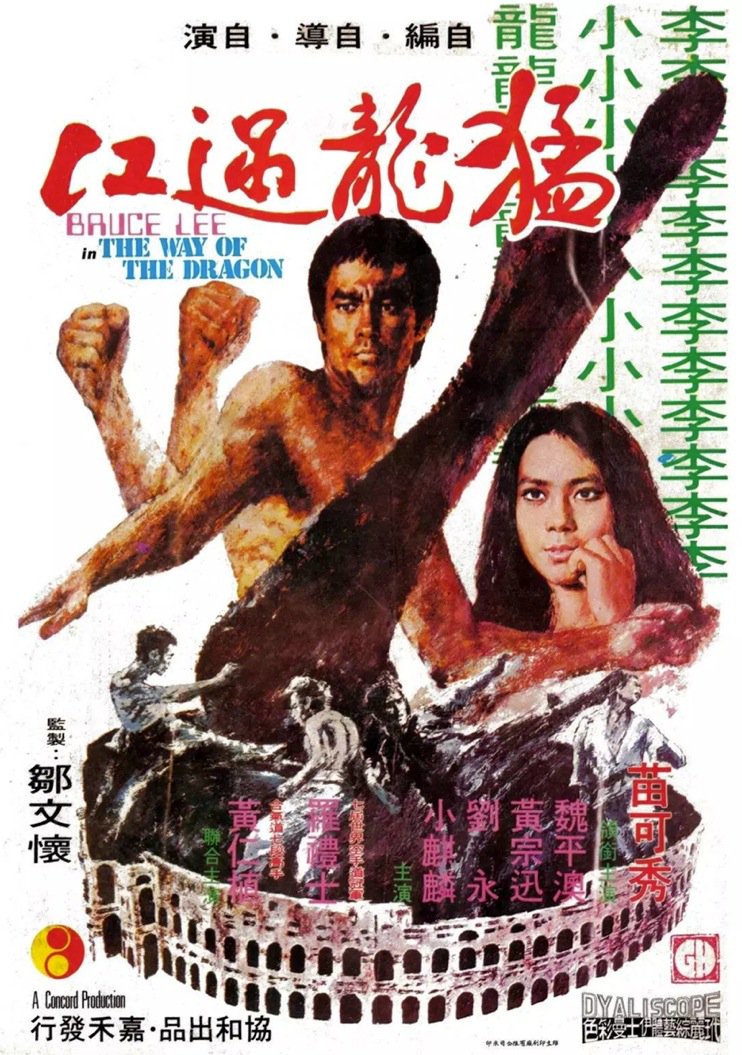
Criterion Reflections is David Blakeslee’s ongoing project to watch all of the films included in the Criterion Collection in chronological order of their original release. This fourth season of the podcast features conversations about movies that originally premiered in 1972 and were destined to eventually receive the Criterion imprimatur. In this episode, David is joined by Richard Doyle and Michael Worth to discuss The Way of the Dragon, directed by and starring Bruce Lee.
Bruce Lee
- The Criterion Collection
- Letterboxd
- Wikipedia
- JustWatch
- BruceLee.com (official)
- Bruce Lee Foundation
- The Atlantic
- CNN
- NBC (dispute between Shannon Lee and Quentin Tarantino)
- The Ringer
- The Undefeated
- Vulture (ranking of all films in which Bruce Lee appeared)
The Way of the Dragon
- The Criterion Collection
- Letterboxd
- Wikipedia
- JustWatch
- New York Times (1974)
- Roger Ebert (1974)
- Asian Movie Pulse
- Battleship Pretension
- DoBlu
- Every 70s Movie
- Horror Cult Films
- Jerry Saravia
- Kung Fu Kingdom
- Martial Arts & Action Movies
- Midnight Only
- The Movie Buff
- Screen Anarchy
- Silver Emulsion
- Through the Shattered Lens
- VHS Revival
- World Film Geek
PREVIOUSLY:
Z.P.G./HUNGRY WIVES aka SEASON OF THE WITCH
UP NEXT:
SHAFT’S BIG SCORE!
MORE!
- Criterion Reflections blog (1922 – 1967)
- Criterion Reflections columns on CriterionCast (1968)
- The Eclipse Viewer
- A Journey Through the Eclipse Series
CONTACT US:
- David Blakeslee [ Website / TikTok / Facebook / Letterboxd / Instagram/ Twitter ]
- Richard Doyle [ Letterboxd ]
- Michael Worth [ Twitter / Instagram / The Pearl River Collection / The Bruceploitation Blog ]
Criterion Reflections – Episode 117 – Michael Campus’s Z.P.G. and George A. Romero’s Hungry Wives a.k.a. Season of the Witch
Criterion Reflections is David Blakeslee’s ongoing project to watch all of the films included in The Criterion Collection in chronological order of their original release. This fourth season of the podcast features conversations about movies that originally premiered in 1972 and were destined to eventually receive the Criterion imprimatur. In this episode, David is joined by Richard Doyle to discuss Z.P.G., directed by Michael Campus, and Hungry Wives (also released as Season of the Witch), directed by George Romero. At the time this episode was recorded, neither of the films were featured on the Criterion Channel, but they were available on the streaming service in years past.
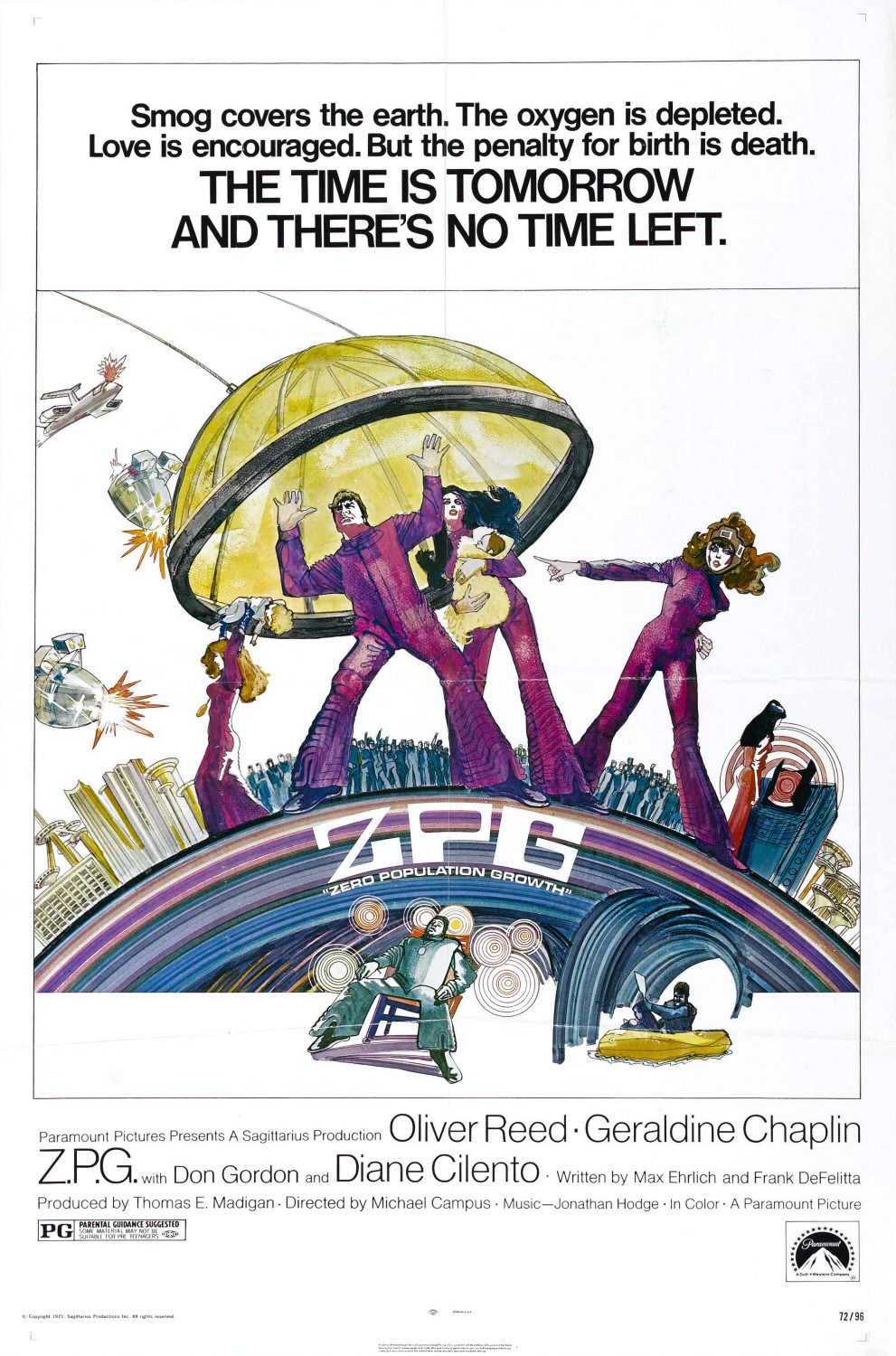
Michael Campus
- Wikipedia
- Letterboxd
- JustWatch
- Los Angeles Times (obituary)
- Variety (obituary)
Z.P.G.
- Daily Motion – Part 1 / Part 2
- Wikipedia
- Letterboxd
- JustWatch
- CineFantastique (1971)
- New York Times (1971)
- Village Voice (1971)
- Classic Sci-Fi Movies
- Daily Film Dose
- The EOFFTV Review
- Fulvue Drive-In
- Moria Reviews
- John Kenneth Muir
- Rock! Shock! Pop!
- Scopophilia
- The Spinning Image
- The Video Vacuum
- ZekeFilm
George A. Romero
- The Criterion Collection
- The Criterion Channel
- Wikipedia
- Letterboxd
- JustWatch
- Official George Romero
- George A. Romero Foundation
Hungry Wives/Season of the Witch
- Tubi
- Wikipedia
- Letterboxd
- JustWatch
- CageyFilms
- The Celluloid Highway
- CinePassion
- Death Ensemble
- DiscLand
- The Eclectic Screening Room
- Electric Sheep
- Every 70s Movie
- Eye for Film
- Films from Beyond the Time Barrier
- The Internet is in America
- Moria Reviews
PREVIOUSLY:
THE PIED PIPER
UP NEXT:
THE WAY OF THE DRAGON
MORE!
- Criterion Reflections blog (1922 – 1967)
- Criterion Reflections columns on CriterionCast (1968)
- The Eclipse Viewer
- A Journey Through the Eclipse Series
CONTACT US:
- David Blakeslee [ Website / TikTok / Facebook / Letterboxd / Instagram/ Twitter ]
- Richard Doyle [ Letterboxd ]
Criterion Reflections – Episode 116 – Jacques Demy’s The Pied Piper

Criterion Reflections is David Blakeslee’s ongoing project to watch all of the films included in The Criterion Collection in chronological order of their original release. This fourth season of the podcast features conversations about movies that originally premiered in 1972 and were destined to eventually receive the Criterion imprimatur. In this episode, David is joined by Robert Cioffi, Dan Humphrey and William Remmers to discuss The Pied Piper, directed by Jacques Demy. At the time this episode was recorded, The Pied Piper was not featured on the Criterion Channel, but was briefly available when that channel was hosted by FilmStruck back in 2018.
Jacques Demy
- The Criterion Collection
- The Criterion Channel
- Wikipedia
- Letterboxd
- JustWatch
- Film Comment (1971 interview)
- BFI (where to begin)
- Cineccentric
- Film Inquiry
- FrenchFilms.org
- Gagosian Quarterly
- New Wave Film (ranked list)
- Senses of Cinema
- TSPDT
- Queer Enchantments (book mentioned in the episode)
The Pied Piper
- Wikipedia
- Letterboxd
- JustWatch
- New York Times (1972)
- Village Voice (1972)
- CineFantastique (1973)
- Between Productions
- CinePassion
- Dennis Schwarz
- DVD Drive-in
- Forgotten Films
- Gonna Put Me in the Movies
- Moria
- Spinning Image
- TCM
- ZekeFilm
Source Material
- Wikipedia
- Robert Browning
- The Brothers Grimm
- Related Legends
- Hameln.de – Official City Website
PREVIOUSLY:
FRENZY
UP NEXT:
Z.P.G. / HUNGRY WIVES a.k.a. SEASON OF THE WITCH
MORE!
- Criterion Reflections blog (1922 – 1967)
- Criterion Reflections columns on CriterionCast (1968)
- The Eclipse Viewer
- A Journey Through the Eclipse Series
CONTACT US:
Criterion Reflections – Episode 115 – Alfred Hitchcock’s Frenzy

Criterion Reflections is David Blakeslee’s ongoing project to watch all of the films included in The Criterion Collection in chronological order of their original release. This fourth season of the podcast features conversations about movies that originally premiered in 1972 and were destined to eventually receive the Criterion imprimatur. In this episode, David is joined by Richard Doyle and David Seeley to discuss Frenzy, directed by Alfred Hitchcock. At the time this episode was recorded, Frenzy was not featured on the Criterion Channel, but was available on that streaming service in December 2021 and January 2022.
Alfred Hitchcock
- The Criterion Collection
- The Criterion Channel
- Wikipedia
- Letterboxd
- JustWatch
- AlfredHitchcock.com (official)
- Hitchcock.tv
- The Hitchcock Zone
- Senses of Cinema
Frenzy
- Wikipedia
- Letterboxd
- JustWatch
- New York Times (1972)
- Roger Ebert (1972)
- Village Voice – part 1 (1972)
- Village Voice – part 2 (1972)
- The Back Row
- Cold War Film & Culture
- Culture Vulture
- Derek Winnert
- Every 70s Movie
- Horror Cult Films
- Midnight Only
- Moria Reviews
- The Movie Waffler
- Naturalistic! Uncanny! Marvelous!
- The New Yorker
- Only the Cinema
- Ruthless Reviews
- Slant
- The Spinning Image
- Spooky Isles
- World’s Greatest Critic
PREVIOUSLY:
BLAISE PASCAL
UP NEXT:
THE PIED PIPER
MORE!
- Criterion Reflections blog (1922 – 1967)
- Criterion Reflections columns on CriterionCast (1968)
- The Eclipse Viewer
- A Journey Through the Eclipse Series
CONTACT US:
- David Blakeslee [ Website / TikTok / Facebook / Letterboxd / Instagram/ Twitter ]
- Richard Doyle [ Letterboxd ]
- David Seeley [ Facebook
 ]
]
Criterion Reflections – Episode 114 – Roberto Rossellini’s Blaise Pascal
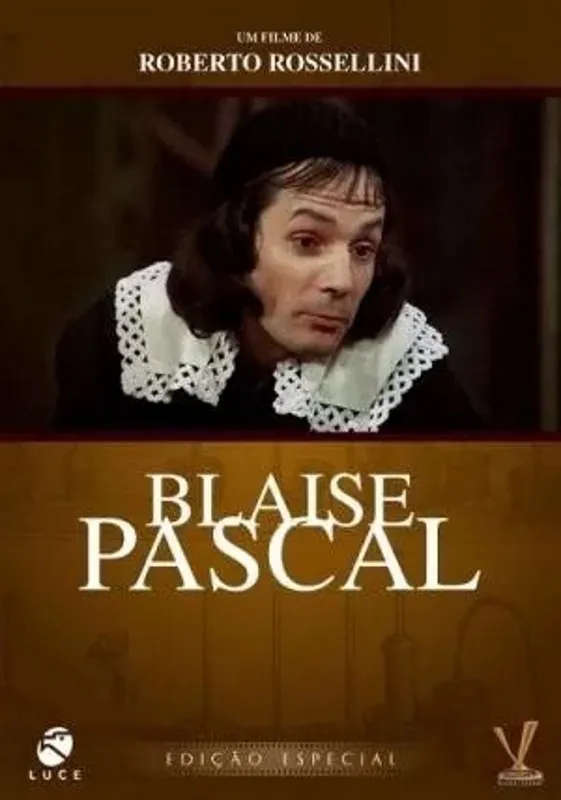
Criterion Reflections is David Blakeslee’s ongoing project to watch all of the films included in The Criterion Collection in chronological order of their original release. This fourth season of the podcast features conversations about movies that originally premiered in 1972 and were destined to eventually receive the Criterion imprimatur. In this episode, David is joined by Richard Doyle to discuss Blaise Pascal, directed by Roberto Rossellini.
Roberto Rossellini
- The Criterion Collection
- The Criterion Channel
- Wikipedia
- Letterboxd
- JustWatch
- Far Out (Beginner’s Guide)
- Senses of Cinema
- TCM
- Through the Clutter (41 films, ranked)
- TSPDT
Blaise Pascal (film)
- The Criterion Collection
- The Criterion Channel
- Letterboxd
- A Journey Through the Eclipse Series
- The Eclipse Viewer
- CinePassion
- Criterion Confessions
- Dennis Schwarz
- French Films
- Global Film Resources
- TCM
- Ways of Seeing
Blaise Pascal (person)
- Wikipedia
- Internet Encyclopedia of Philosophy
- Stanford Encyclopedia of Philosophy
- History-Computer
- BrainyQuote
PREVIOUSLY:
FAT CITY
UP NEXT:
FRENZY
MORE!
- Criterion Reflections blog (1922 – 1967)
- Criterion Reflections columns on CriterionCast (1968)
- The Eclipse Viewer
- A Journey Through the Eclipse Series
CONTACT US:
- David Blakeslee [ Website / TikTok / Facebook / Letterboxd / Instagram/ Twitter ]
- Richard Doyle [ Letterboxd ]
Criterion Reflections – Episode 113 – John Huston’s Fat City
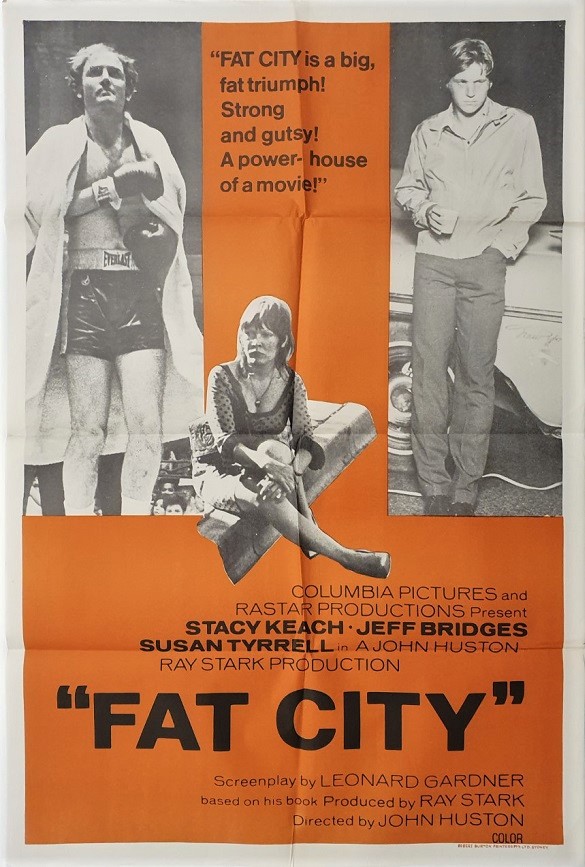
Criterion Reflections is David Blakeslee’s ongoing project to watch all of the films included in The Criterion Collection in chronological order of their original release. This fourth season of the podcast features conversations about movies that originally premiered in 1972 and were destined to eventually receive the Criterion imprimatur. In this episode, David is joined by Alexander Cormier and Richard Doyle to discuss Fat City, directed by John Huston. Fat City has been featured on The Criterion Channel streaming service in the past, but was not available on that platform at the time this episode was recorded and published.
John Huston
- The Criterion Collection
- The Criterion Channel
- Wikipedia
- Letterboxd
- JustWatch
- Geeks
- The Rake
- Senses of Cinema
Fat City (film)
- Prime Video
- Wikipedia
- Letterboxd
- JustWatch
- New York Times (1972)
- Roger Ebert (1972)
- Village Voice (1972 – Mekas)
- Village Voice (1972 – Rosenbaum)
- Village Voice (2009 – Hoberman)
- Village Voice (2015 – Scherstuhl)
- Admit One Film Addict
- The Atlantic
- Austin Chronicle
- Bad Left Hook
- Booze Movies
- Cinema Head Cheese
- Every 70s Movie
- Noir of the Week
- The Latest Picture Show
- TCM
Fat City (novel)
PREVIOUSLY:
THE RULING CLASS
UP NEXT:
BLAISE PASCAL
MORE!
- Criterion Reflections blog (1922 – 1967)
- Criterion Reflections columns on CriterionCast (1968)
- The Eclipse Viewer
- A Journey Through the Eclipse Series
CONTACT US:
- David Blakeslee [ Website / TikTok / Facebook / Letterboxd / Instagram/ Twitter ]
- Alexander Cormier [ Mixcloud / Letterboxd ]
- Richard Doyle [ Letterboxd ]
Criterion Reflections – Episode 112 – Peter Medak’s The Ruling Class
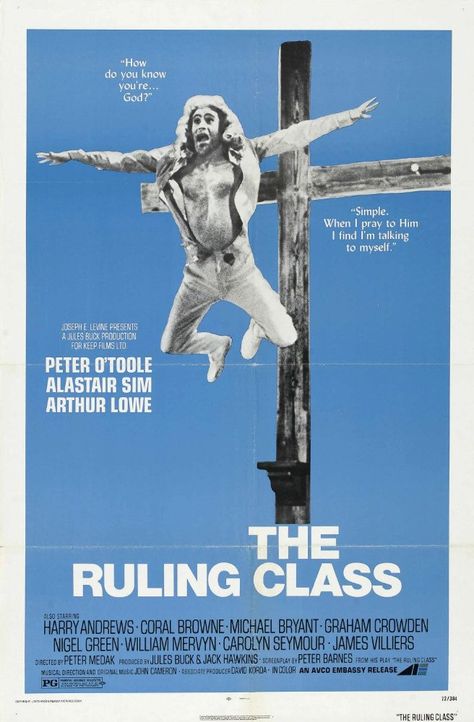
Criterion Reflections is David Blakeslee’s ongoing project to watch all of the films included in The Criterion Collection in chronological order of their original release. This fourth season of the podcast features conversations about movies that originally premiered in 1972 and were destined to eventually receive the Criterion imprimatur. In this episode, David is joined by Jason Beamish and David Seeley to discuss The Ruling Class, directed by Peter Medak.
Peter Medak
- The Criterion Collection
- The Criterion Channel
- Wikipedia
- Letterboxd
- JustWatch
- PeterMedak.net (official)
- Directors Guild of America
- TalkHouse
- Victoria Advocate
The Ruling Class
- The Criterion Collection
- The Criterion Channel
- Wikipedia
- Letterboxd
- The Pittsburgh Press (1972)
- The Village Voice (1972)
- Roger Ebert (1983)
- 366 Weird Movies
- Alfred Eaker
- All Good Movies
- CineOutsider
- Every 70s Movie
- The Film Experience
- Images Journal
- Movie Locations
- OurCulture
- Spectrum Culture
- TCM
- Where the Long Tail Ends
PREVIOUSLY:
WE WON’T GROW OLD TOGETHER
UP NEXT:
FAT CITY
MORE!
- Criterion Reflections blog (1922 – 1967)
- Criterion Reflections columns on CriterionCast (1968)
- The Eclipse Viewer
- A Journey Through the Eclipse Series
CONTACT US:
- David Blakeslee [ Website / TikTok / Facebook / Letterboxd / Instagram/ Twitter ]
- Alexander Cormier [ Mixcloud / Letterboxd ]
- Richard Doyle [ Letterboxd ]
Criterion Reflections – Episode 111 – Maurice Pialat’s We Won’t Grow Old Together
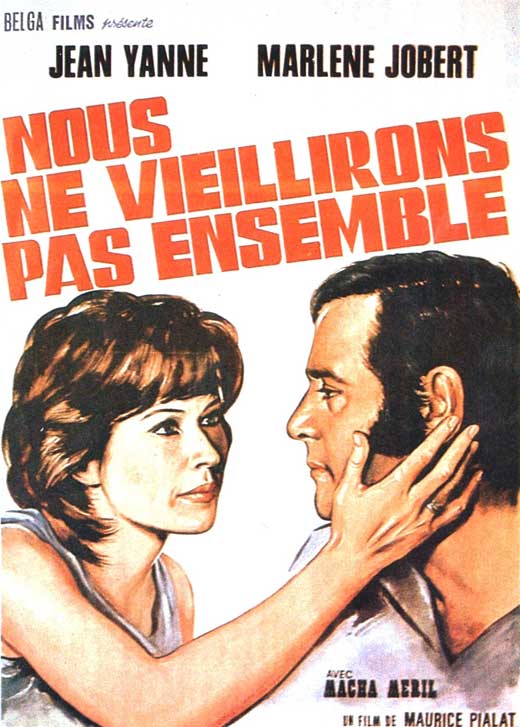
Criterion Reflections is David Blakeslee’s ongoing project to watch all of the films included in The Criterion Collection in chronological order of their original release. This fourth season of the podcast features conversations about movies that originally premiered in 1972 and were destined to eventually receive the Criterion imprimatur. In this episode, David is joined by Jason Beamish and David Seeley to discuss We Won’t Grow Old Together, directed by Maurice Pialat. We Won’t Grow Old Together has been featured on The Criterion Channel streaming service in the past, but was not available on that platform at the time this episode was recorded and published.
Maurice Pialat
- The Criterion Collection
- The Criterion Channel
- Wikipedia
- Letterboxd
- JustWatch
- BFI
- Cineaste
- Film Comment
- French Films
- MUBI
- The New Yorker
We Won’t Grow Old Together
- Kino Lorber
- Wikipedia
- Letterboxd
- Festival de Cannes
- The Dissolve
- Film Comment
- Film School Rejects
- Slant
PREVIOUSLY:
IMAGES
UP NEXT:
THE RULING CLASS
MORE!
- Criterion Reflections blog (1922 – 1967)
- Criterion Reflections columns on CriterionCast (1968)
- The Eclipse Viewer
- A Journey Through the Eclipse Series
CONTACT US:
- David Blakeslee [ Website / TikTok / Facebook / Letterboxd / Instagram/ Twitter ]
- Jason Beamish [ Film Ruminations / Twitter ]
- David Seeley [ Facebook
 ]
]
Criterion Reflections – Episode 110 – Robert Altman’s Images
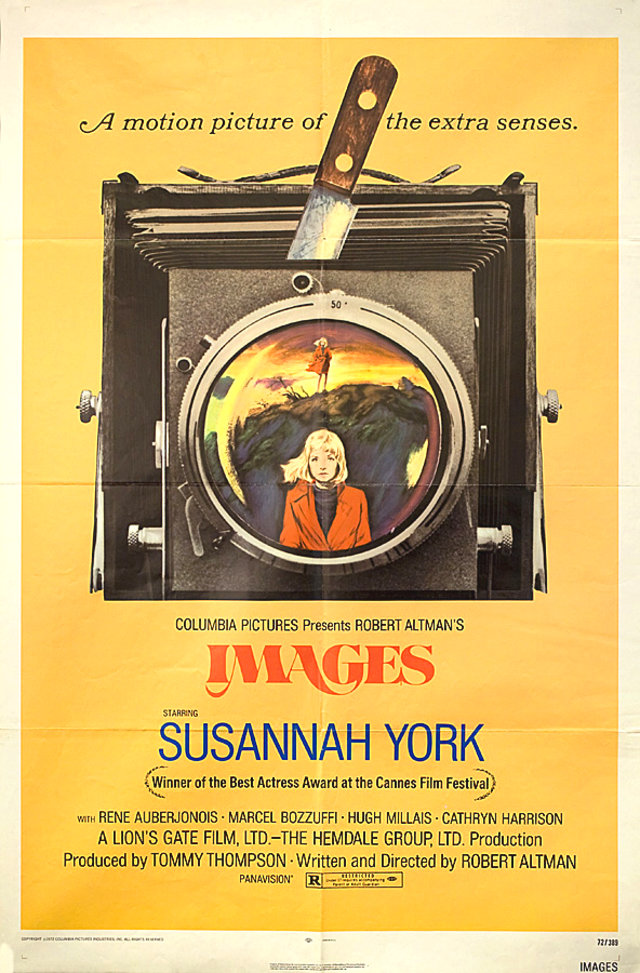
Criterion Reflections is David Blakeslee’s ongoing project to watch all of the films included in The Criterion Collection in chronological order of their original release. This fourth season of the podcast features conversations about movies that originally premiered in 1972 and were destined to eventually receive the Criterion imprimatur. In this episode, David is joined by Brad McDermott to discuss Images, directed by Robert Altman. Images has been featured on The Criterion Channel streaming service in the past, but was not available on that platform at the time this episode was recorded and published.
Robert Altman
- The Criterion Collection
- The Criterion Channel
- Wikipedia
- Letterboxd
- BFI – Where to Begin with Robert Altman
- Cinema Dailies
- Consequence
- Film Comment (1974)
- IndieWire
- Senses of Cinema
- TSPDT
- Vanity Fair (2006)
- New York Times (obituary)
Images
- Arrow Video
- Letterboxd
- Wikipedia
- Festival de Cannes
- The New York Times (1972)
- The Village Voice (1972)
- The Village Voice (1973)
- Roger Ebert (1974)
- 366 Weird Movies
- Cineccentric
- Flickering Myth
- Johnny Compton
- Little White Lies
- Moria
- Nerdly
- PopMatters
- Rock! Shock! Pop!
- Slant
PREVIOUSLY:
LONE WOLF AND CUB [PART 2 ]
UP NEXT:
WE WON’T GROW OLD TOGETHER
MORE!
- Criterion Reflections blog (1922 – 1967)
- Criterion Reflections columns on CriterionCast (1968)
- The Eclipse Viewer
- A Journey Through the Eclipse Series
CONTACT US:
- David Blakeslee [ Website / TikTok / Facebook / Letterboxd / Instagram/ Twitter ]
- Brad McDermott [ Letterboxd / Instagram / YouTube ]
Criterion Reflections – Episode 109 – Lone Wolf and Cub [Part 2]

Criterion Reflections is David Blakeslee’s ongoing project to watch all of the films included in the Criterion Collection in chronological order of their original release. This fourth season of the podcast features conversations about movies that originally premiered in 1972 and were destined to eventually receive the Criterion imprimatur. In this episode, David is joined by Richard Doyle, Jason Beamish and David Seeley to conclude a discussion about the Lone Wolf and Cub series, six films released in Japan between 1972-1974. Part Two of this two-part series covers Baby Cart in Peril, Baby Cart in the Land of Demons and White Heaven in Hell.
The Films
Baby Cart in Peril
Baby Cart in the Land of Demons
White Heaven in Hell
Manga
- Wikipedia
- Graphite Comics (Volumes 1-14 of 28 volume series)
- Dark Horse (Interview with series co-creator Kazuo Koike)
- Humble Bundle Deal – mentioned in the show, good thru 12/1/21!
PREVIOUSLY:
LONE WOLF AND CUB [PART 1 ]
UP NEXT:
IMAGES
MORE!
- Criterion Reflections blog (1922 – 1967)
- Criterion Reflections columns on CriterionCast (1968)
- The Eclipse Viewer
- A Journey Through the Eclipse Series
CONTACT US:
- David Blakeslee [ Website / TikTok / Facebook / Letterboxd / Instagram/ Twitter ]
- Jason Beamish [ Film Ruminations / Twitter ]
- Richard Doyle [ Letterboxd ]
- David Seeley [ Facebook
 ]
]
Criterion Reflections – Episode 108 – Kenji Misumi’s Lone Wolf and Cub [Part 1]
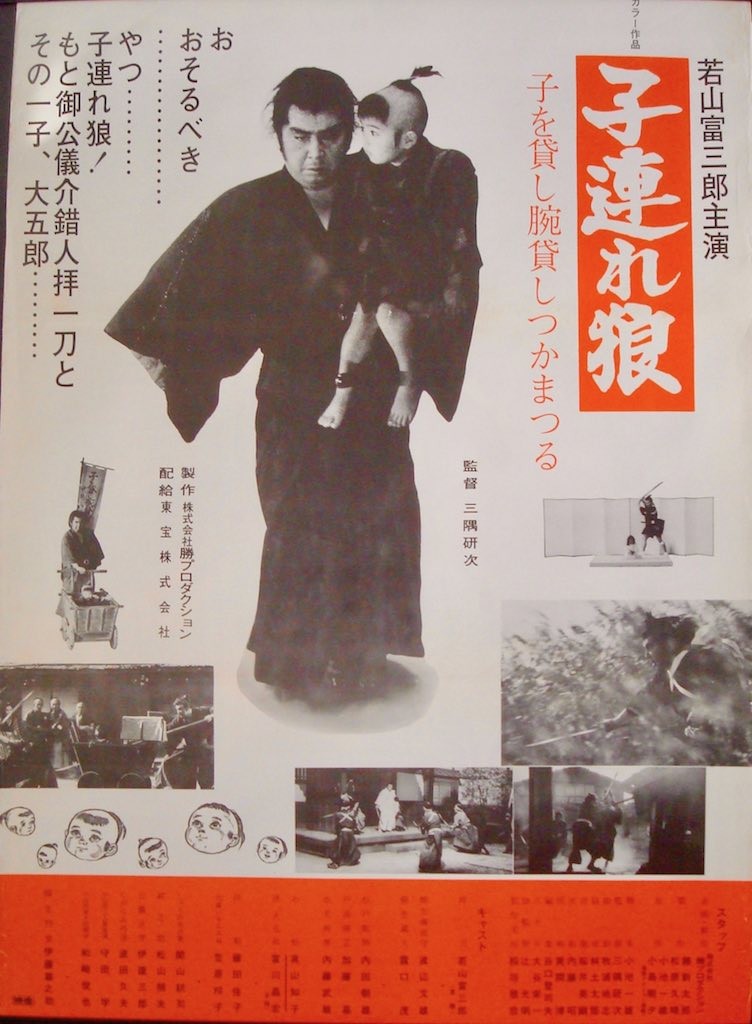
Criterion Reflections is David Blakeslee’s ongoing project to watch all of the films included in the Criterion Collection in chronological order of their original release. This fourth season of the podcast features conversations about movies that originally premiered in 1972 and were destined to eventually receive the Criterion imprimatur. In this episode, David is joined by Richard Doyle, Jason Beamish and David Seeley to begin a discussion about the Lone Wolf and Cub series, six films released in Japan between 1972-1974. Part One of this two-part series covers Sword of Vengeance, Baby Cart at the River Styx and Baby Cart to Hades.
The Films
Kenji Misumi
Sword of Vengeance
Baby Cart at the River Styx
Baby Cart to Hades
Manga
- Wikipedia
- Graphite Comics (Volumes 1-14 of 28 volume series)
- Dark Horse (Interview with series co-creator Kazuo Koike)
- Humble Bundle Deal – mentioned in the show, good thru 12/1/21!
PREVIOUSLY:
TOUT VA BIEN / LETTER TO JANE
UP NEXT:
LONE WOLF AND CUB [Part 2]
MORE!
- Criterion Reflections blog (1922 – 1967)
- Criterion Reflections columns on CriterionCast (1968)
- The Eclipse Viewer
- A Journey Through the Eclipse Series
CONTACT US:
- David Blakeslee [ Website / TikTok / Facebook / Letterboxd / Instagram/ Twitter ]
- Jason Beamish [ Film Ruminations / Twitter ]
- Richard Doyle [ Letterboxd ]
- David Seeley [ Facebook
 ]
]
Criterion Reflections – Episode 107 – Jean-Luc Godard & Jean-Pierre Gorin’s Tout va bien / Letter to Jane
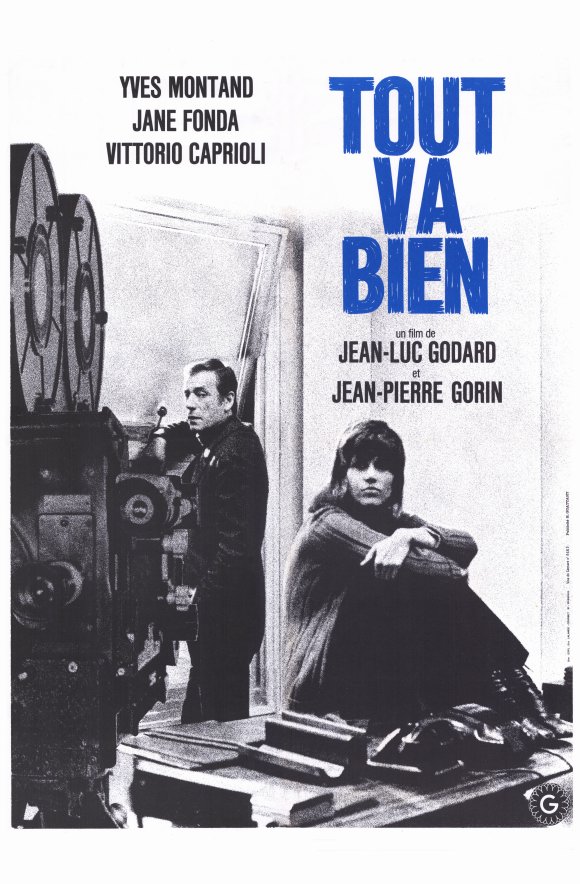
Criterion Reflections is David Blakeslee’s ongoing project to watch all of the films included in the Criterion Collection in chronological order of their original release. This fourth season of the podcast features conversations about movies that originally premiered in 1972 and were destined to eventually receive the Criterion imprimatur. In this episode, David is joined by William Remmers, Derek J. Power and first-time guest Andrew Peirce to discuss Tout va bien and Letter to Jane, both directed by Jean-Luc Godard and Jean-Pierre Gorin. This episode wraps up a three-part miniseries focused on Godard’s work between 1966 and 1972.
Jean-Luc Godard
Jean-Pierre Gorin
Tout va bien
- The Criterion Collection
- The Criterion Channel
- Letterboxd
- Wikipedia
- Jonathan Rosenbaum (1972)
- New York Times (1973)
- Village Voice (1973)
- The Cinema Archives
- Colin Edwards
- DiscLand
- Document Journal
- FrenchFilms.org
- Raging Bull
- Sabzian
- TCM
Letter to Jane
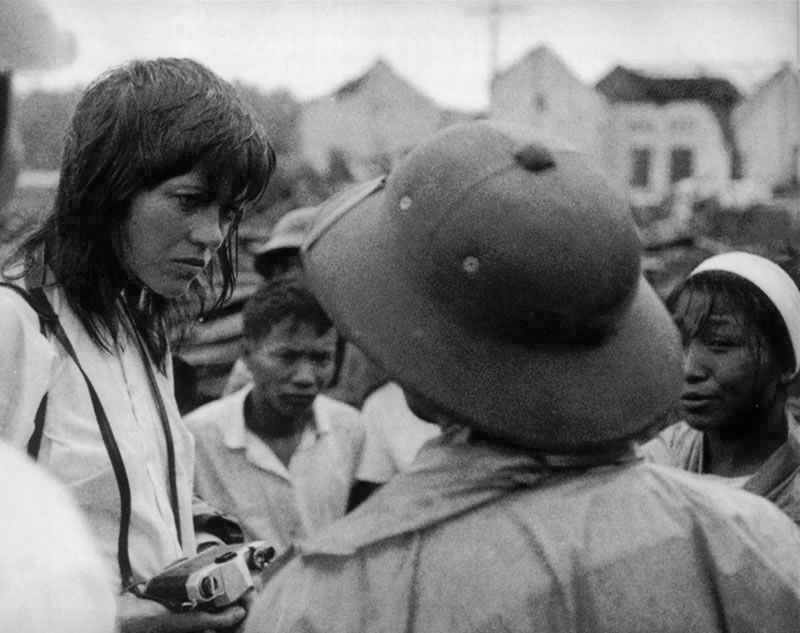
- The Criterion Channel
- Letterboxd
- Wikipedia
- Transcript of the spoken audio track (not accurate)
- Jonathan Rosenbaum (1975)
- Cargo Collective
- Movie Martyr
- Senses of Cinema
- TriQuarterly
PREVIOUSLY:
GODARD 68/71
UP NEXT:
LONE WOLF AND CUB [PART 1]
MORE!
- Criterion Reflections blog (1922 – 1967)
- Criterion Reflections columns on CriterionCast (1968)
- The Eclipse Viewer
- A Journey Through the Eclipse Series
CONTACT US:
En liten tjänst av I'm With Friends. Finns även på engelska.
